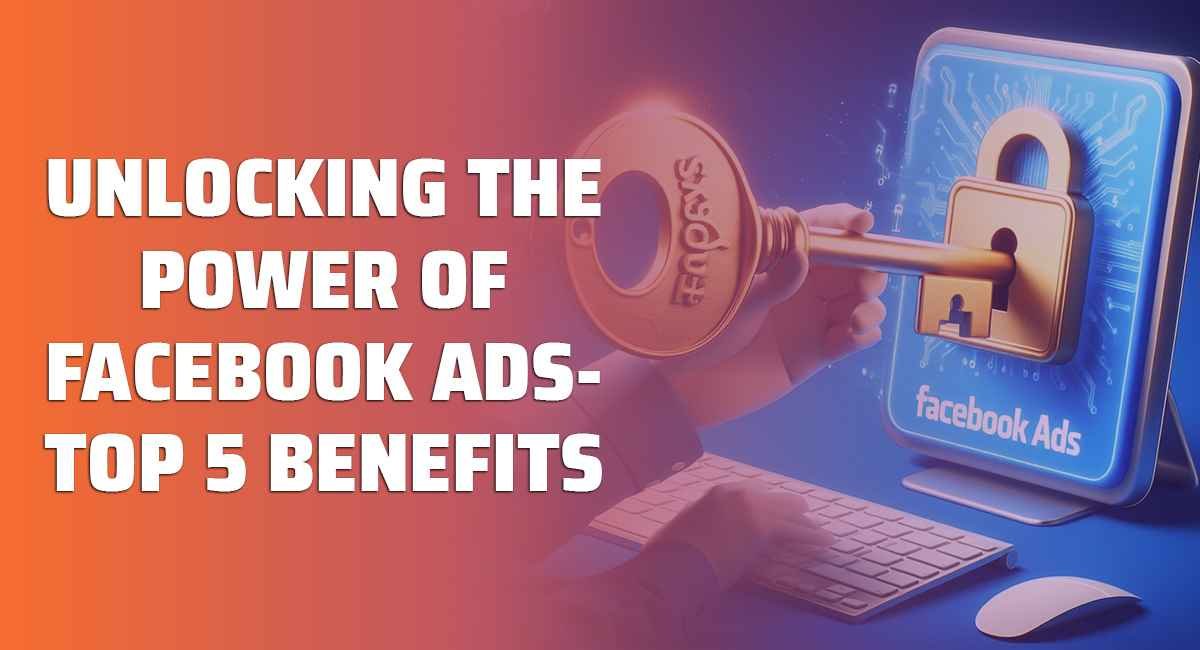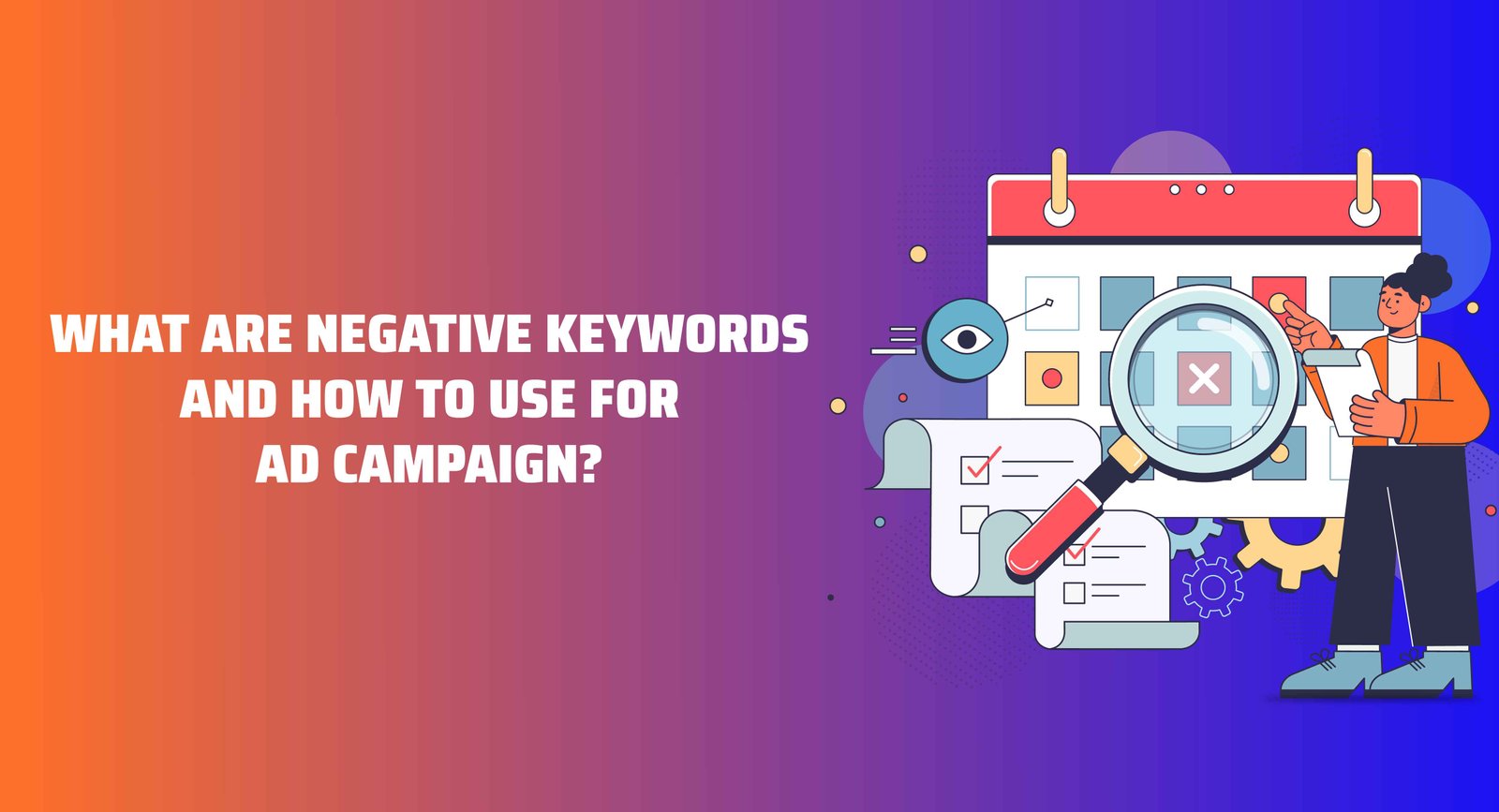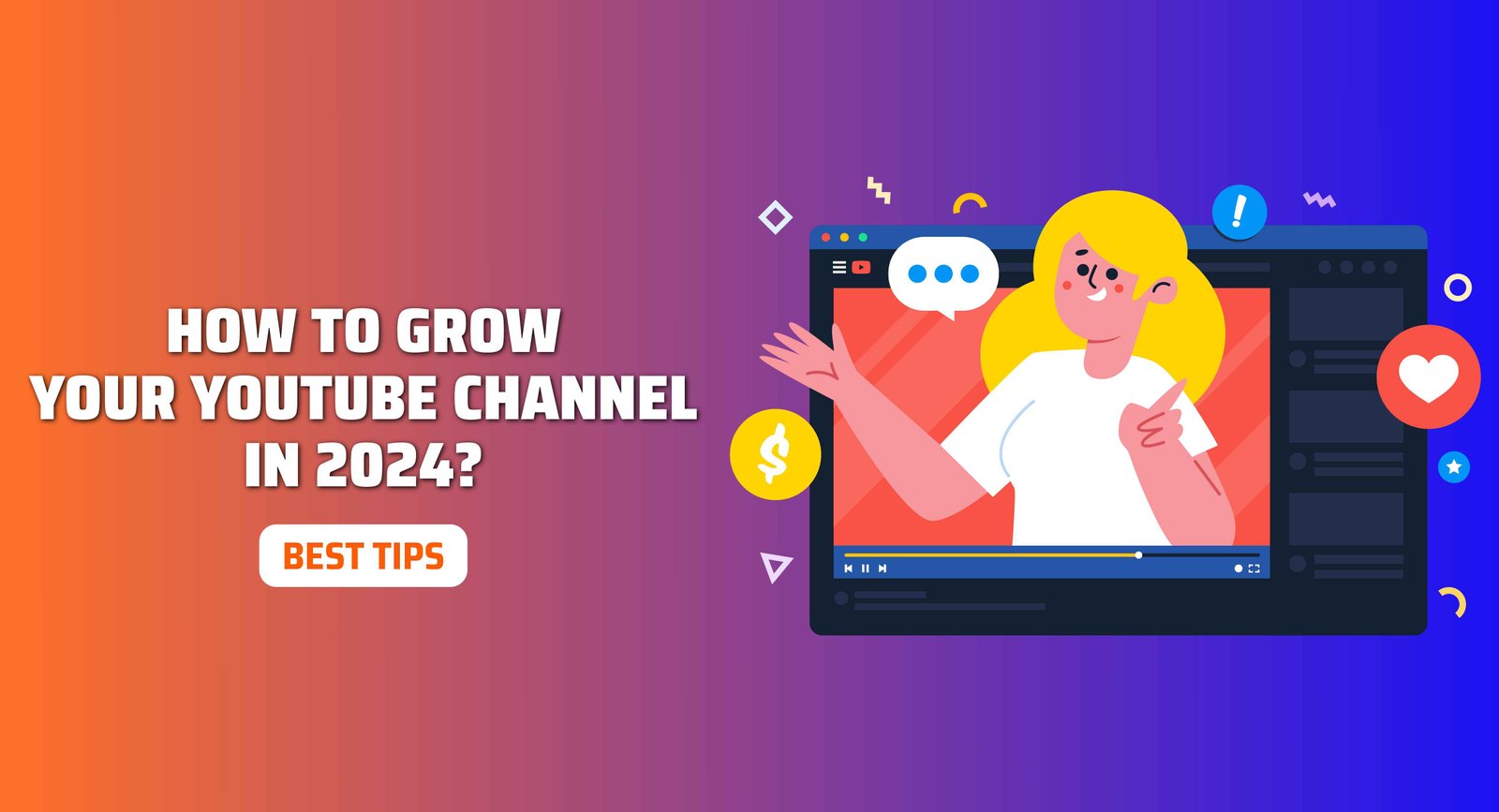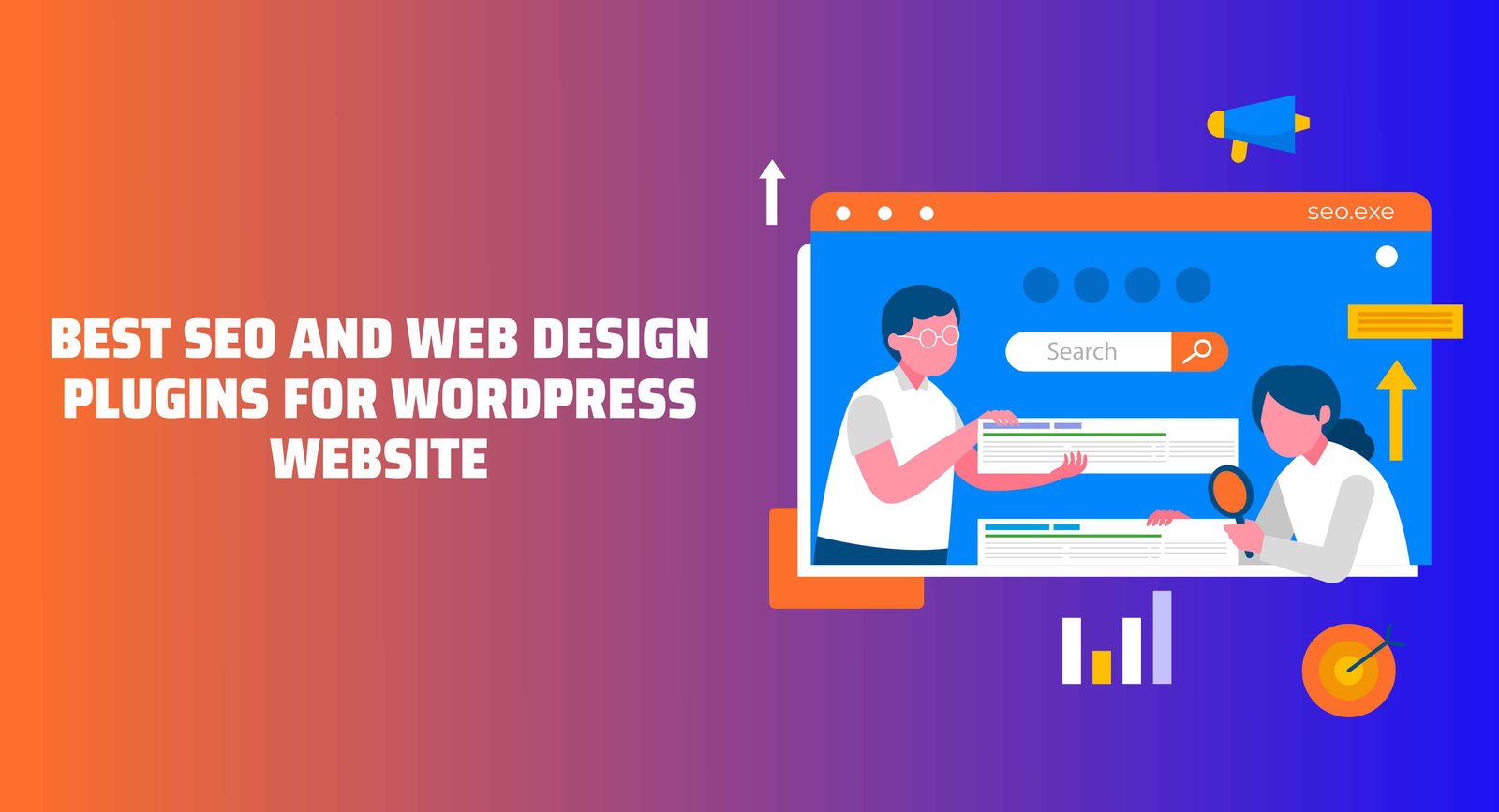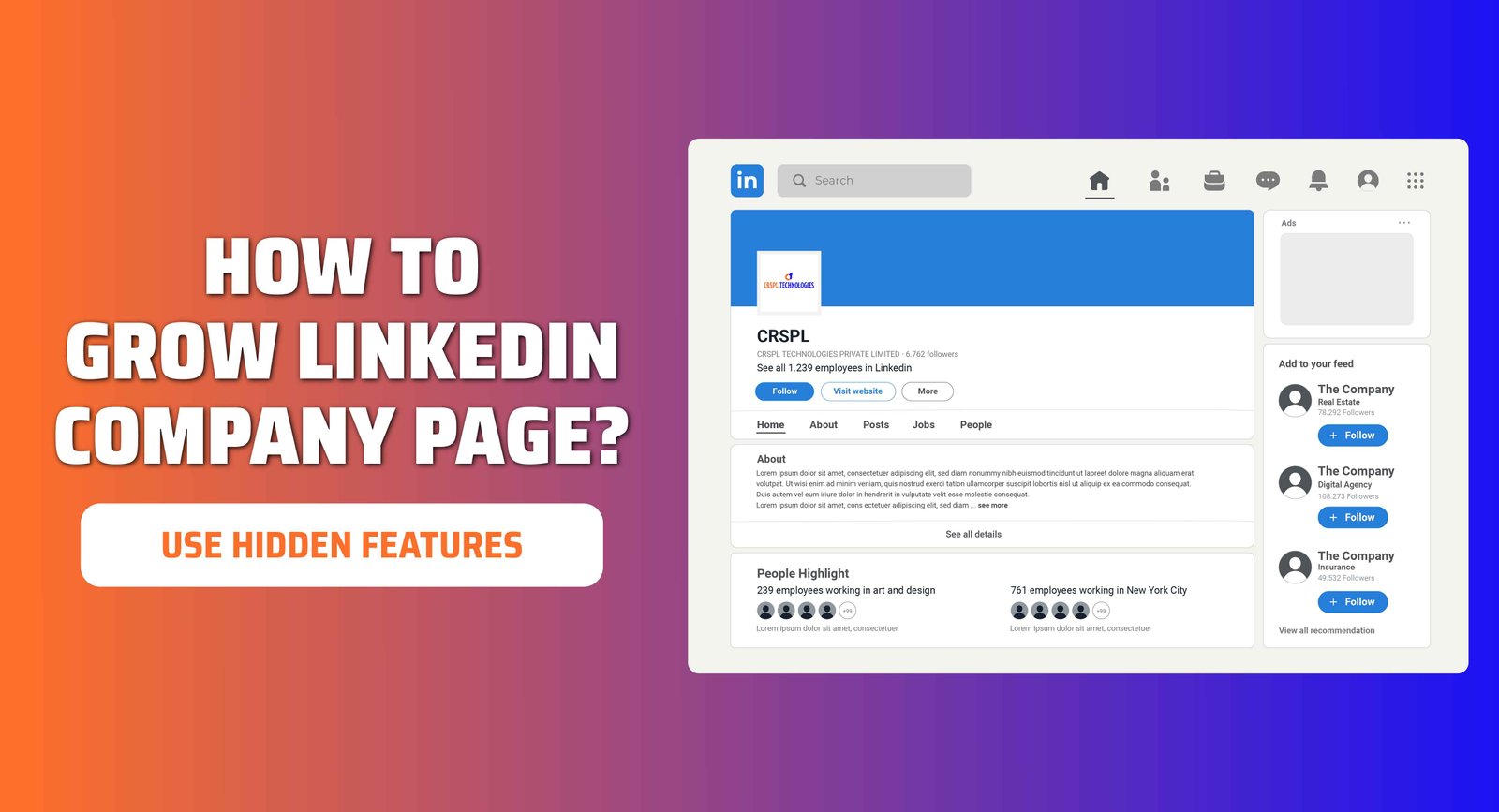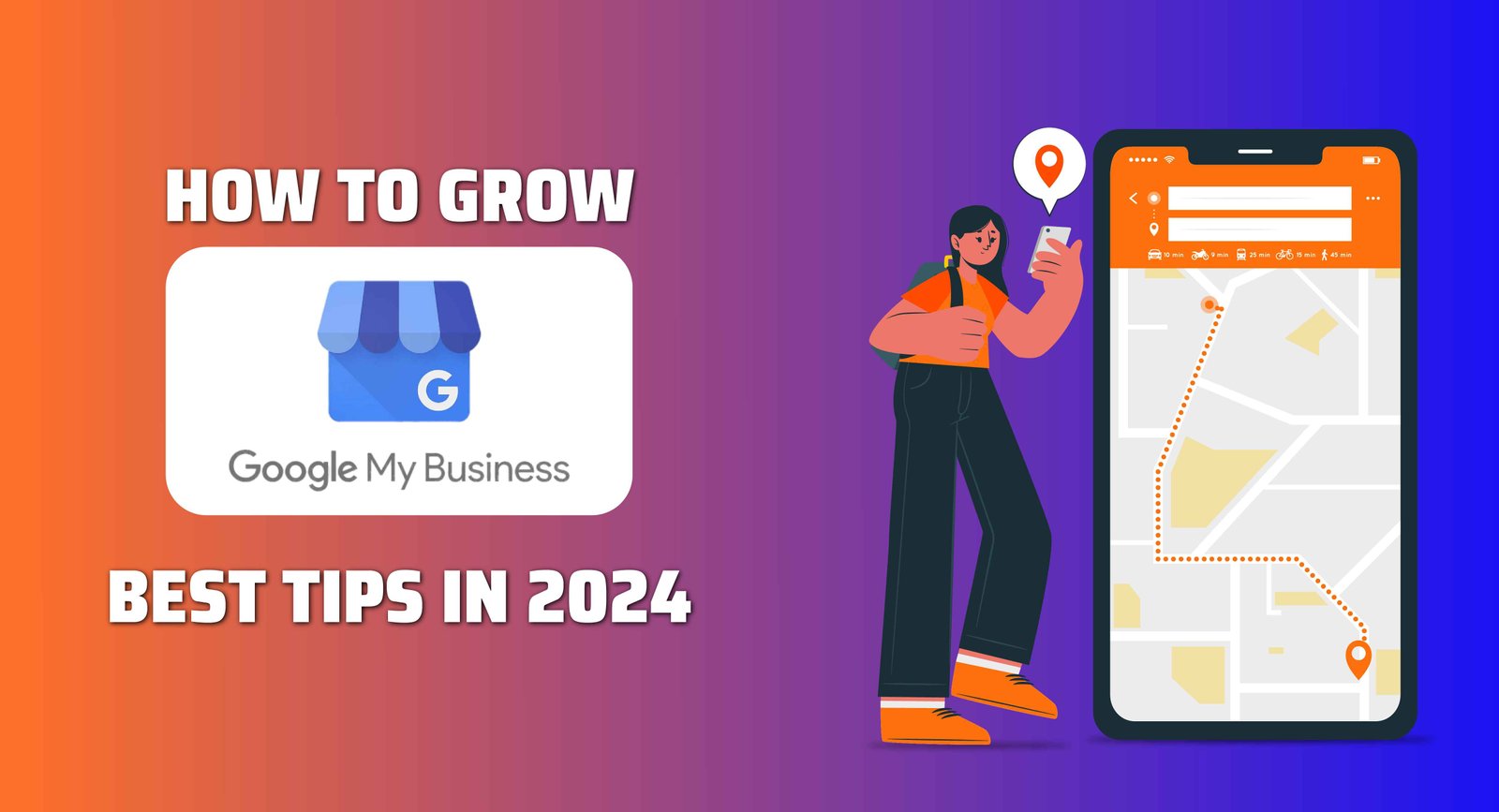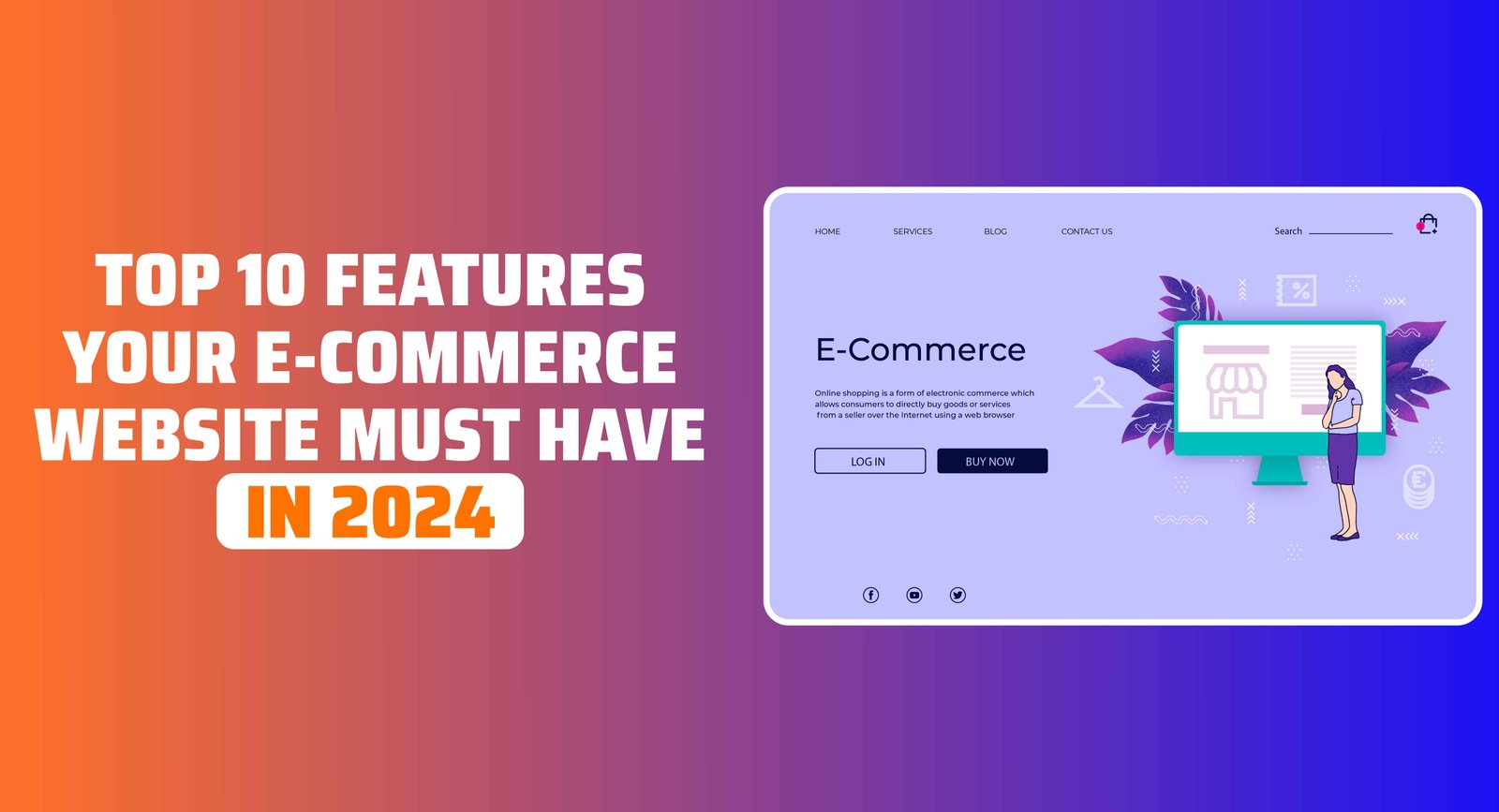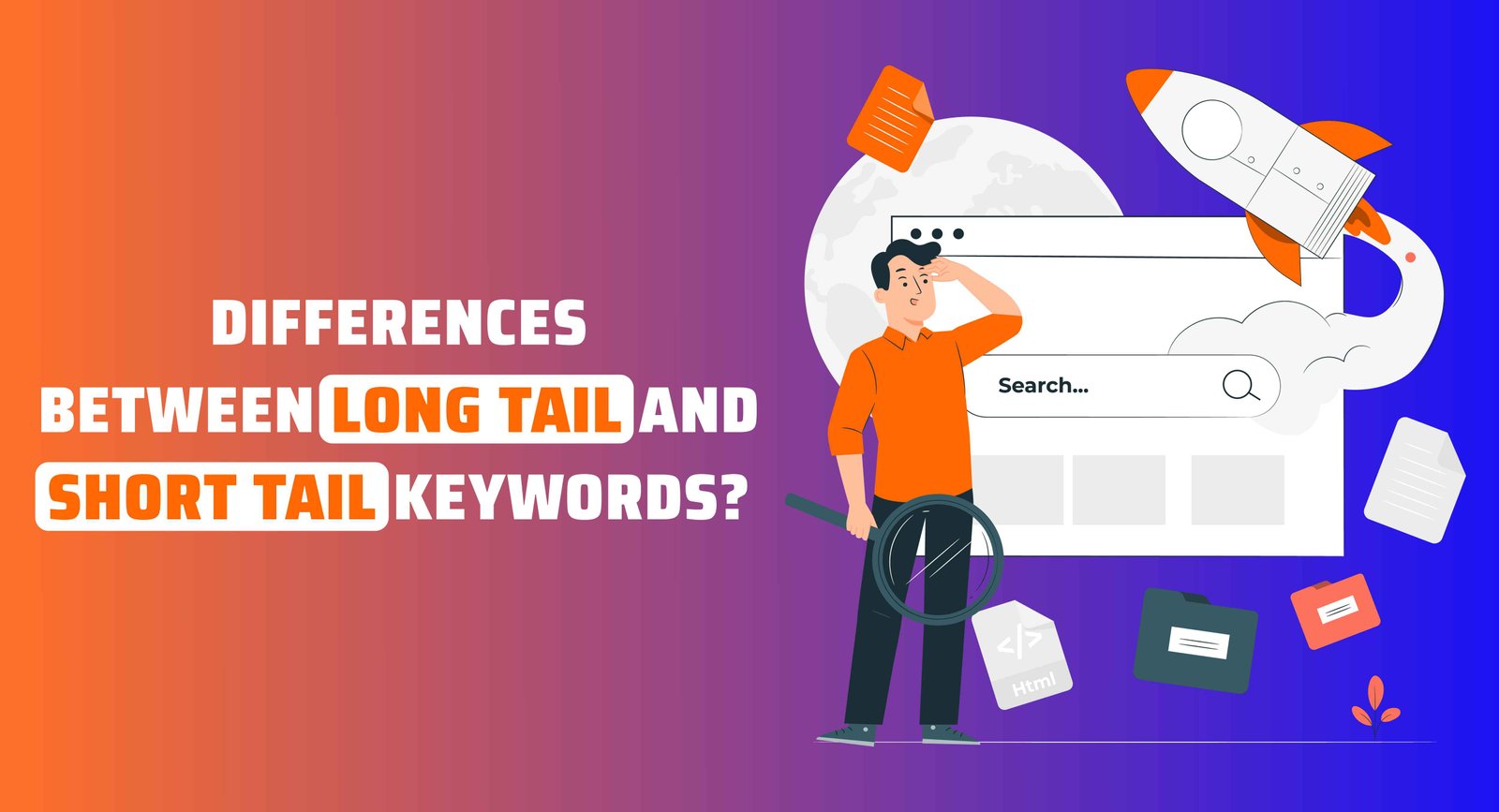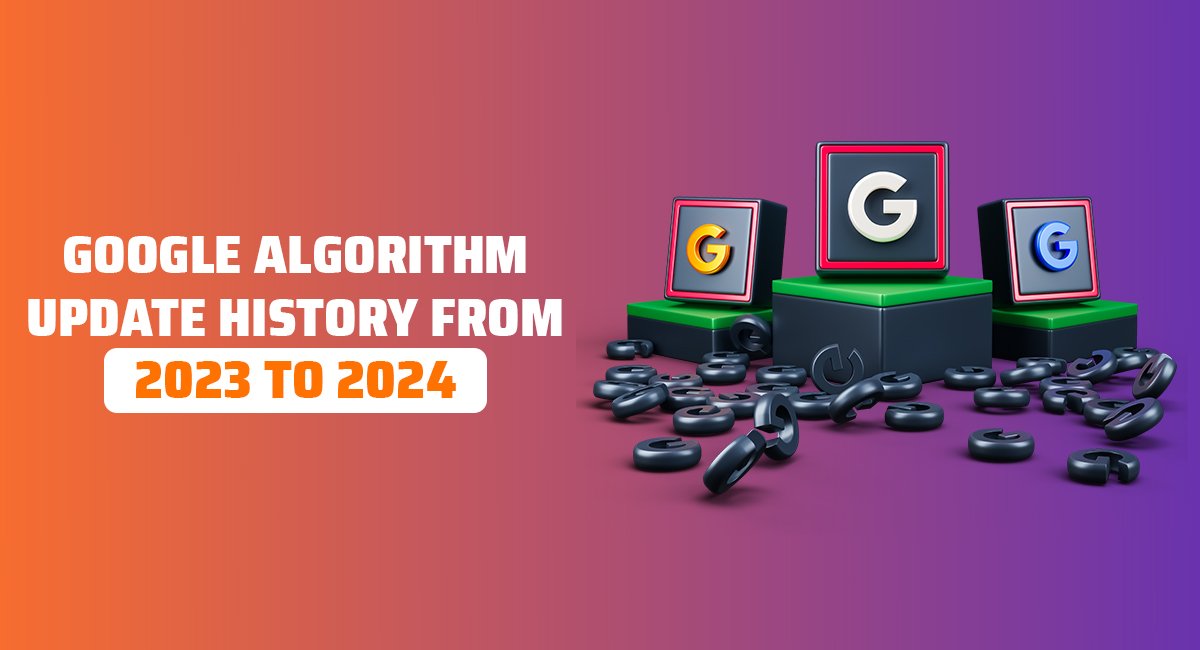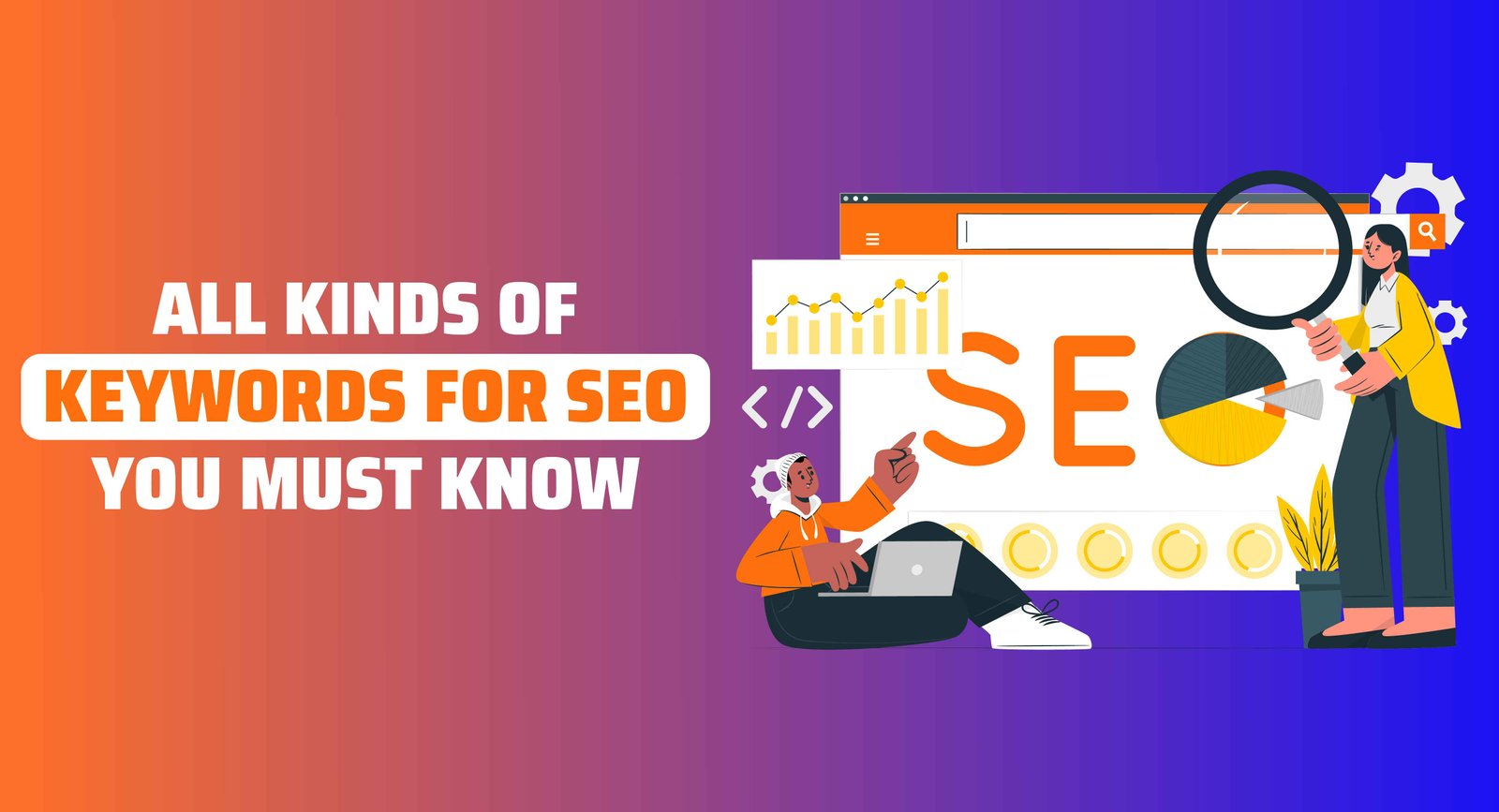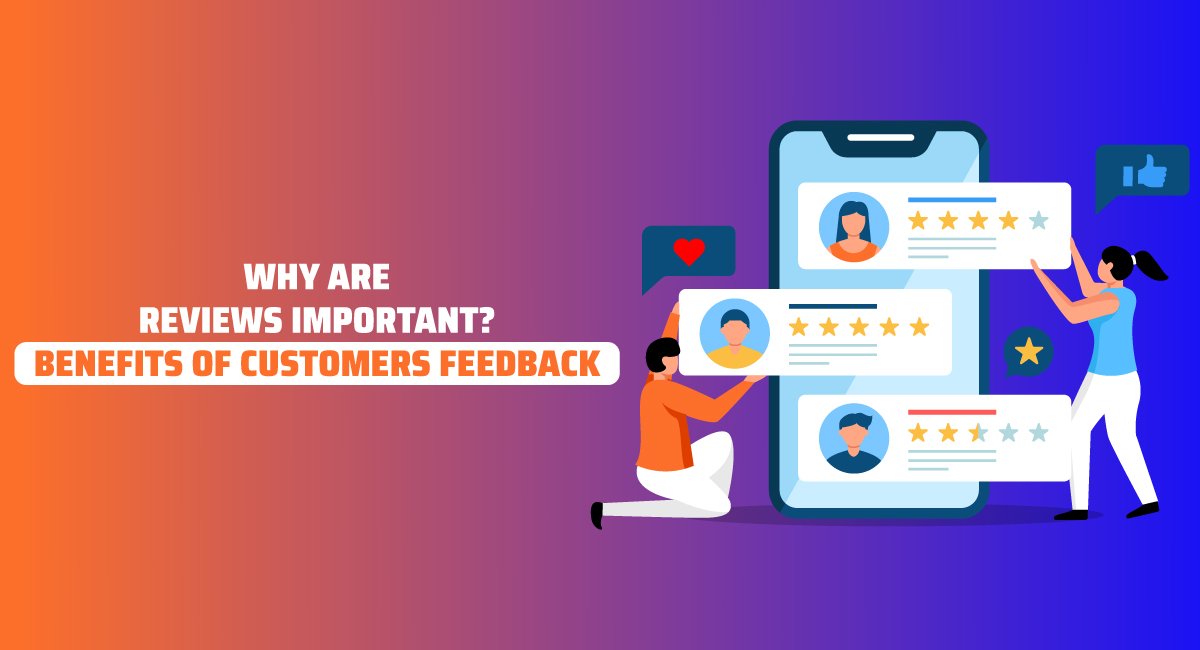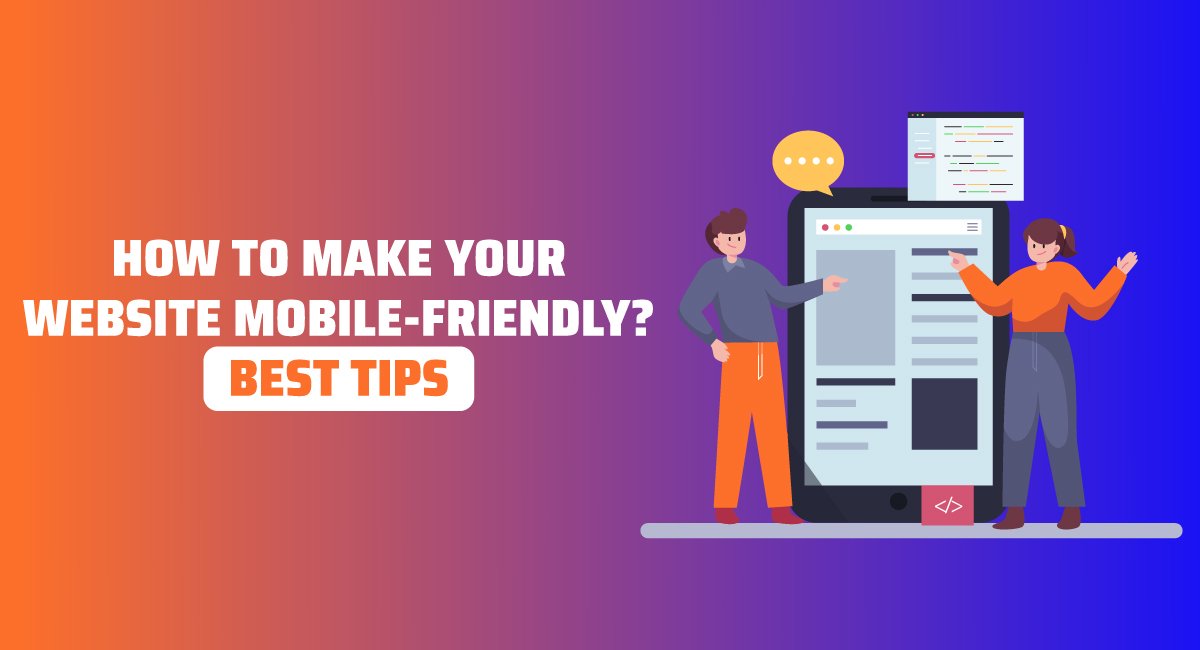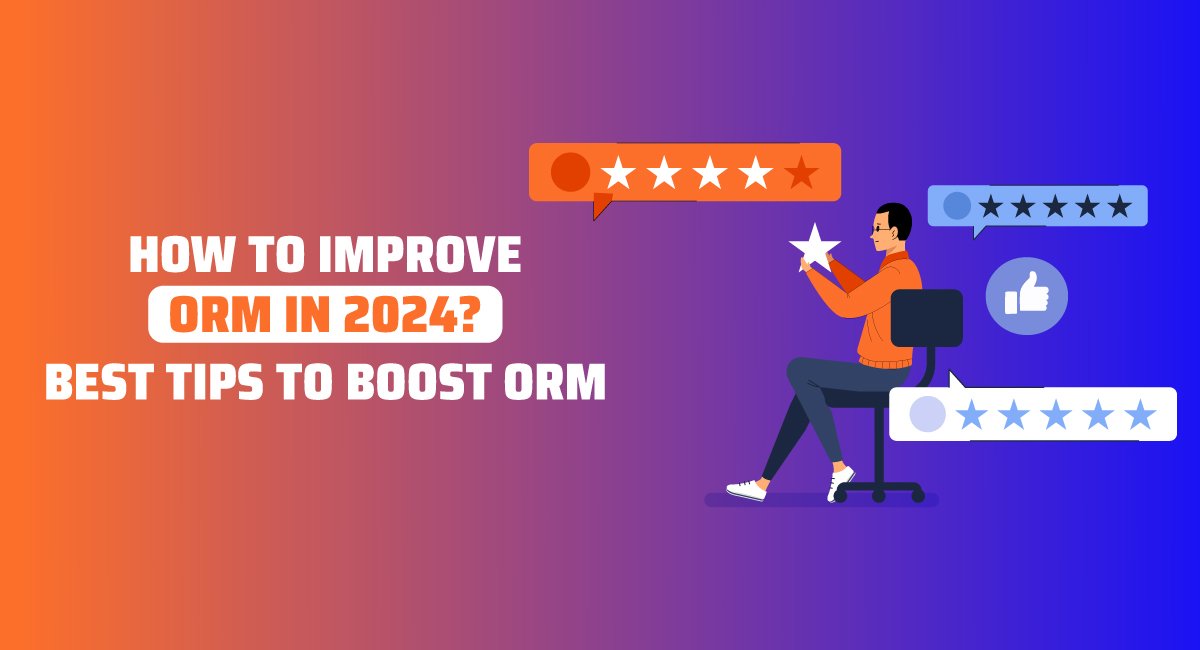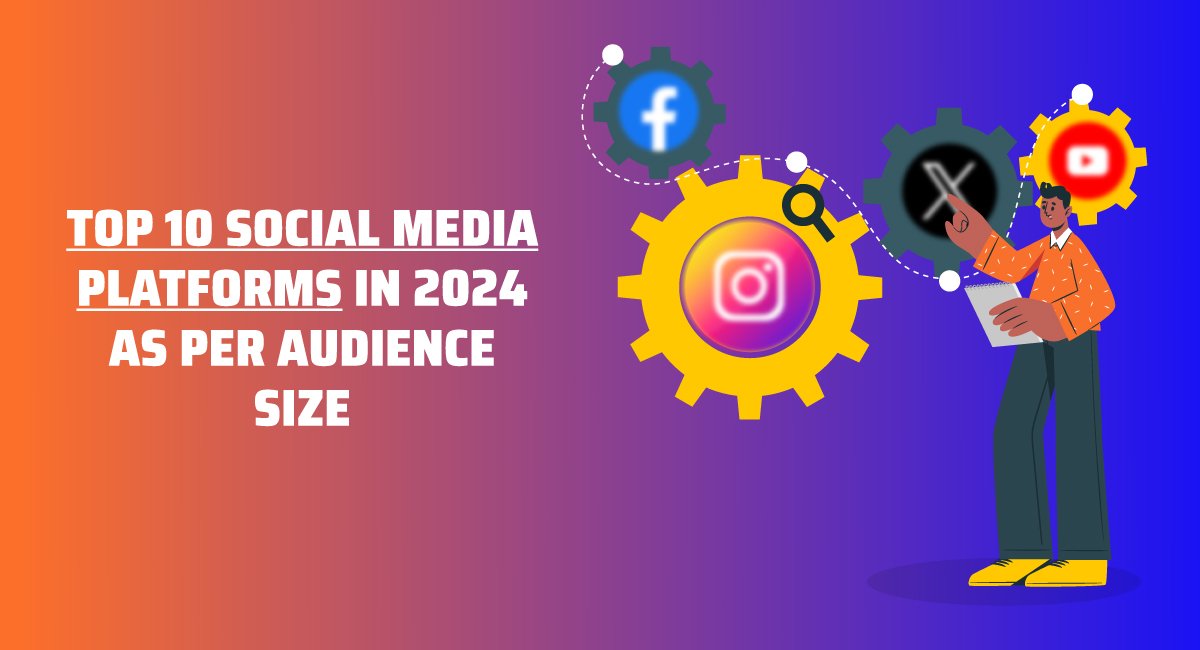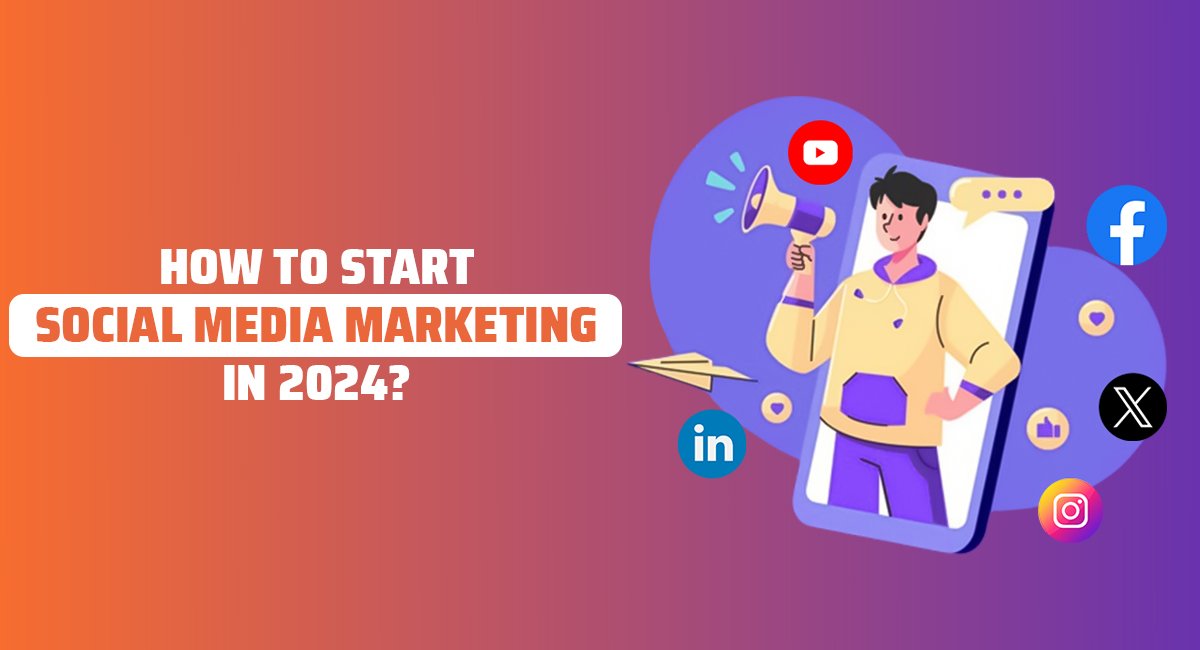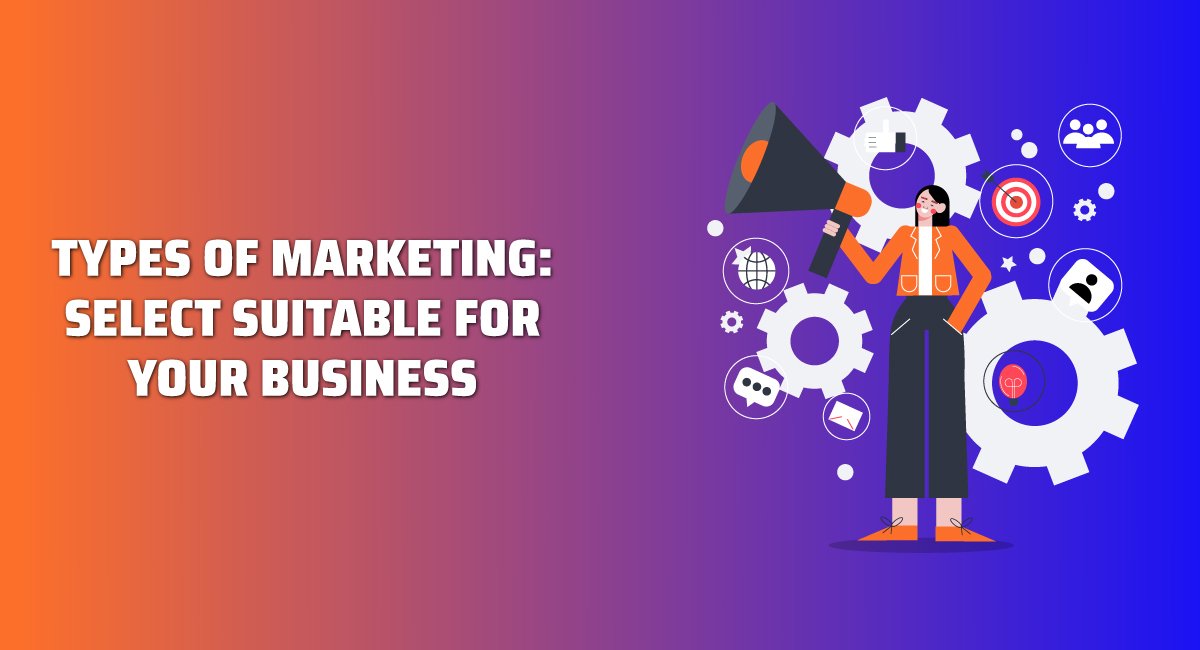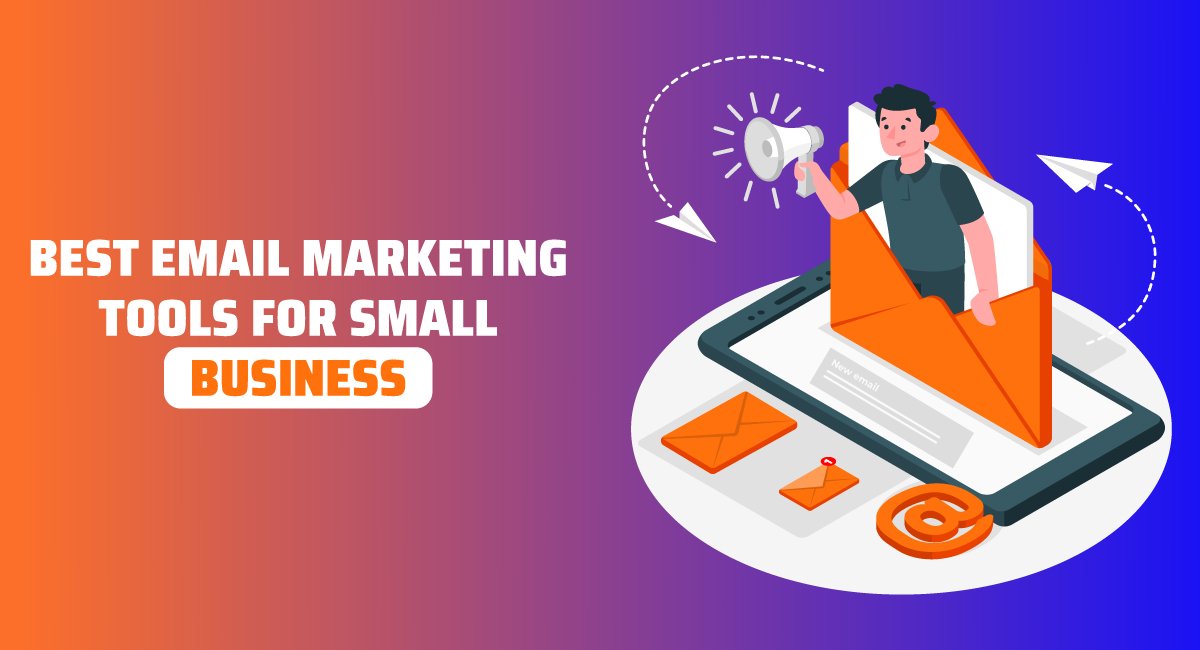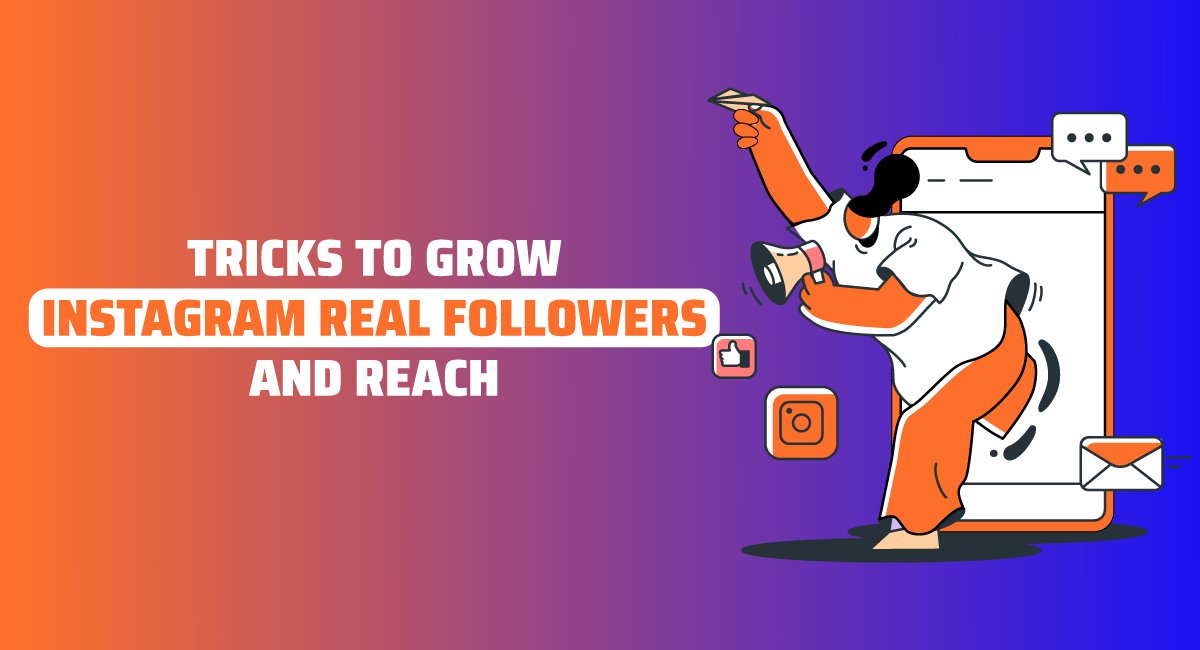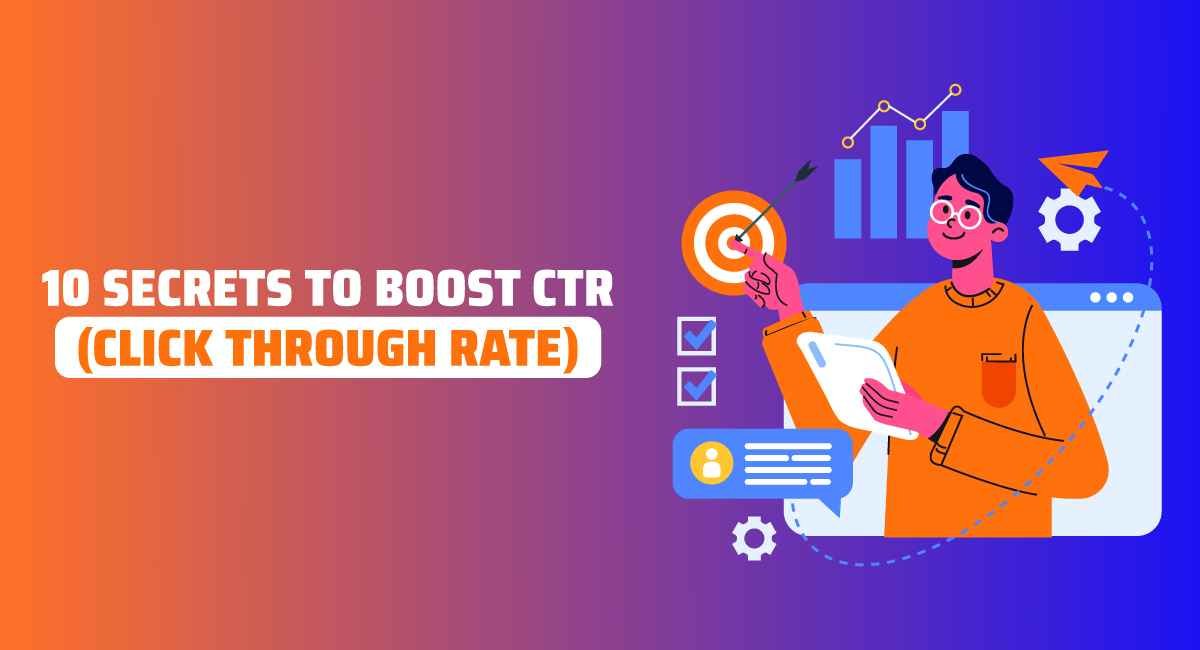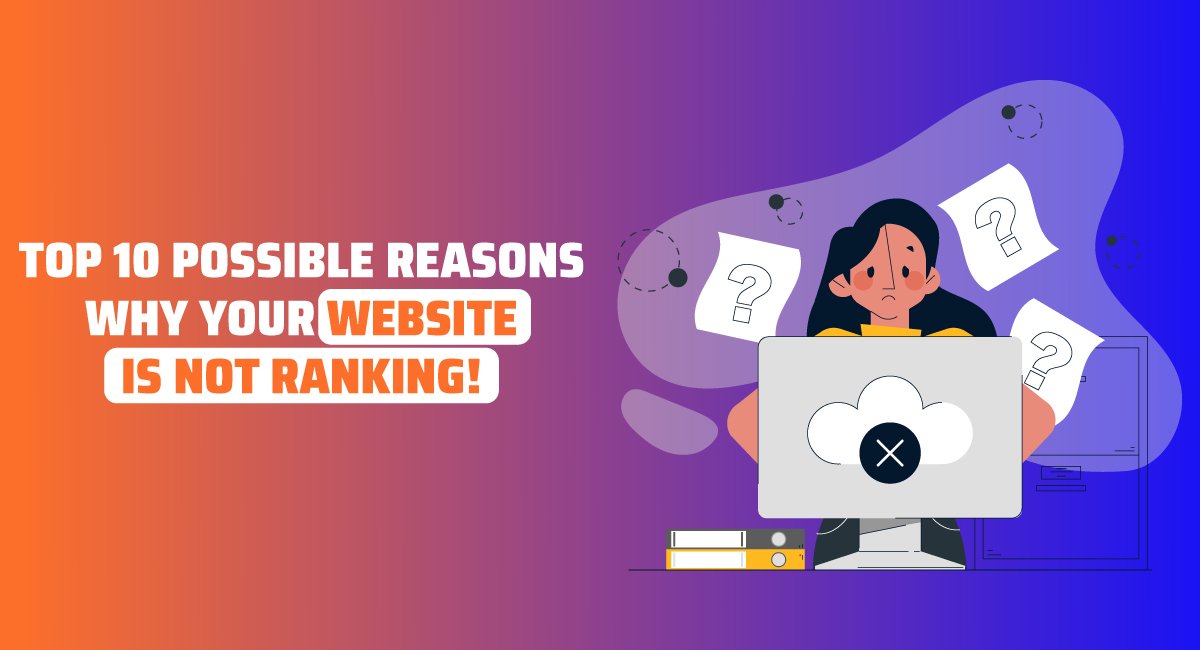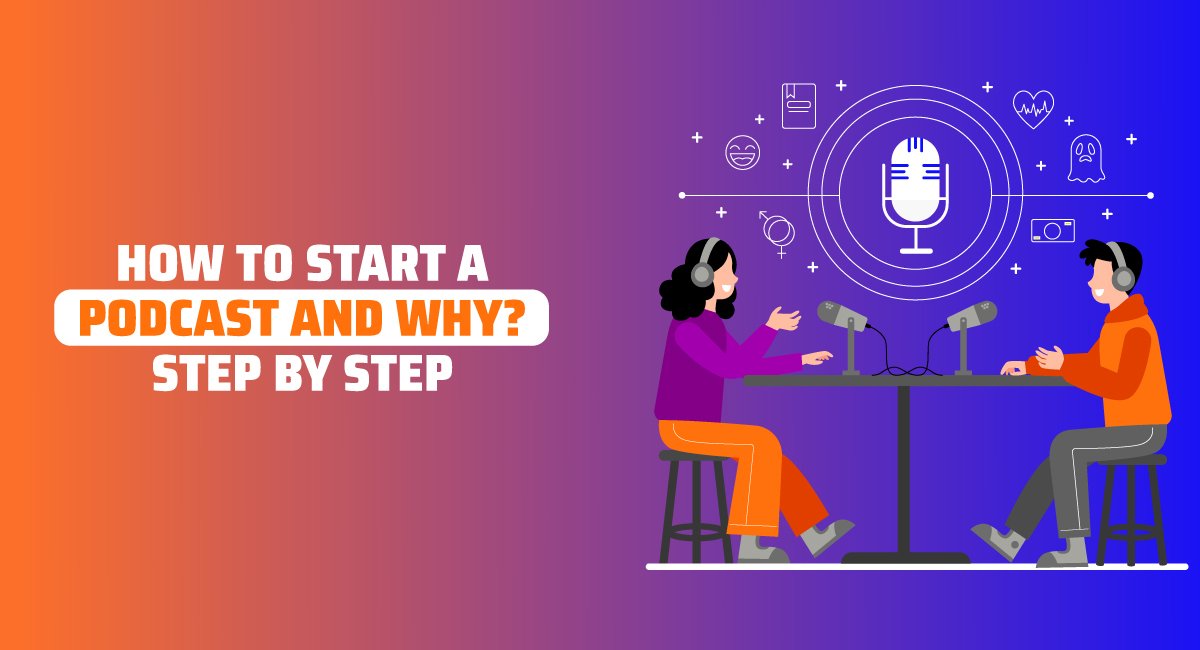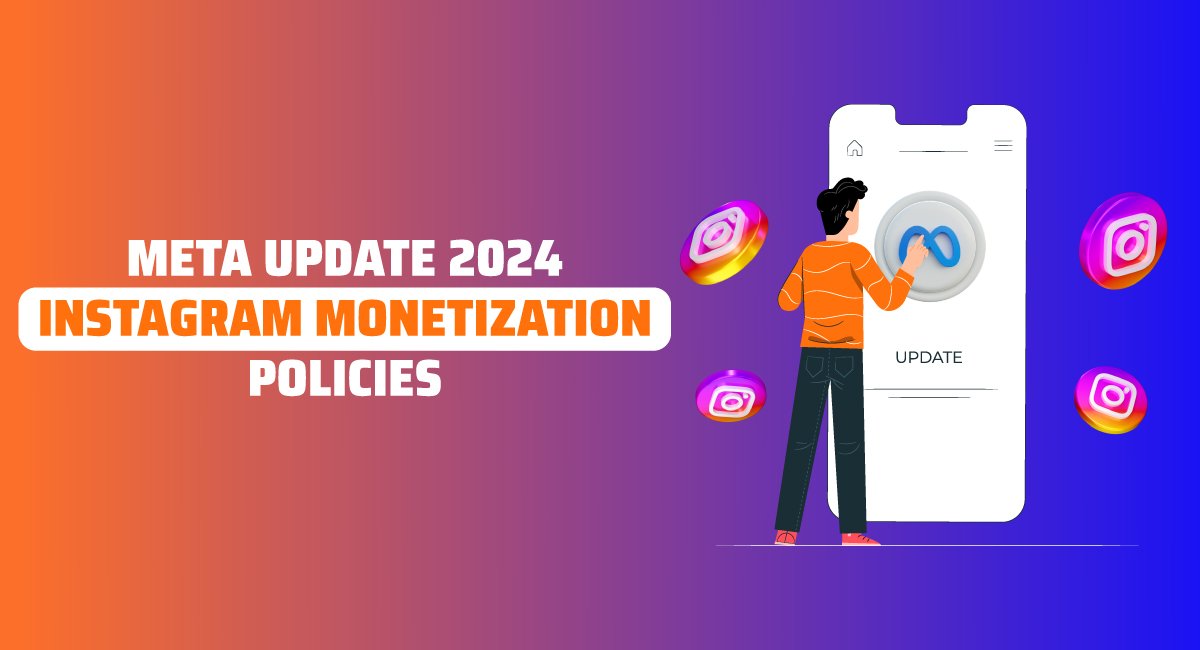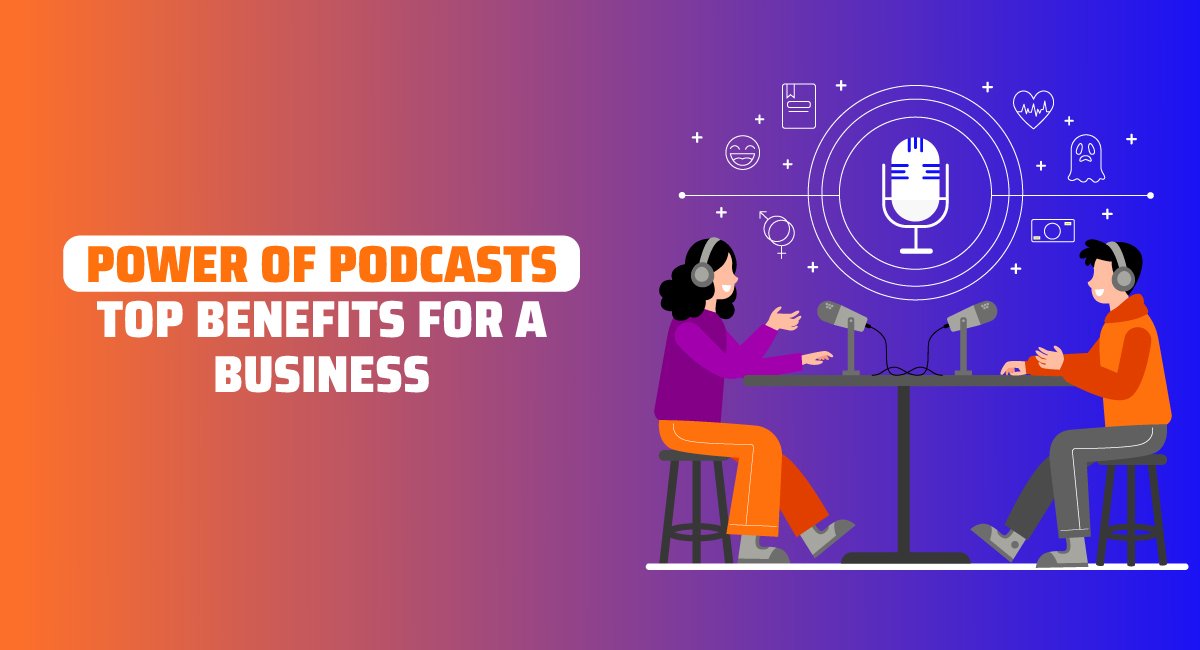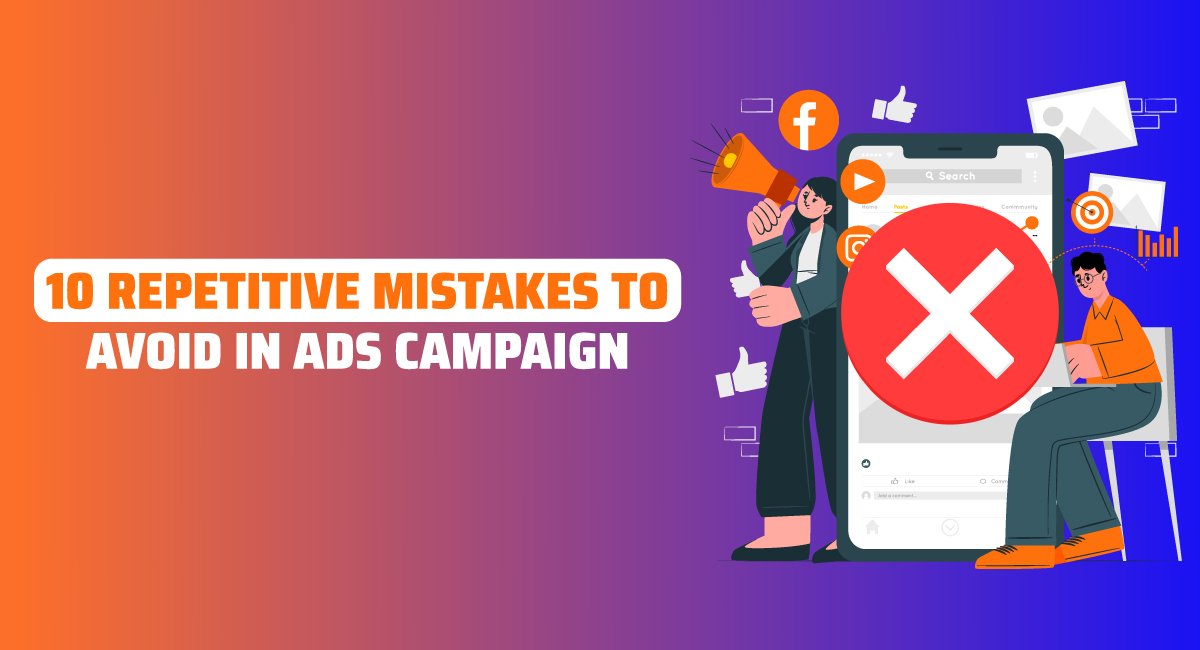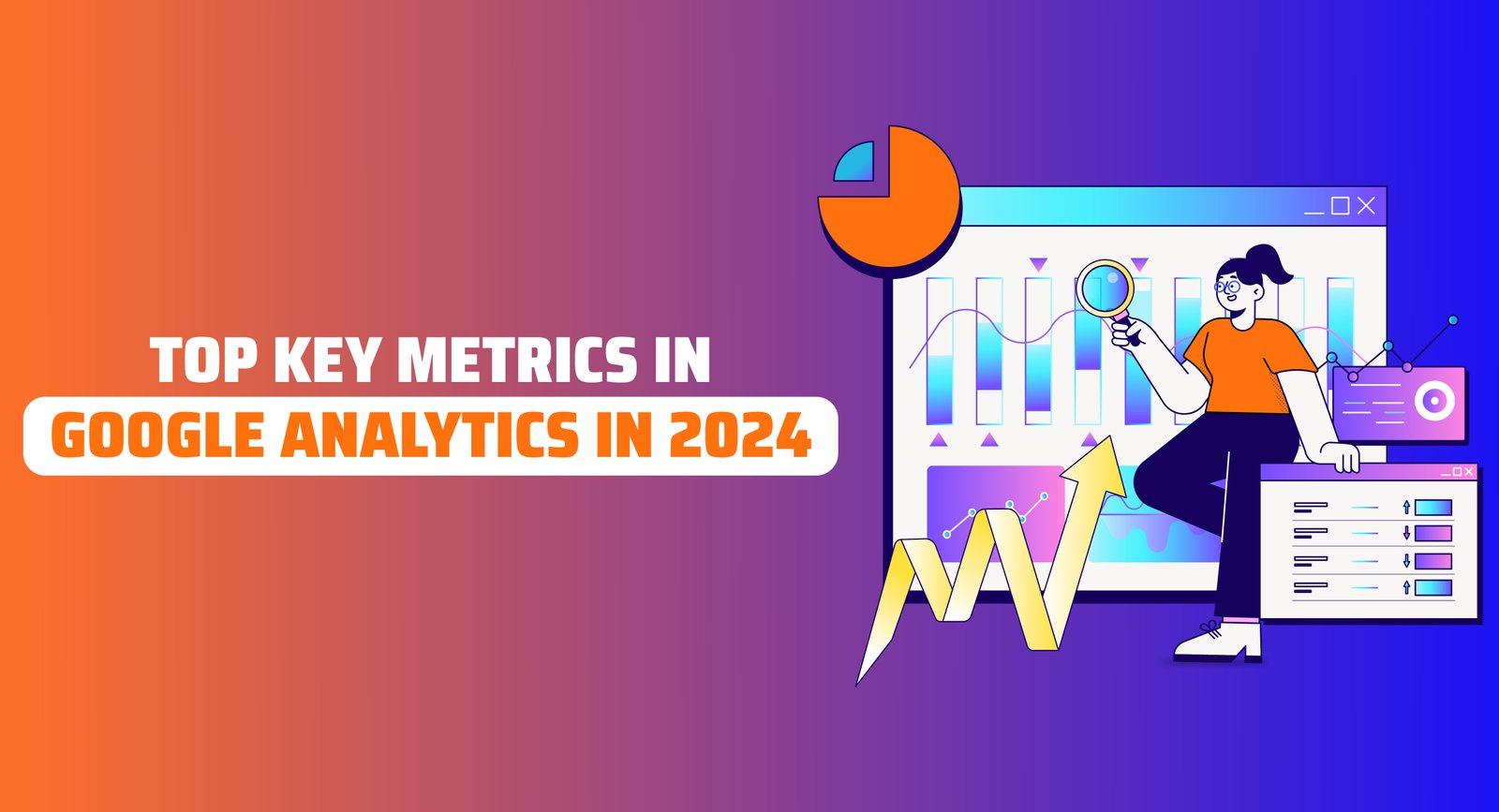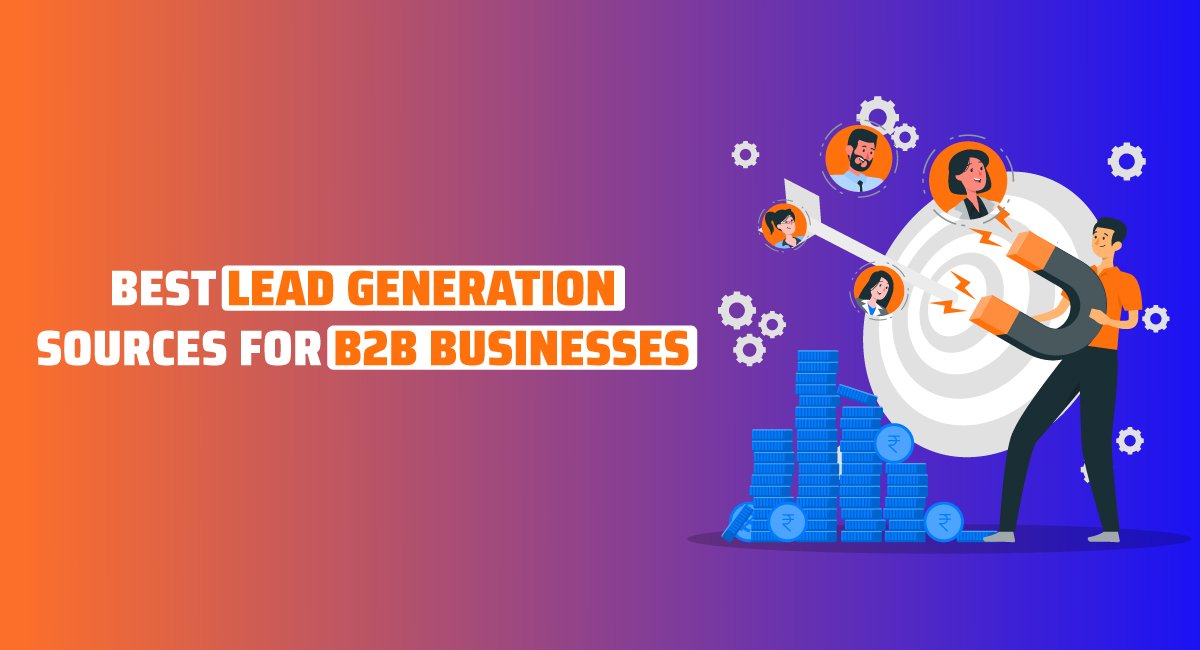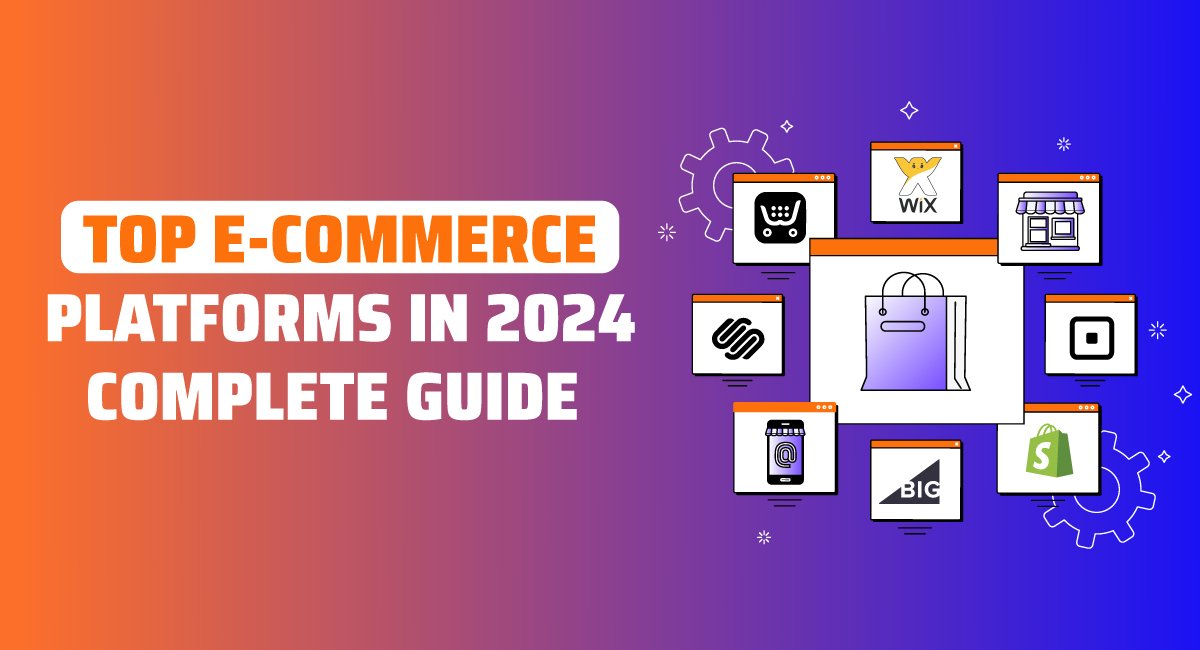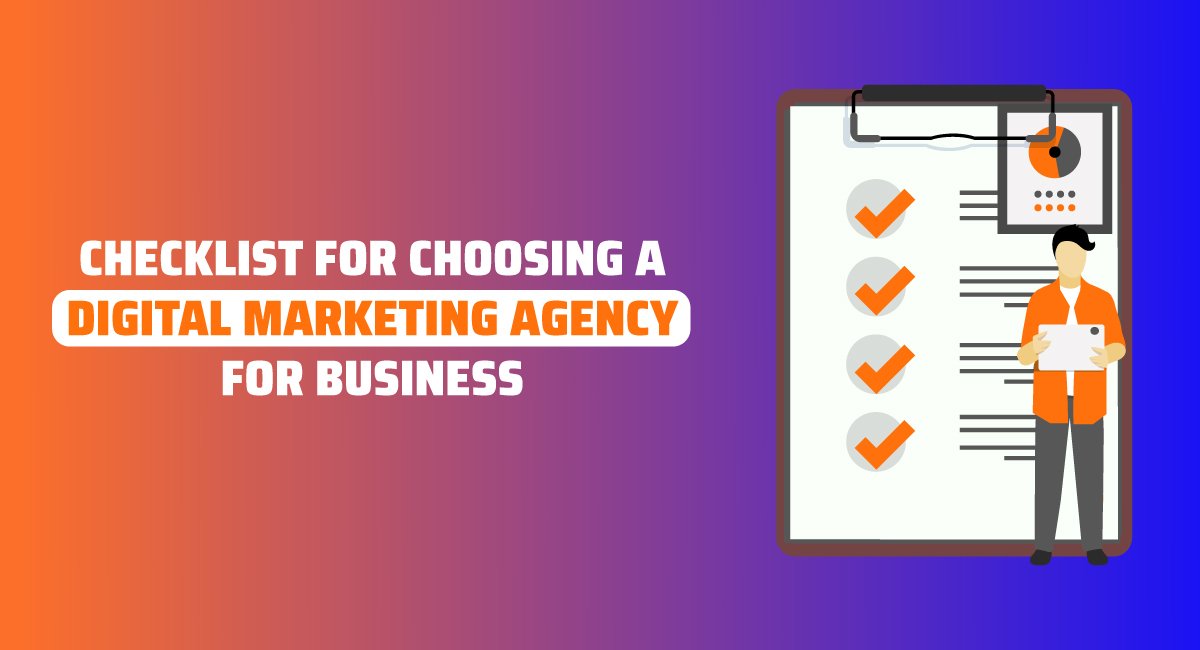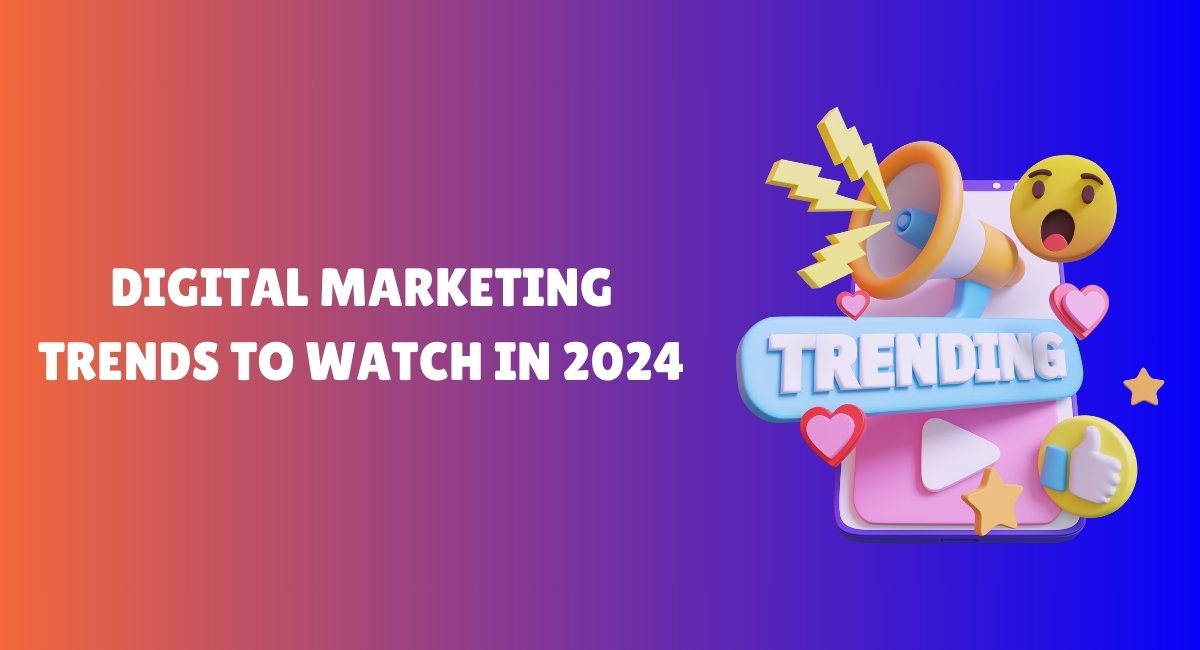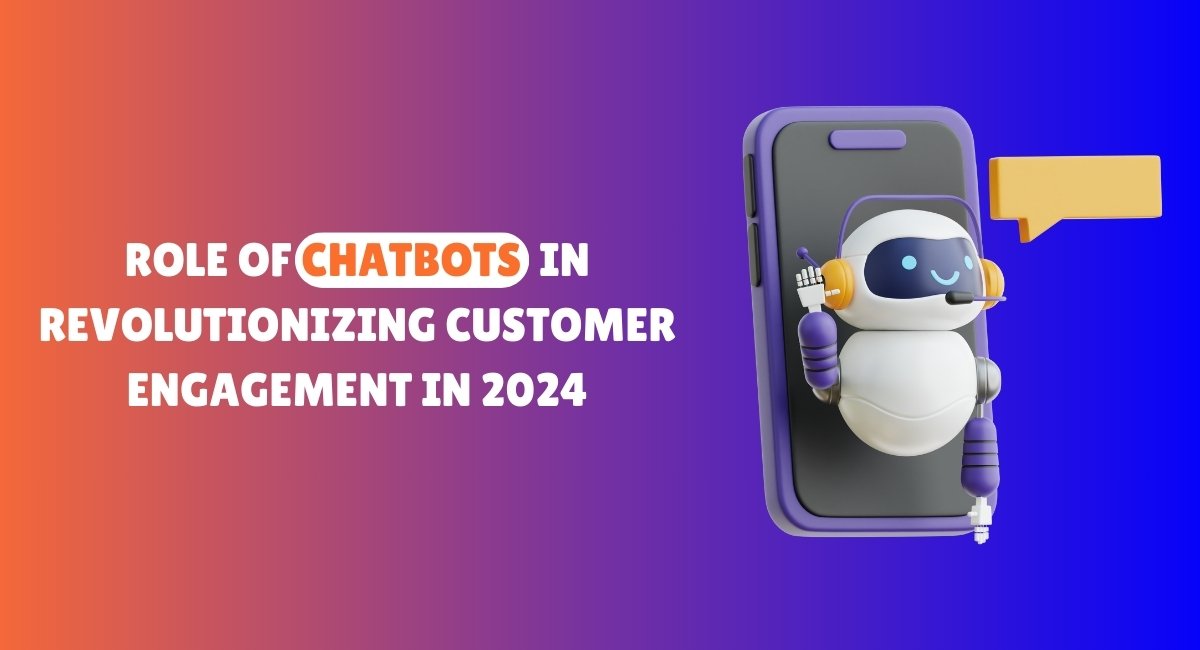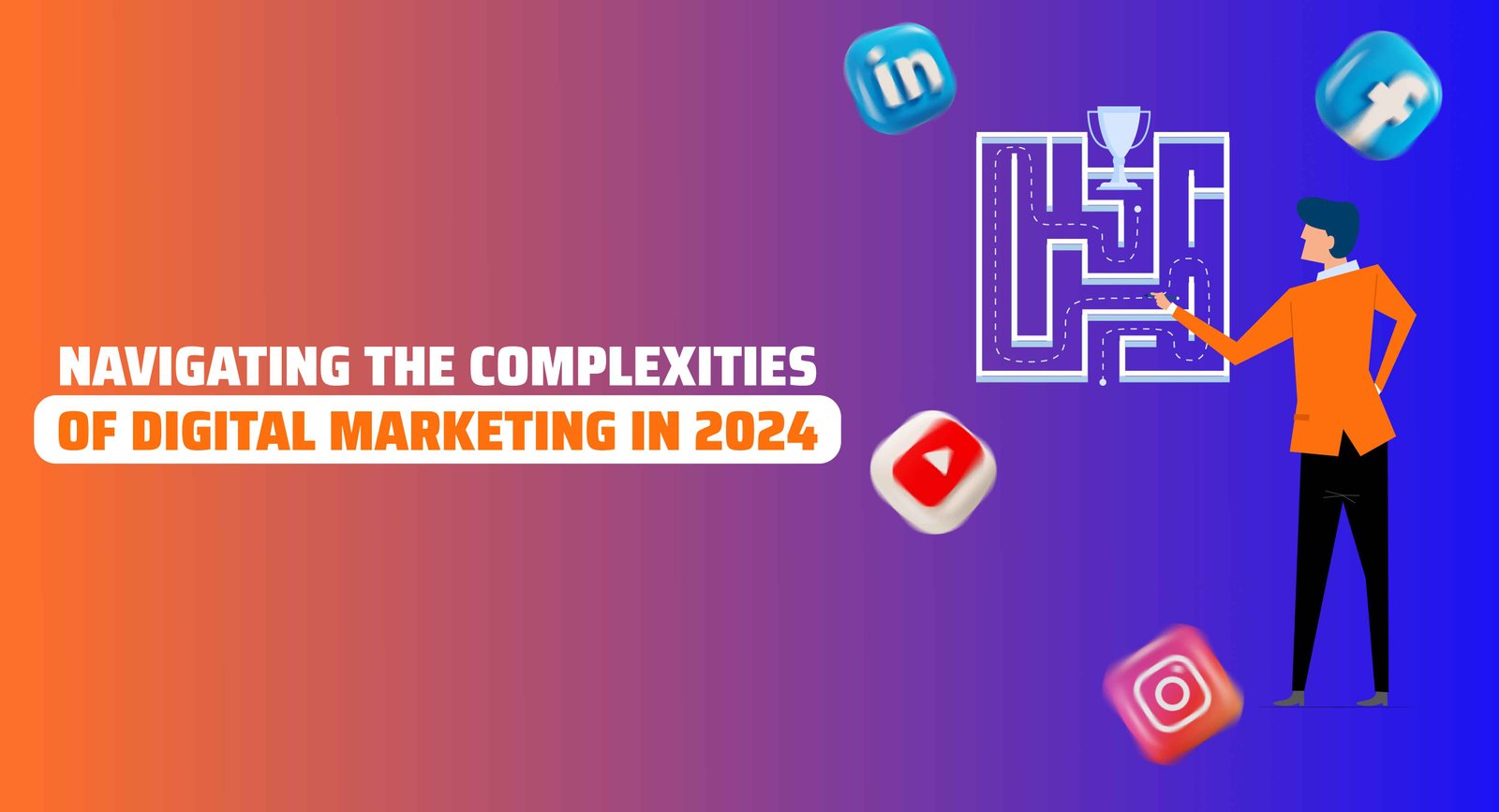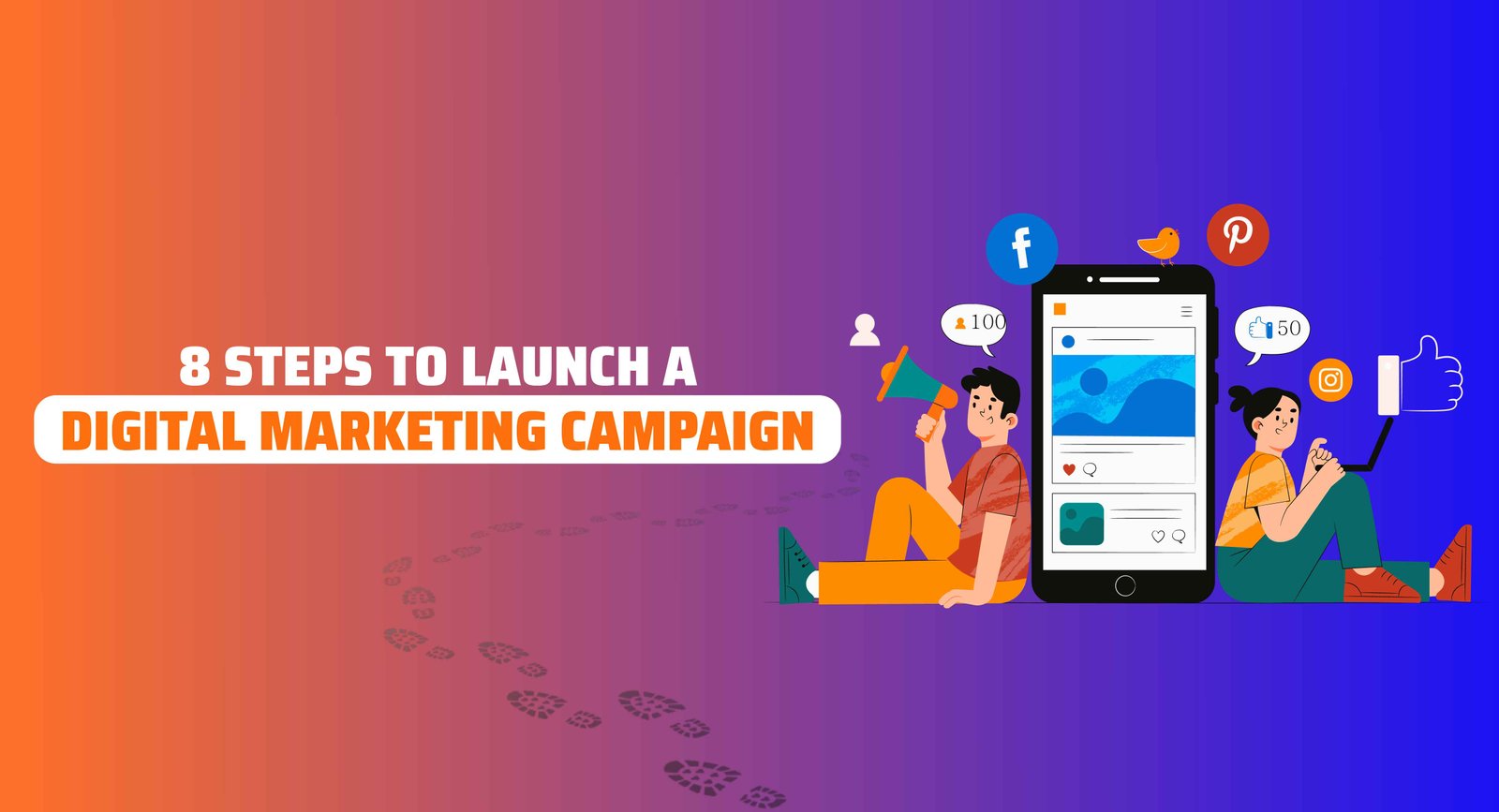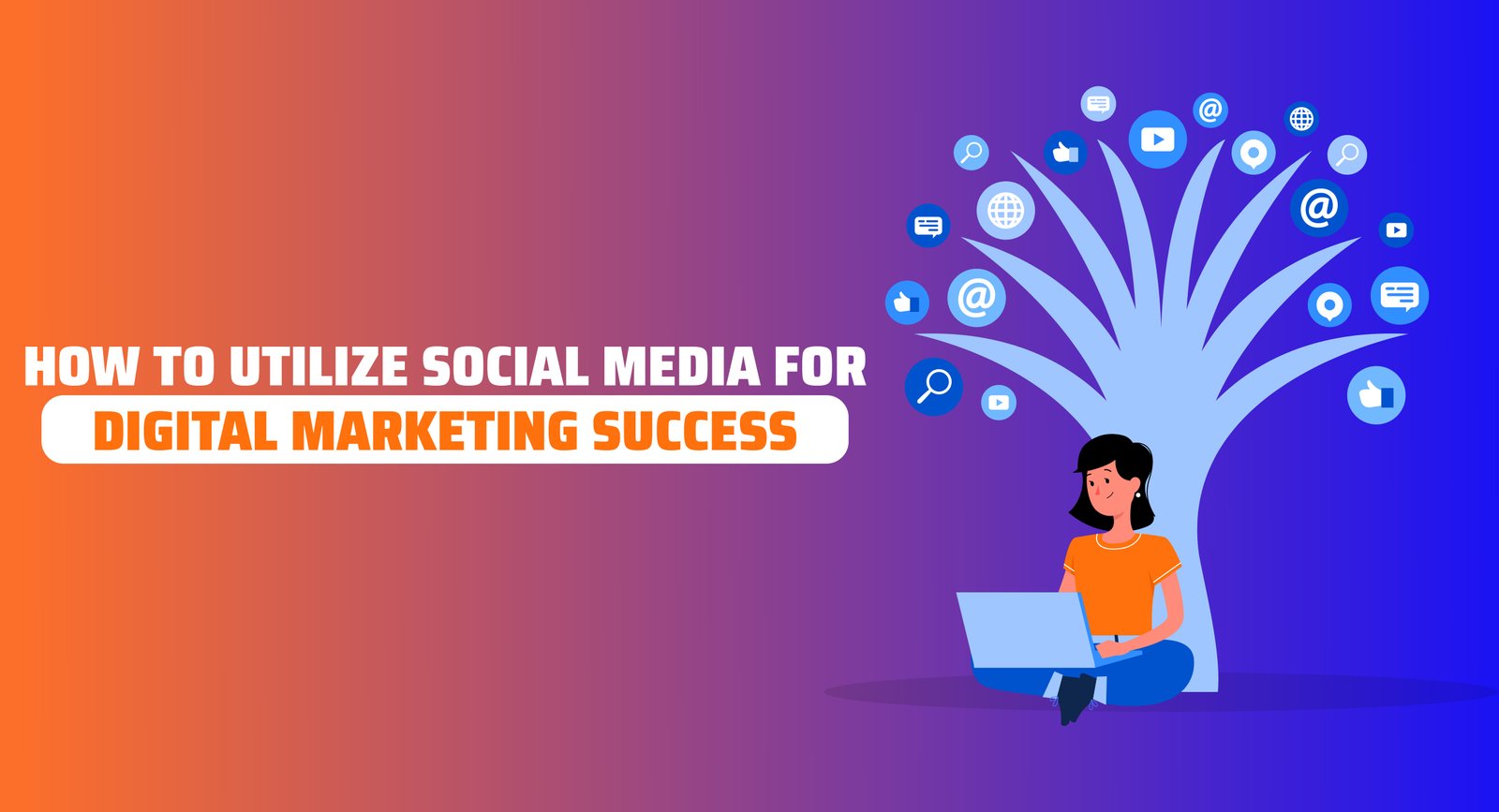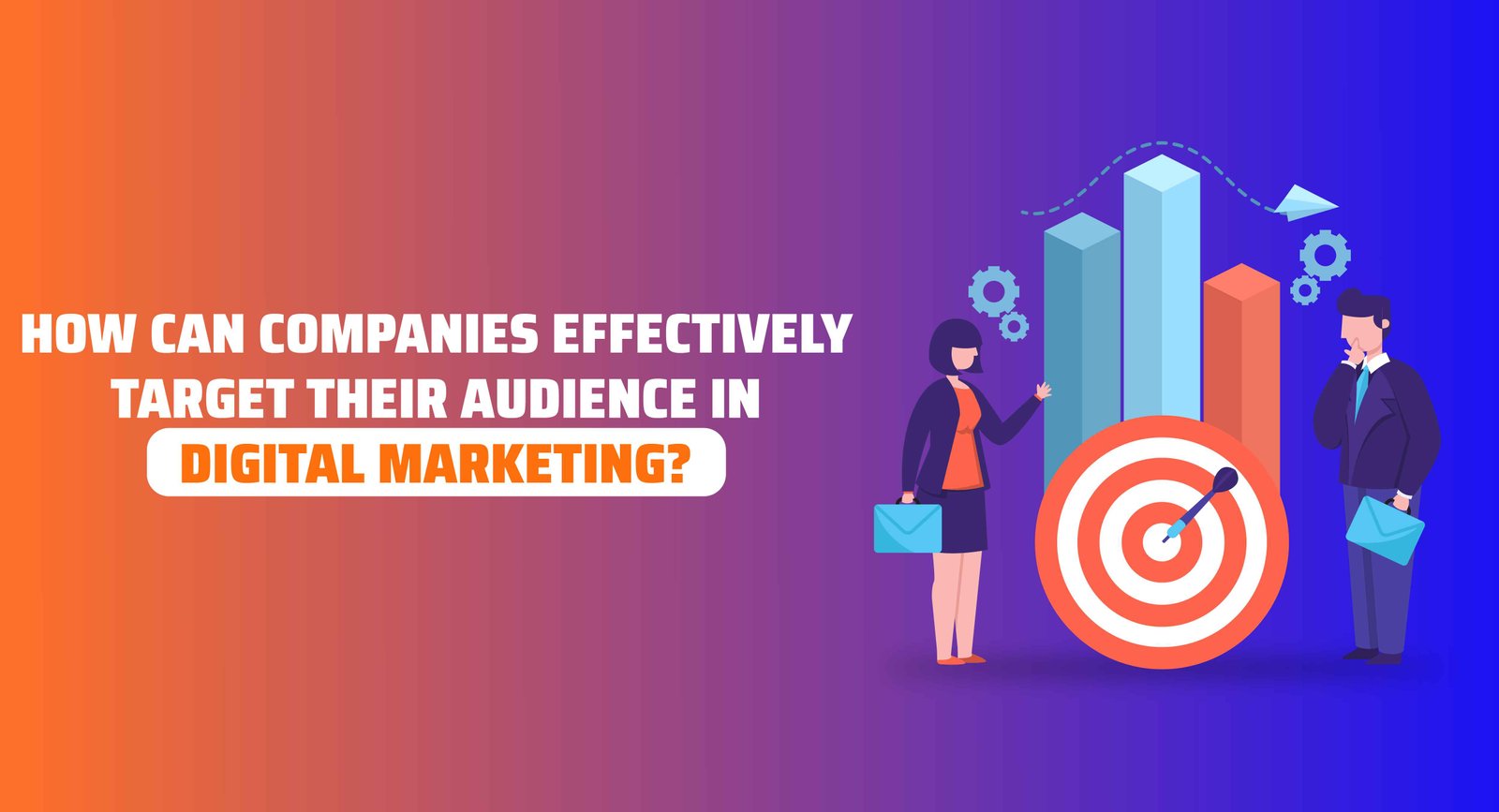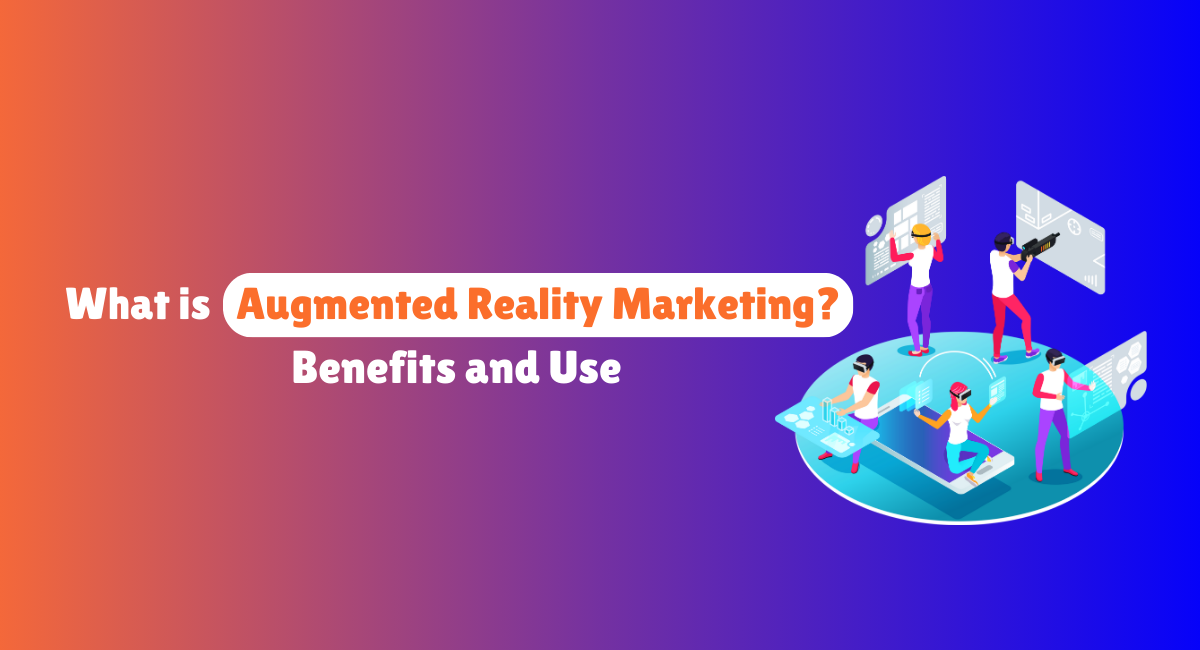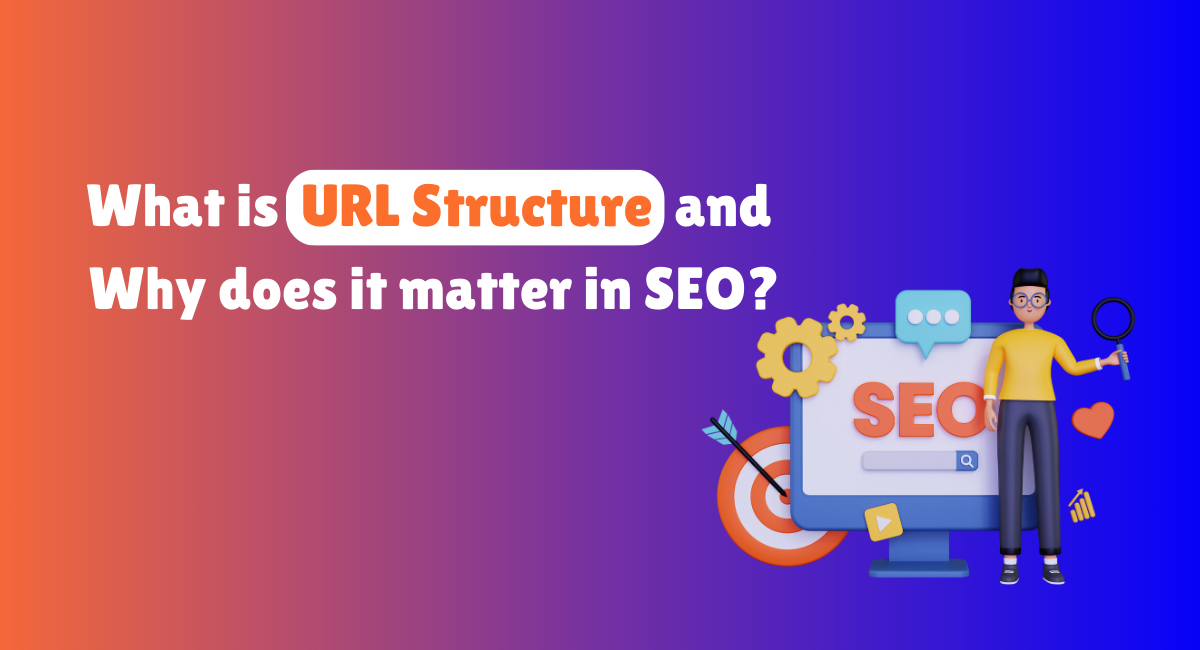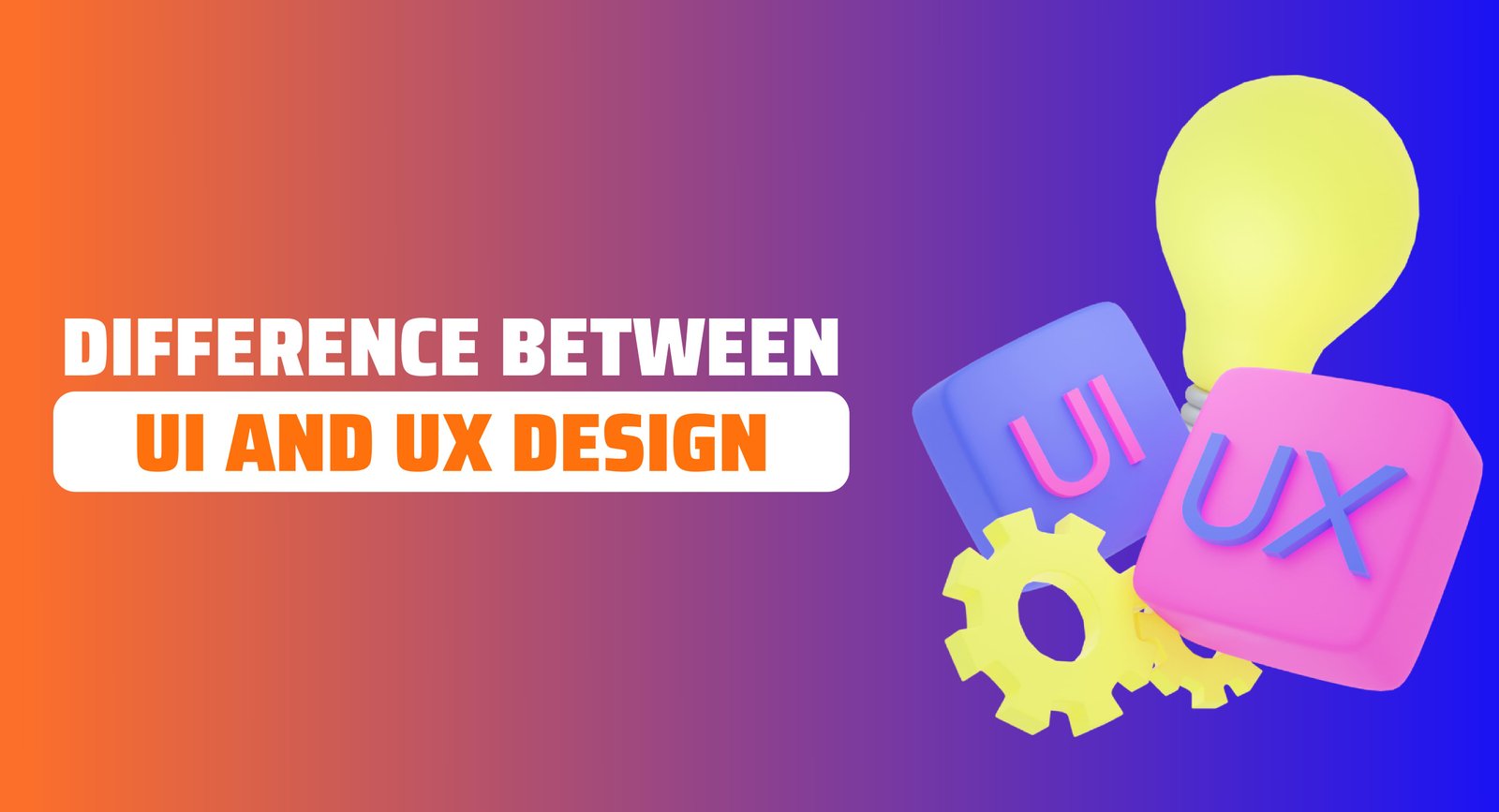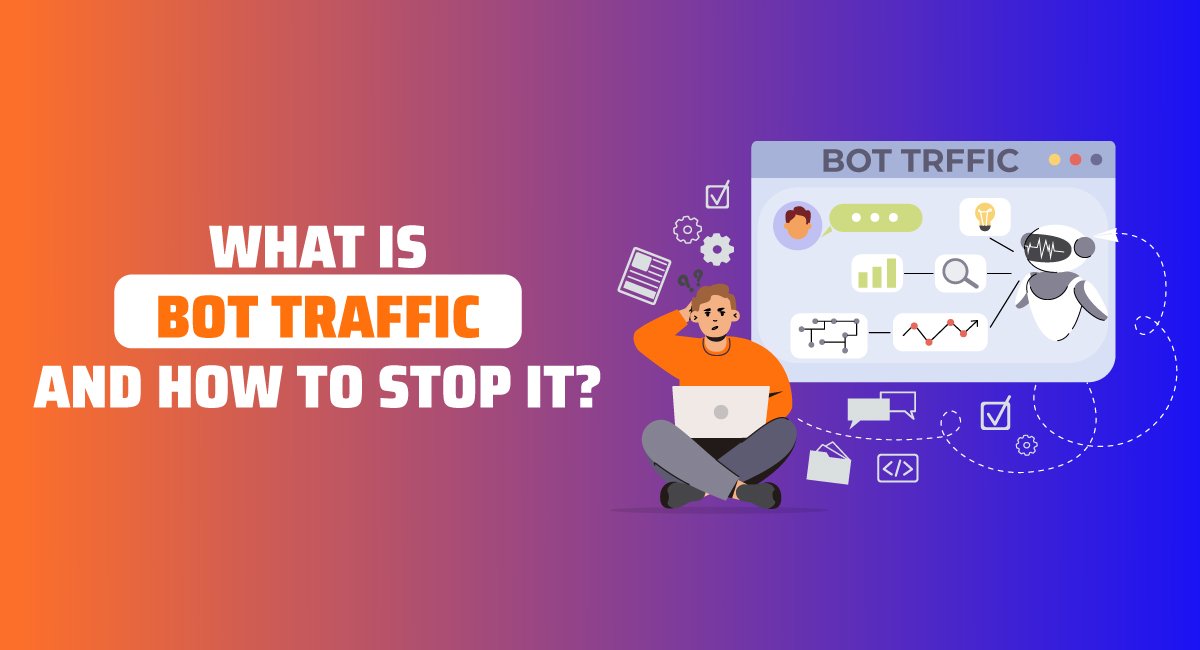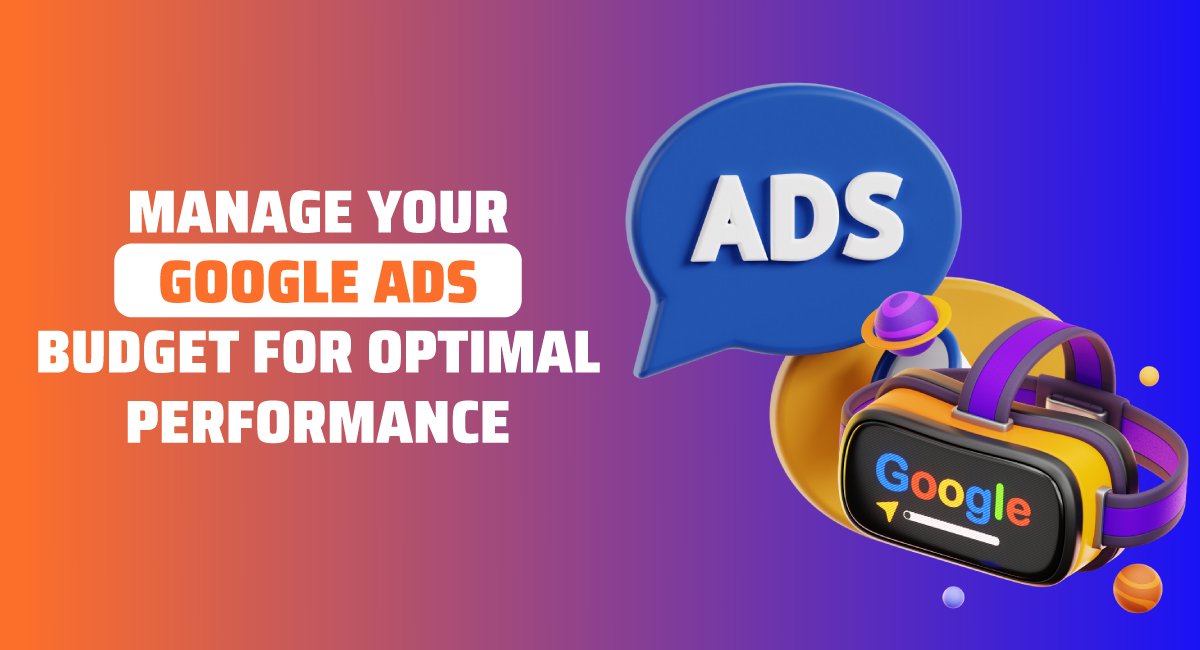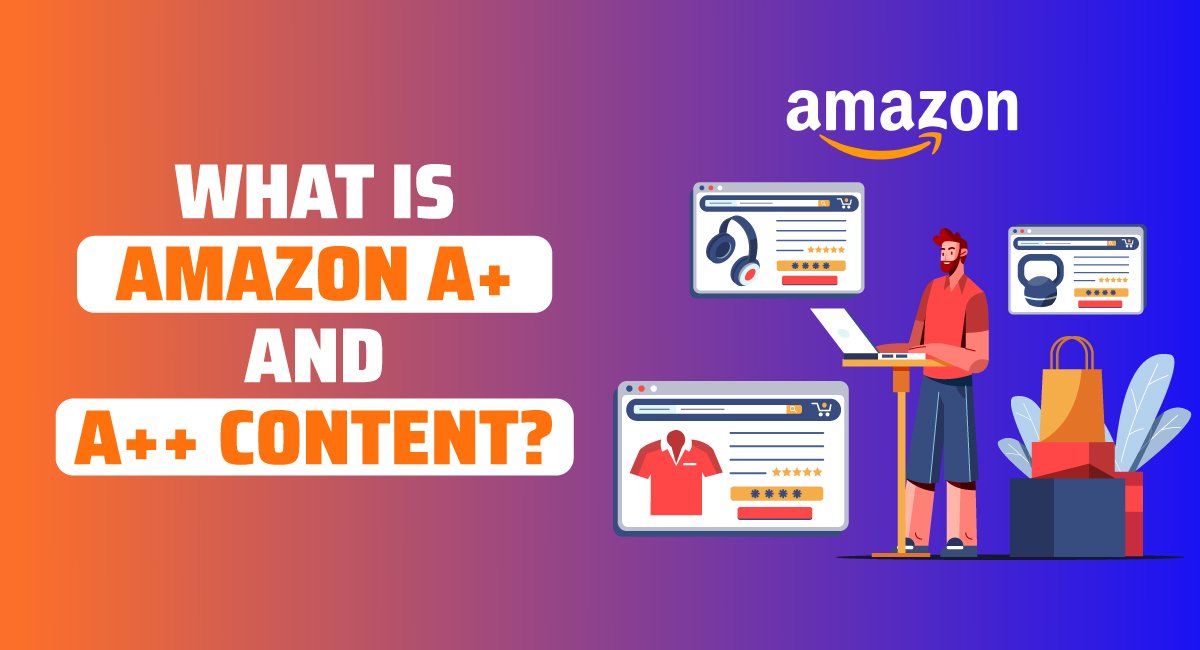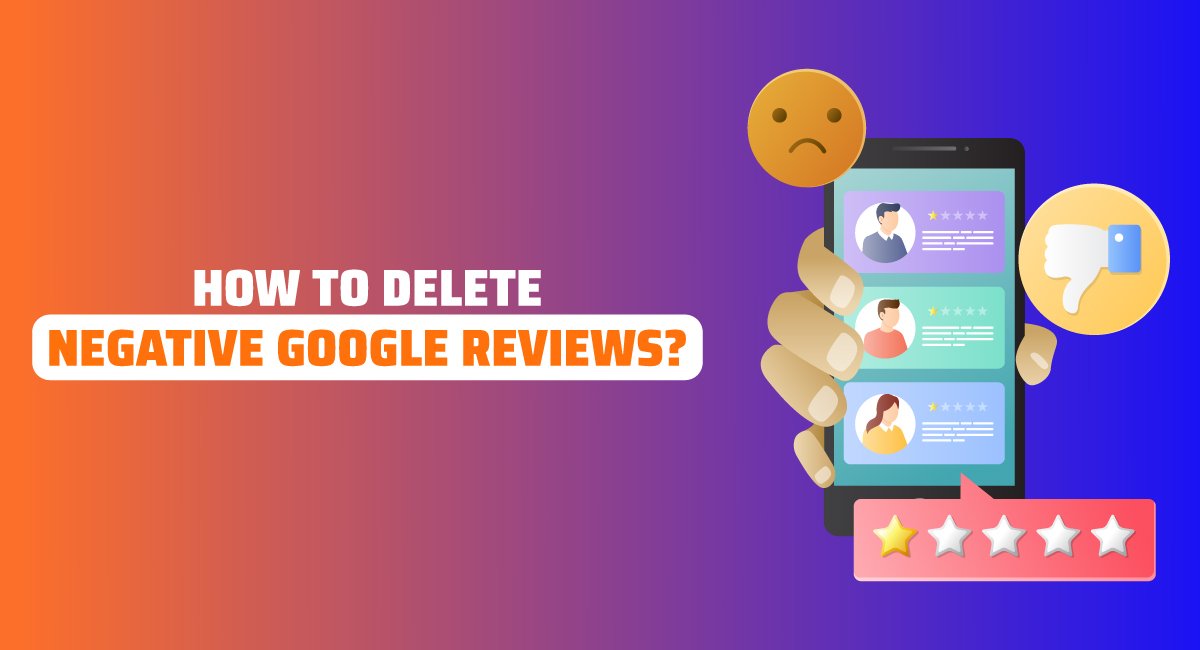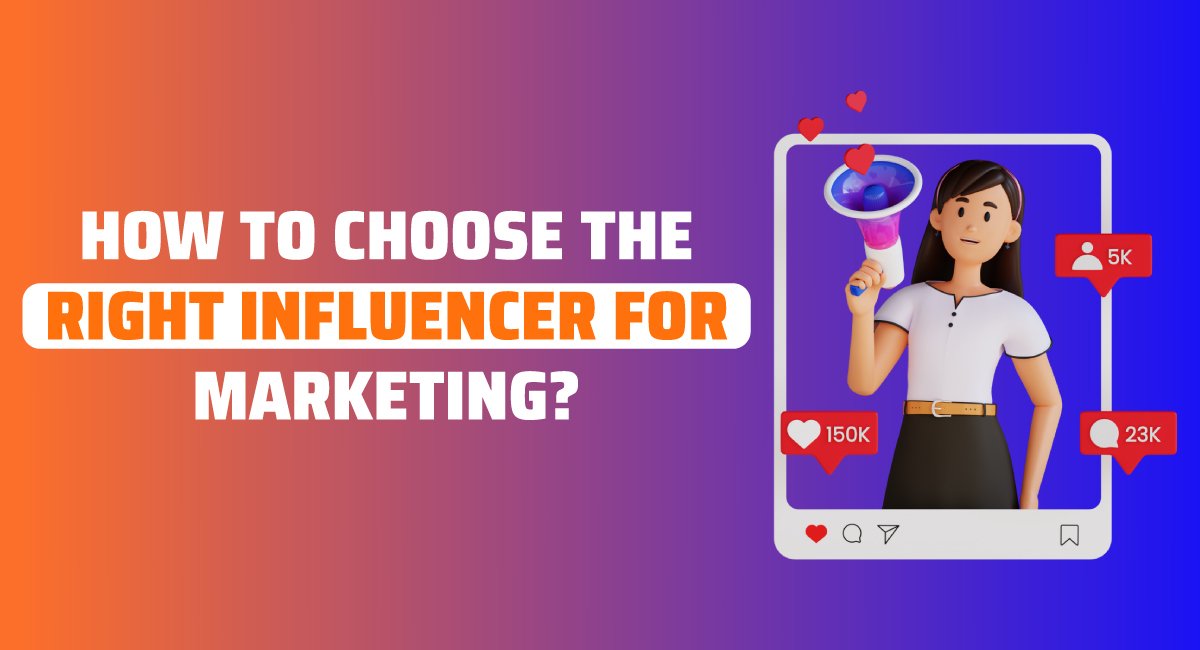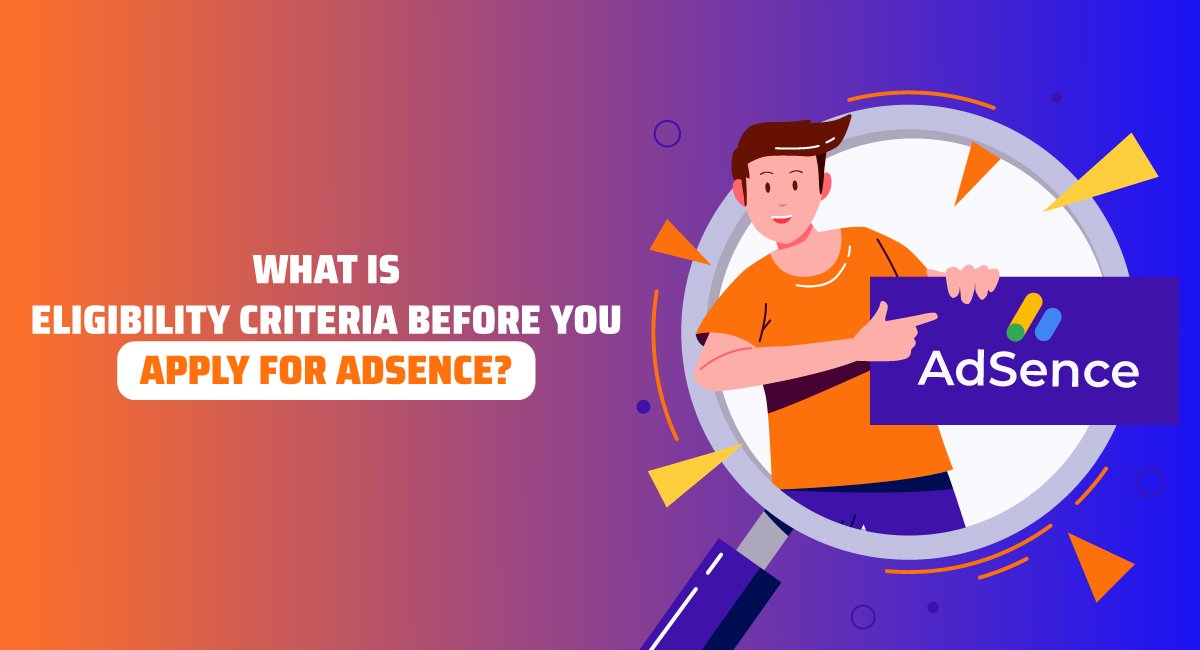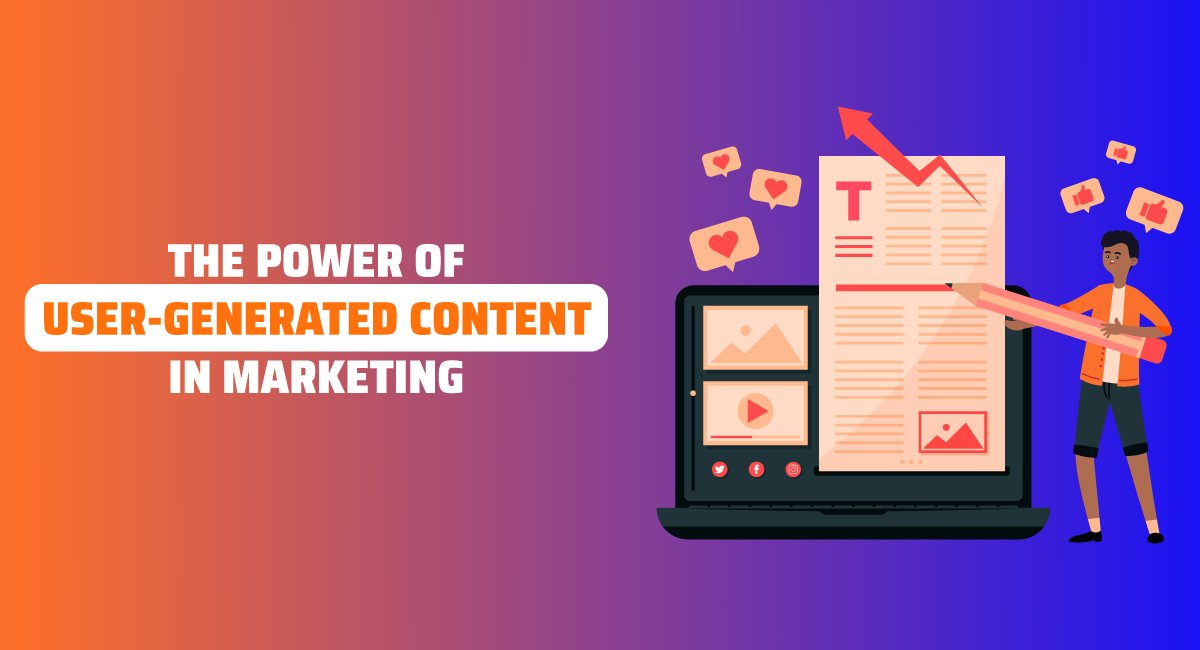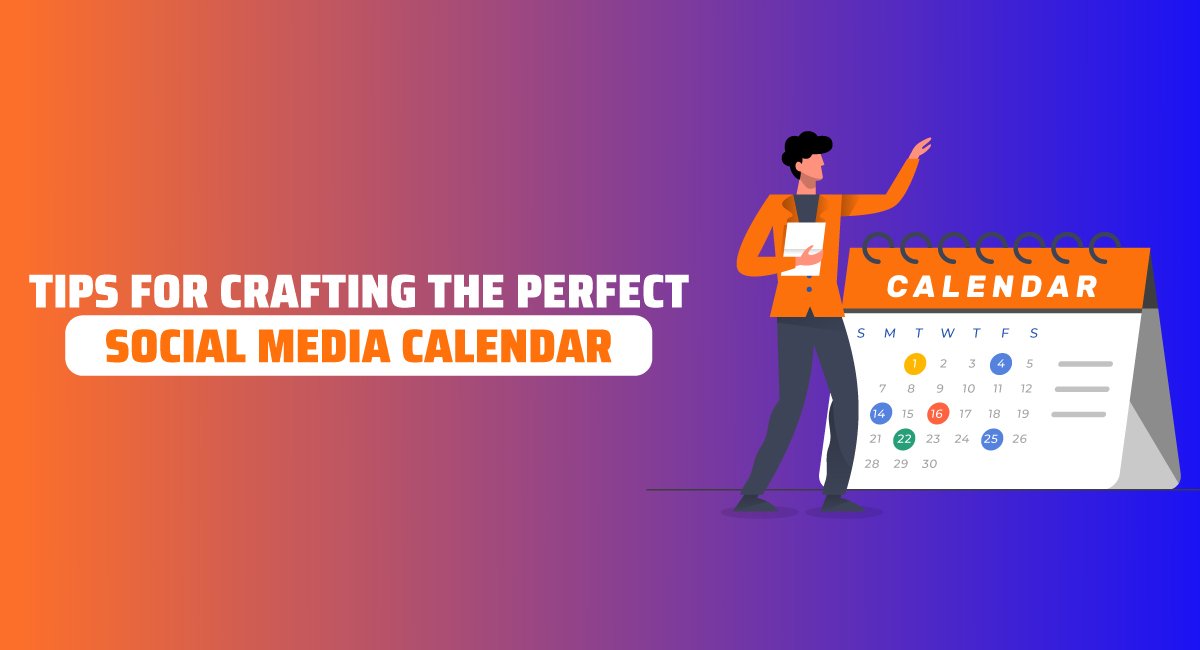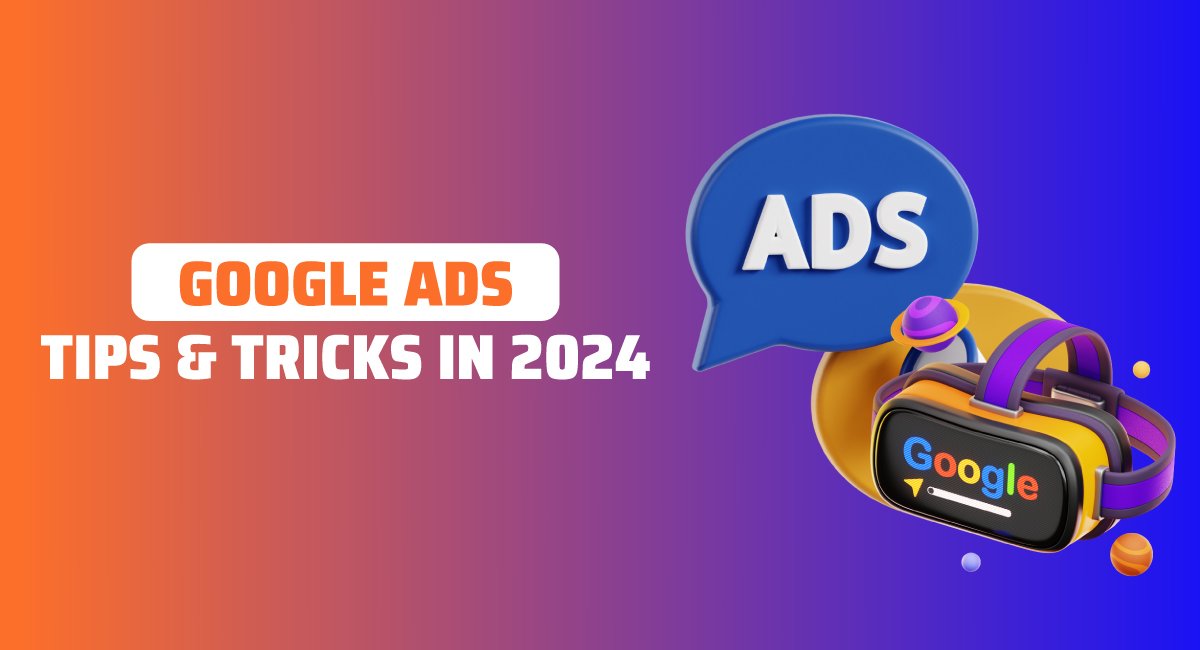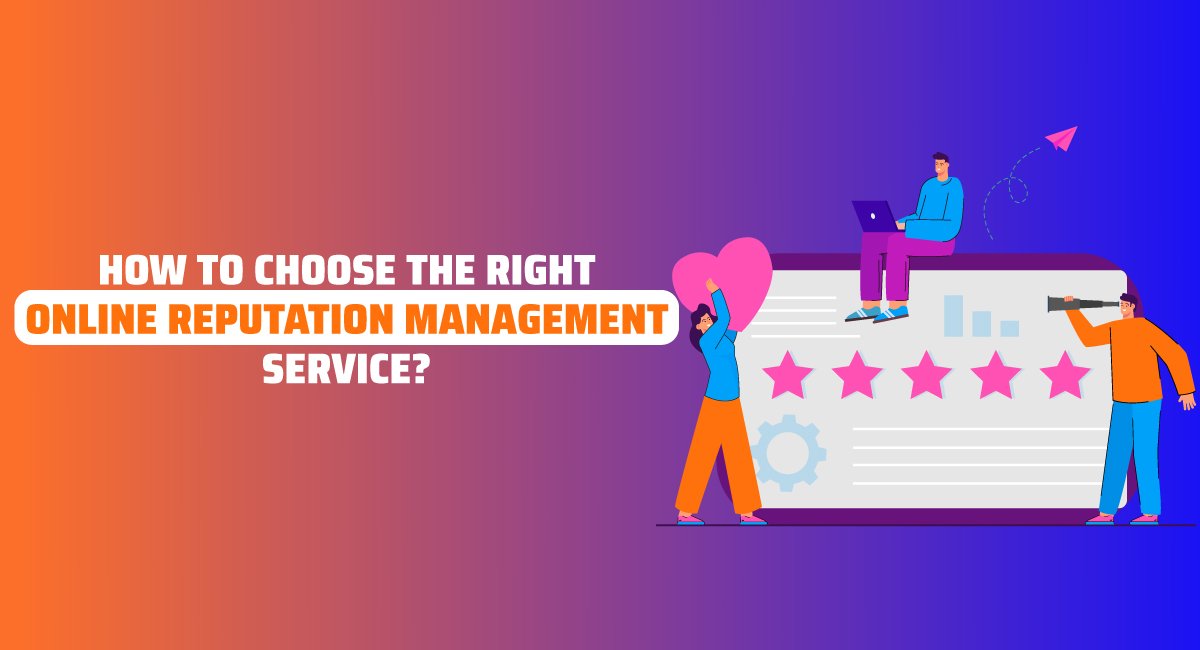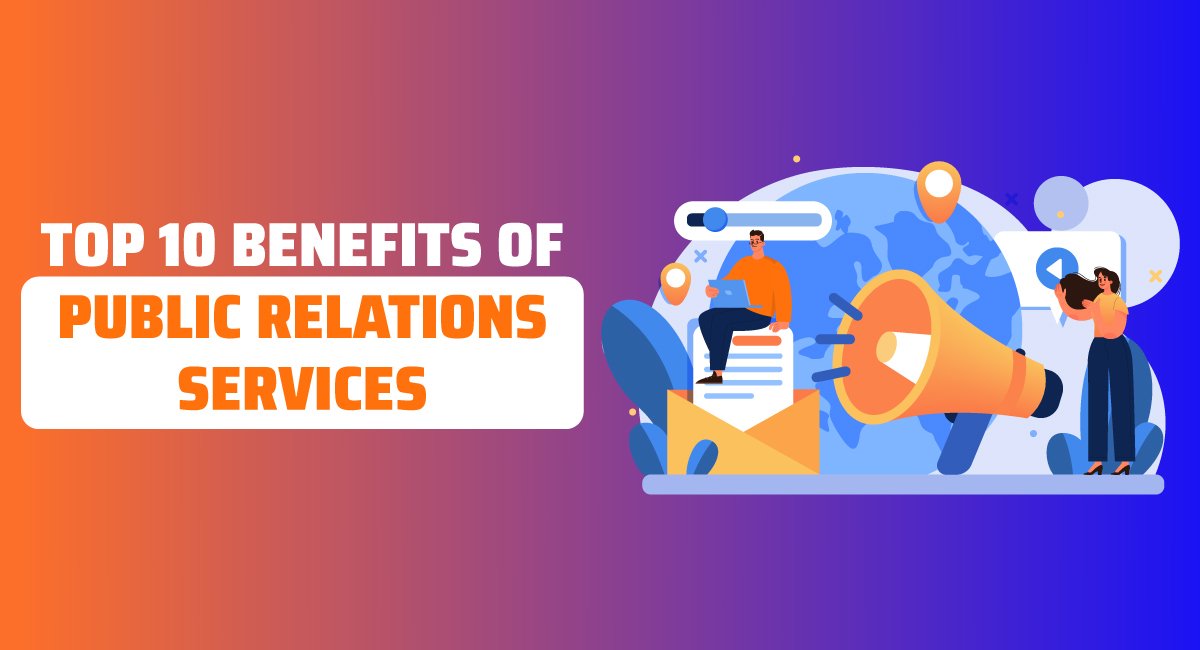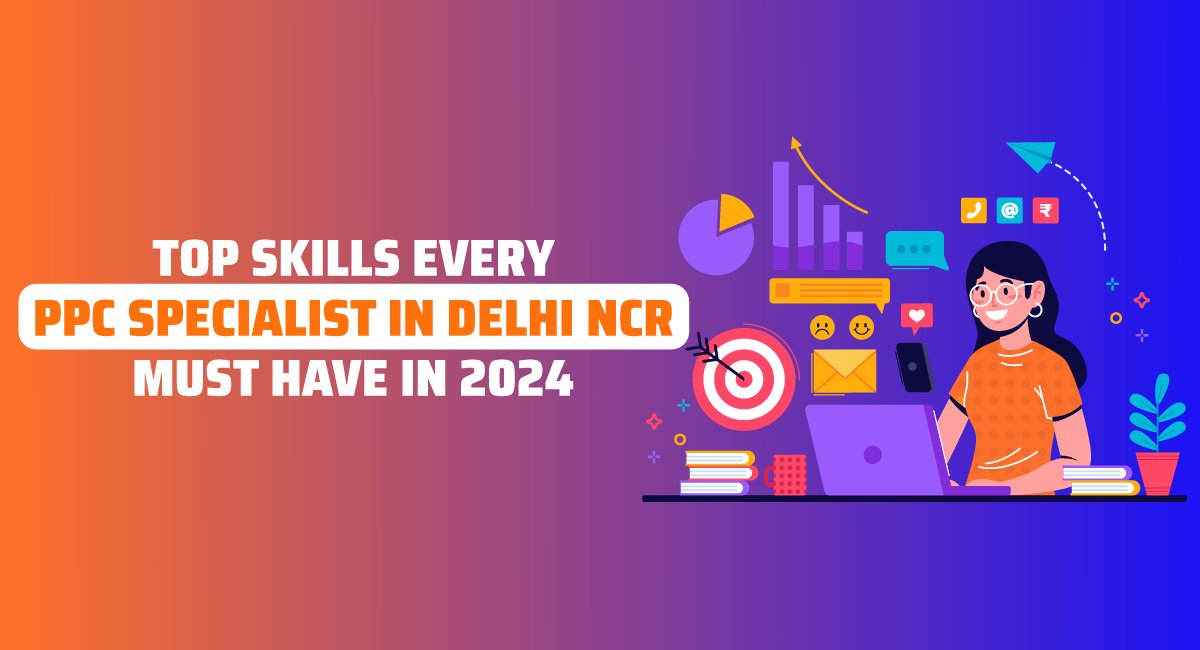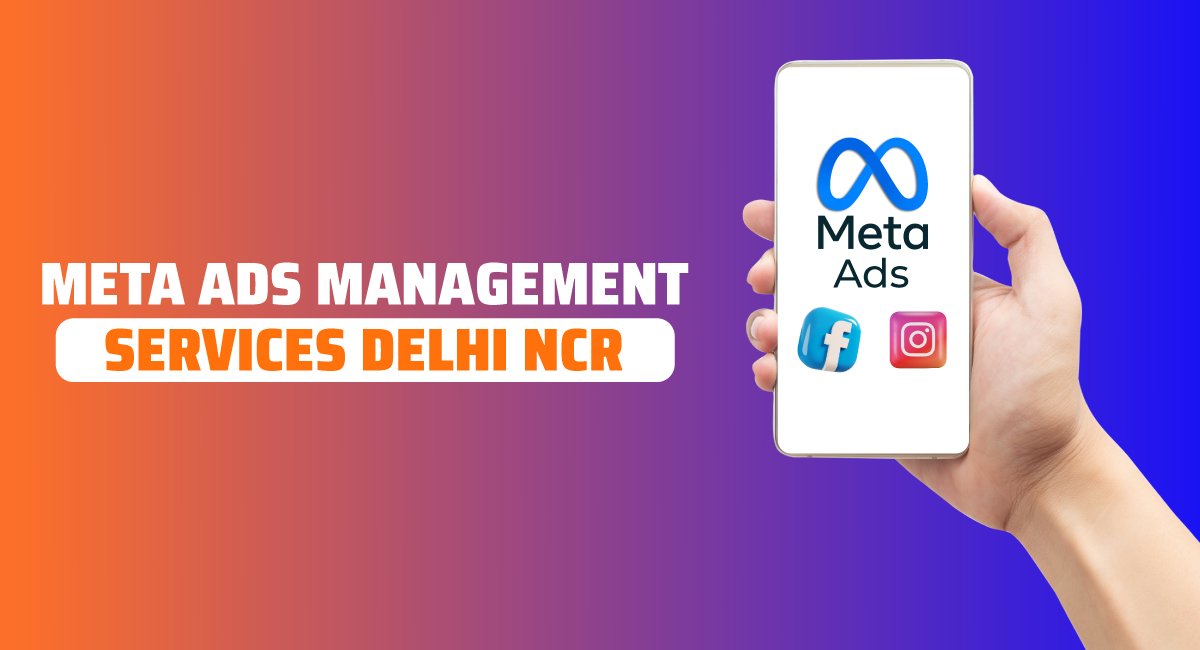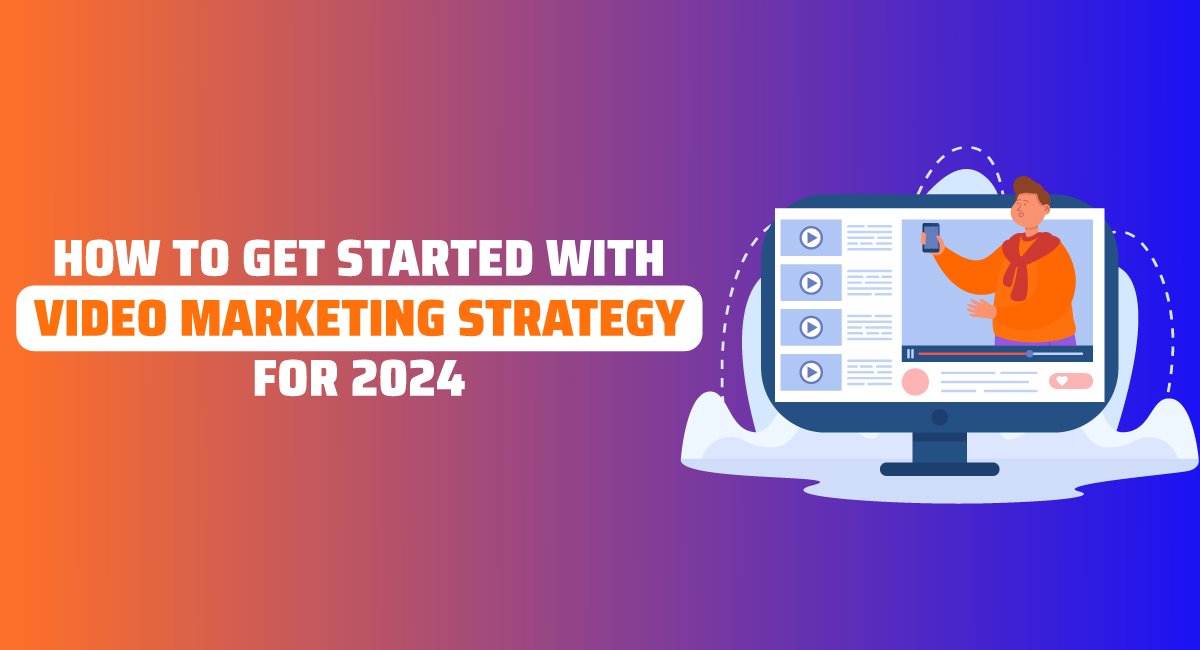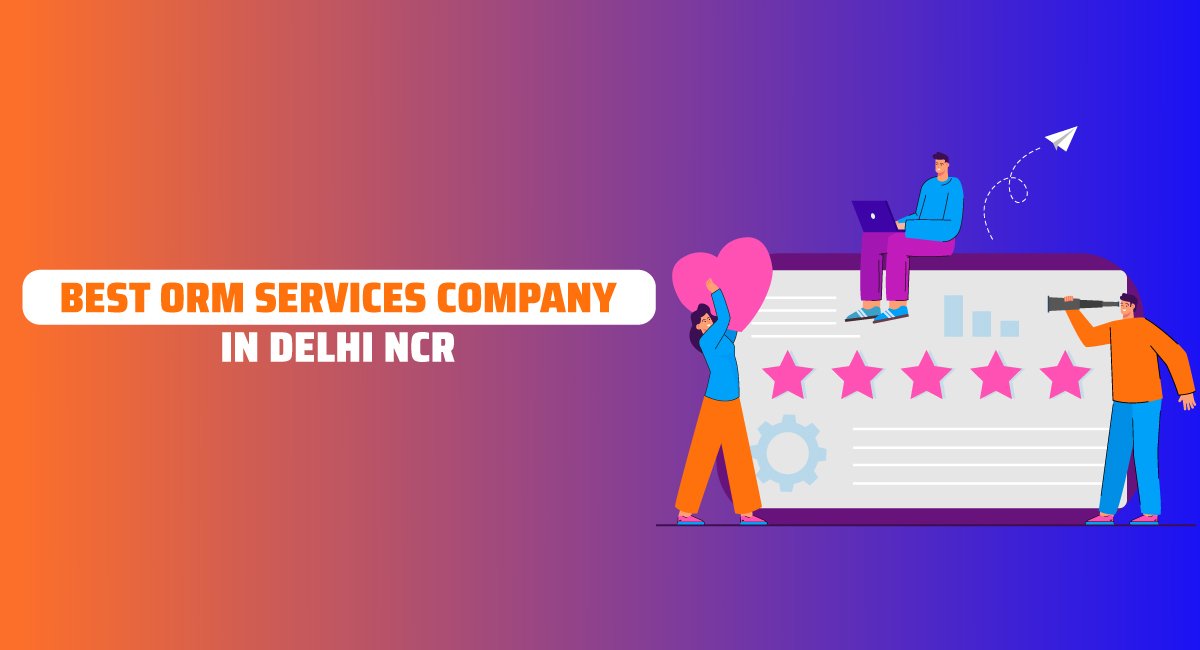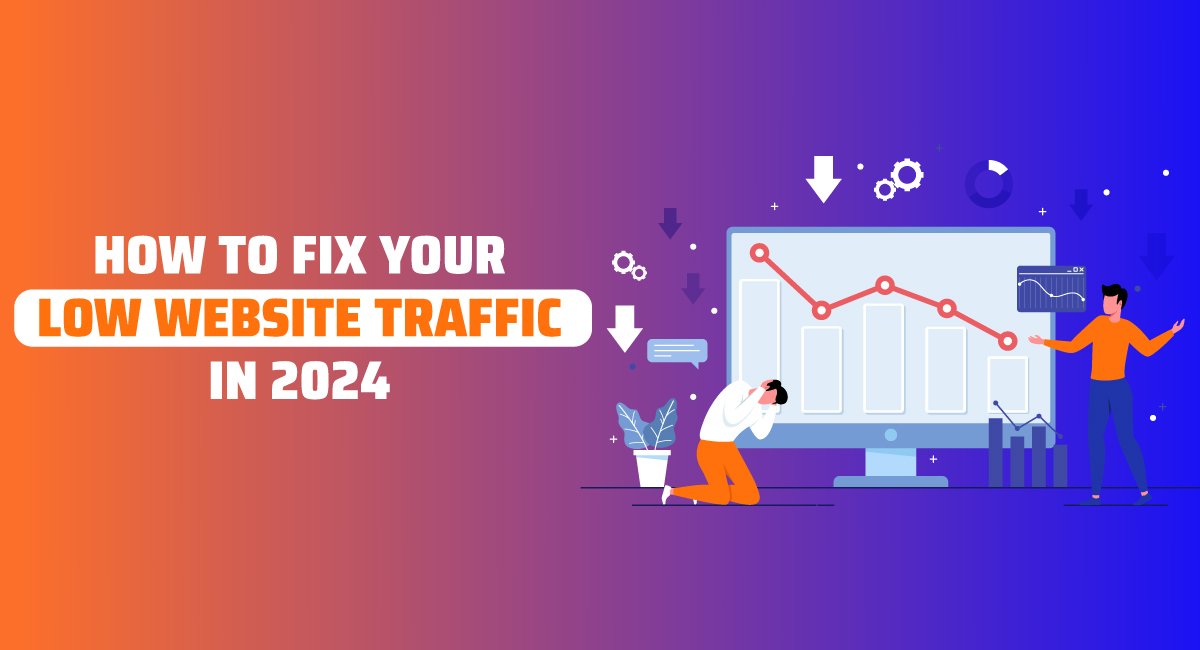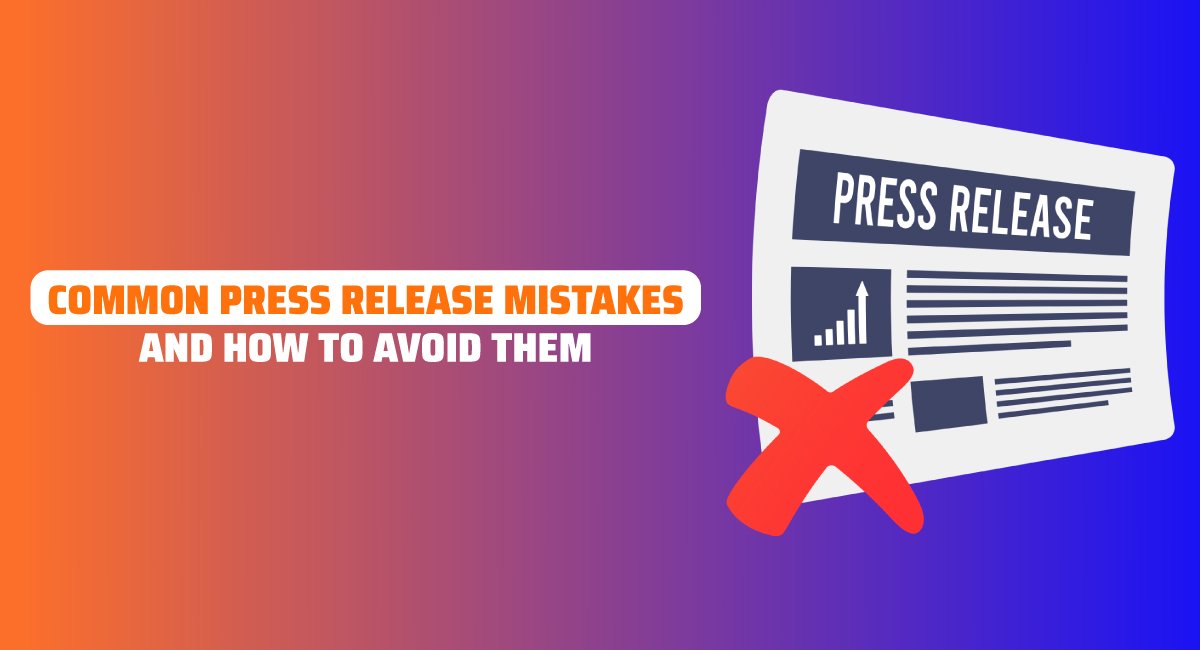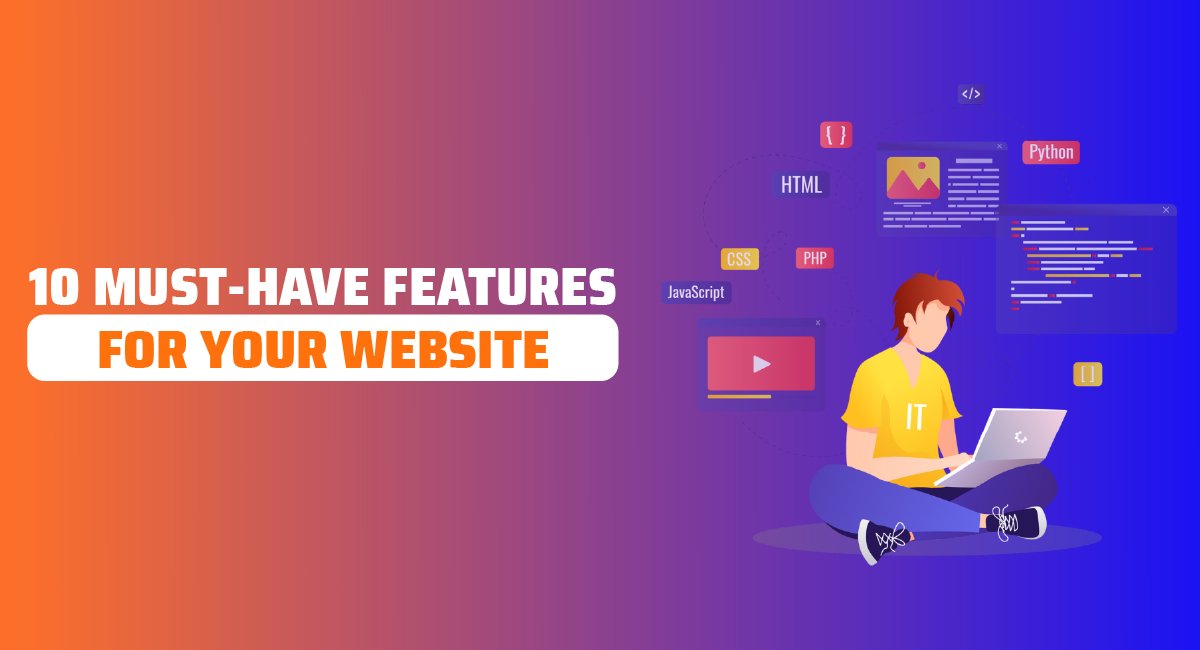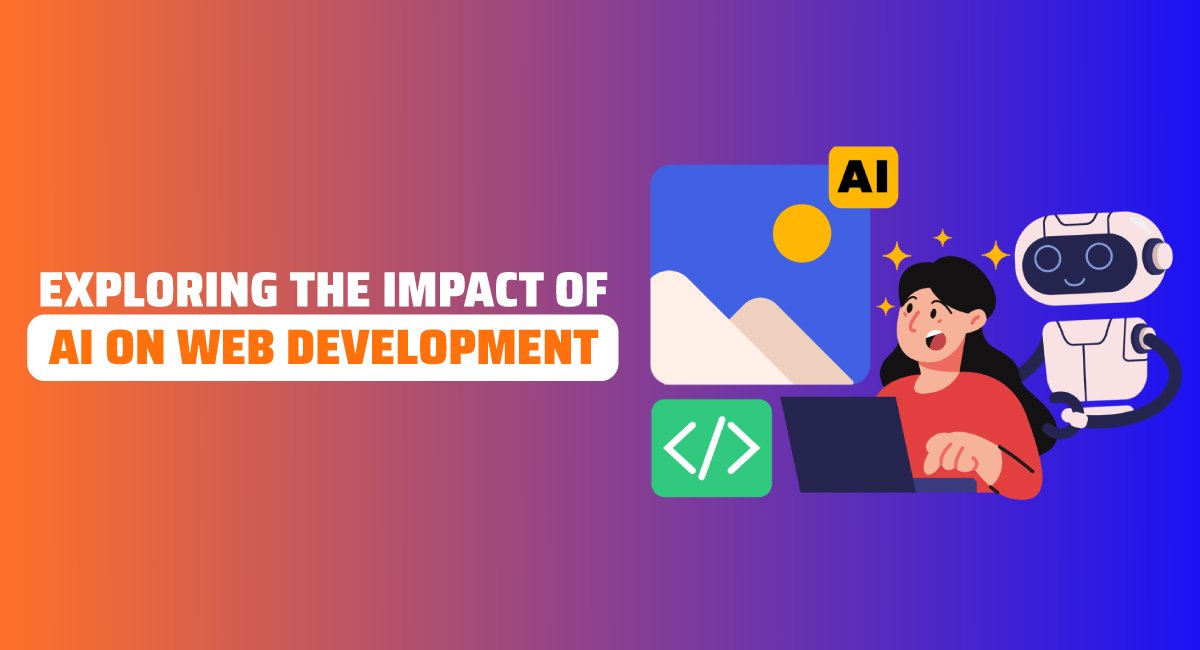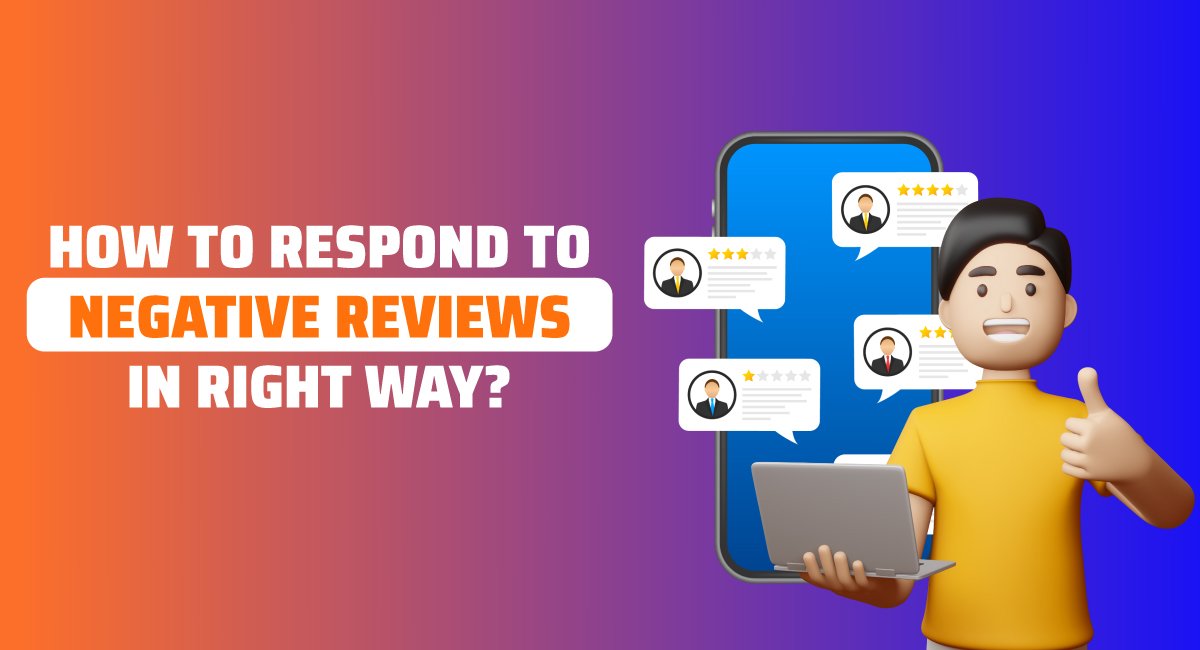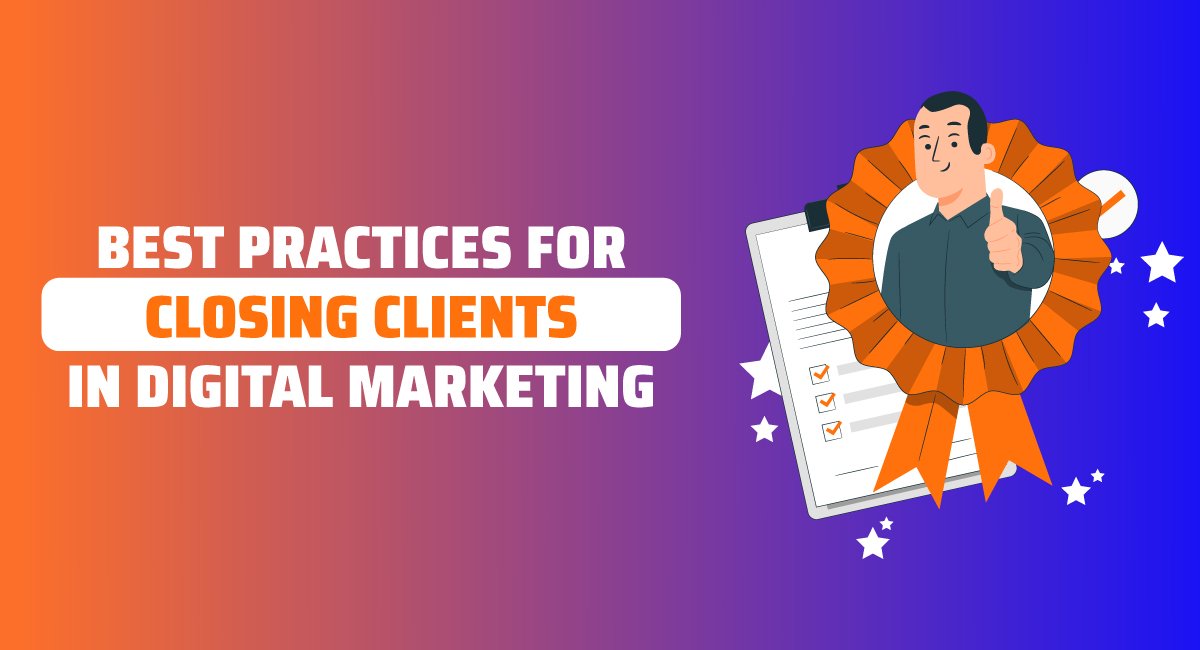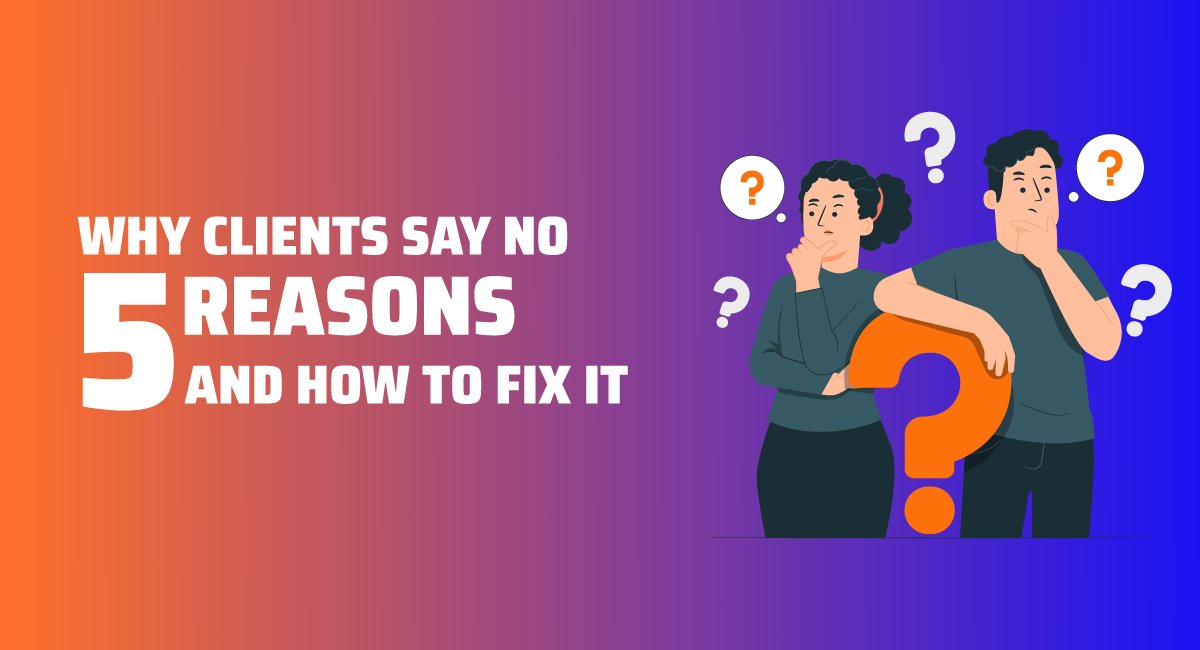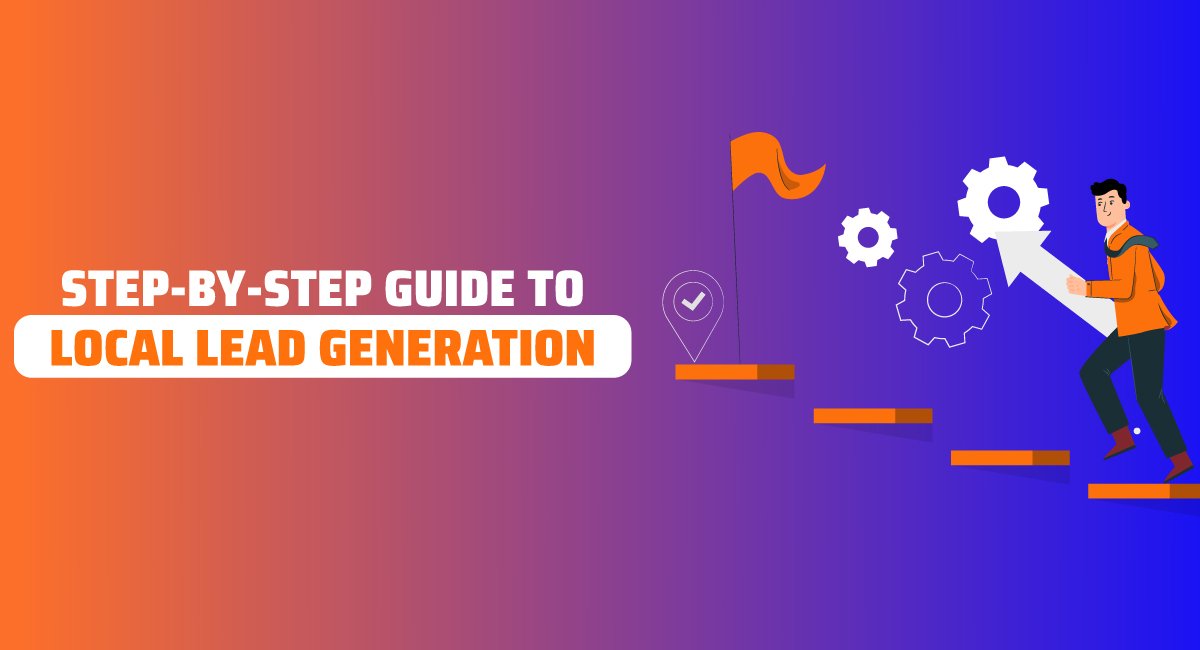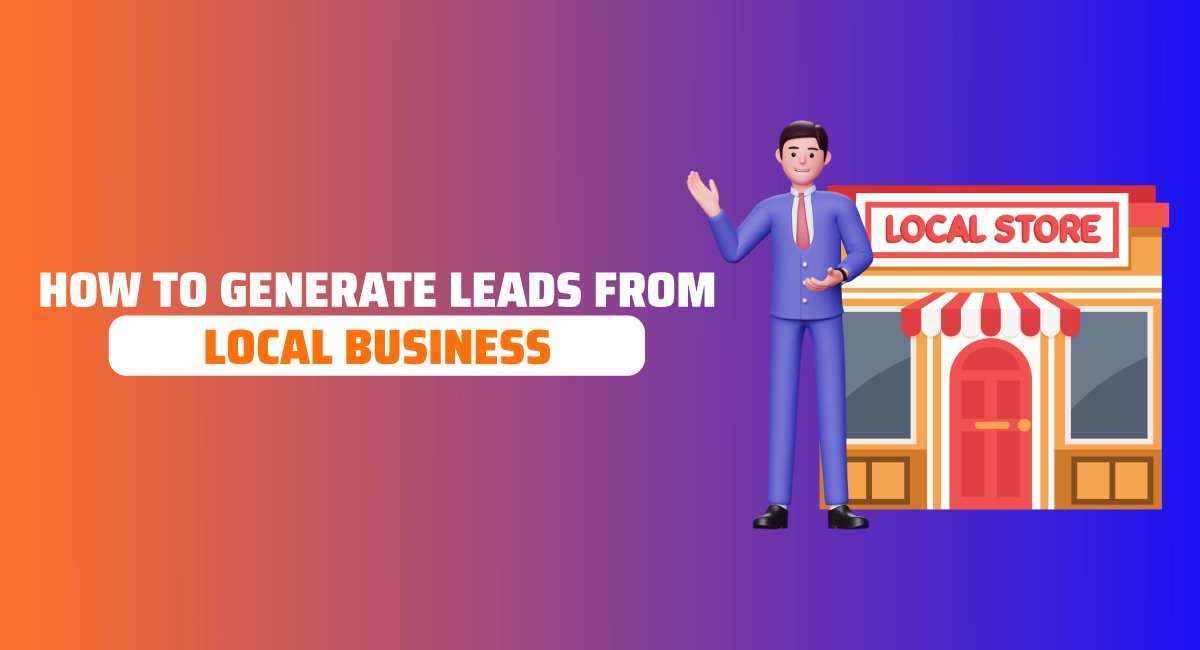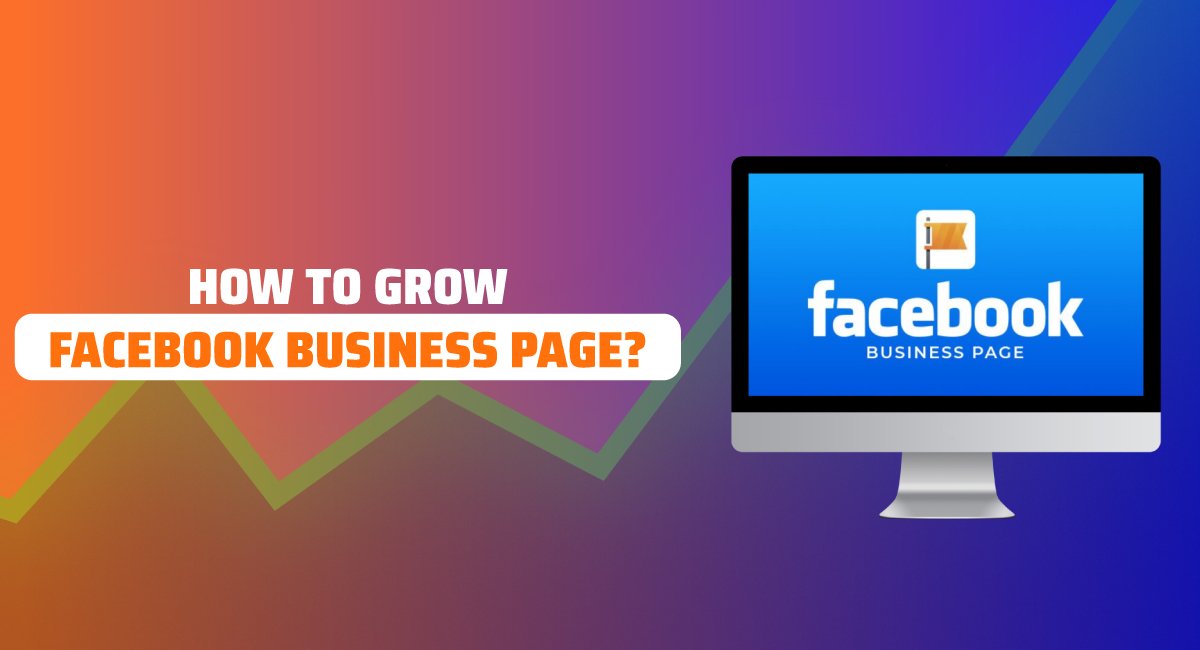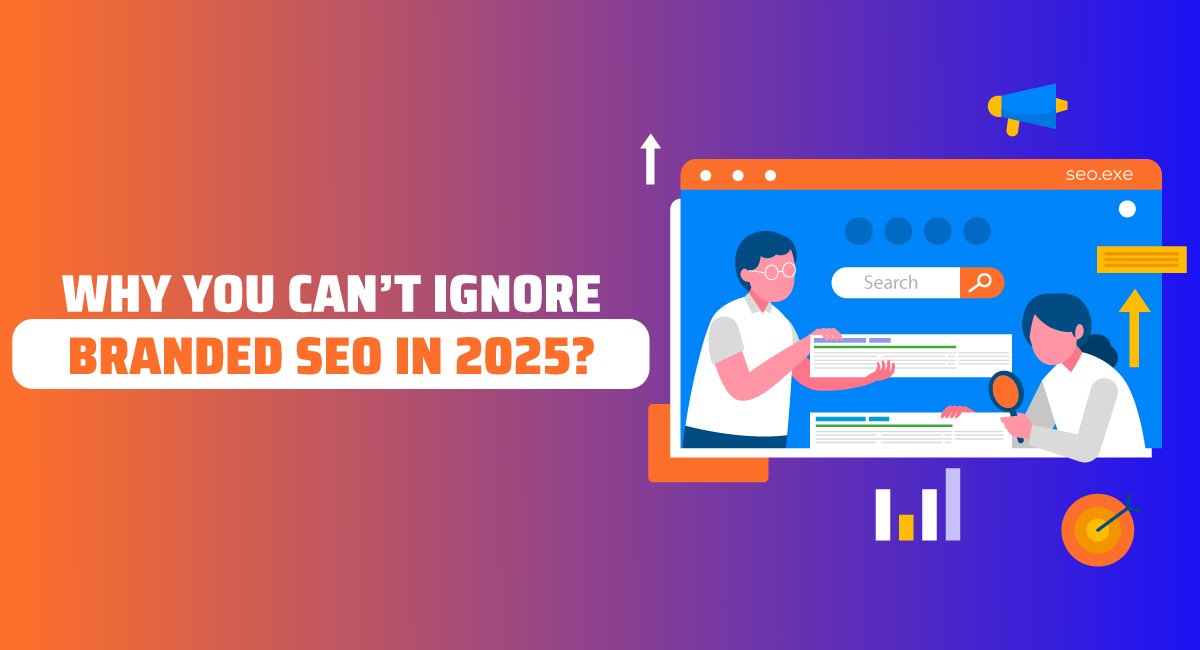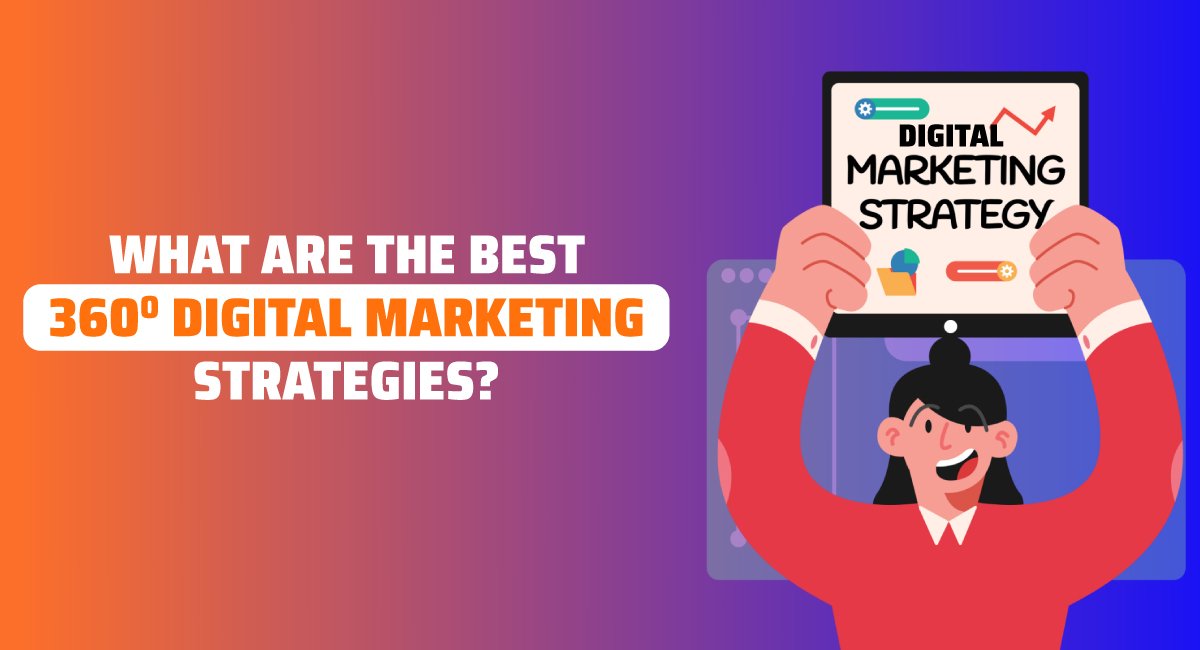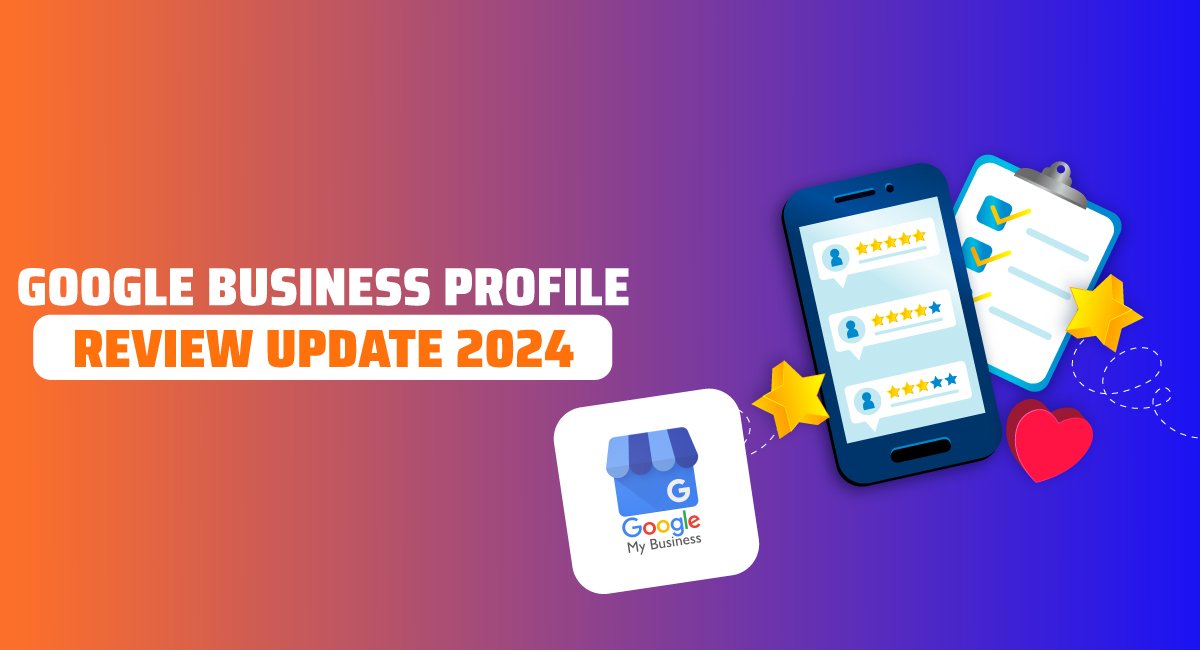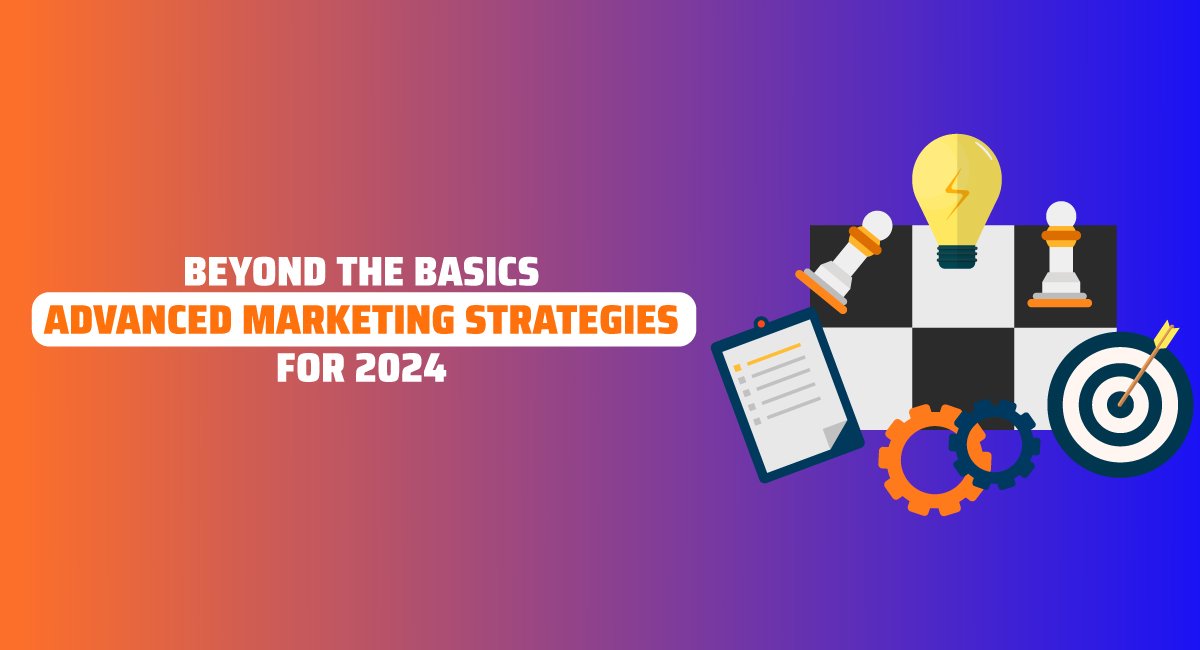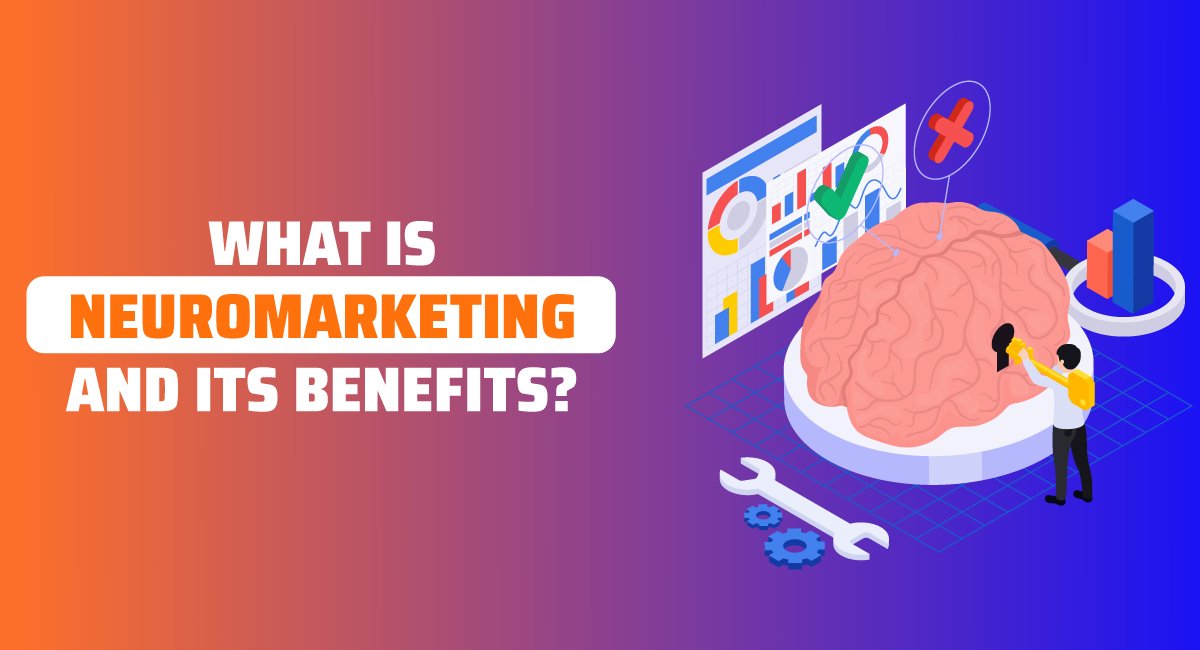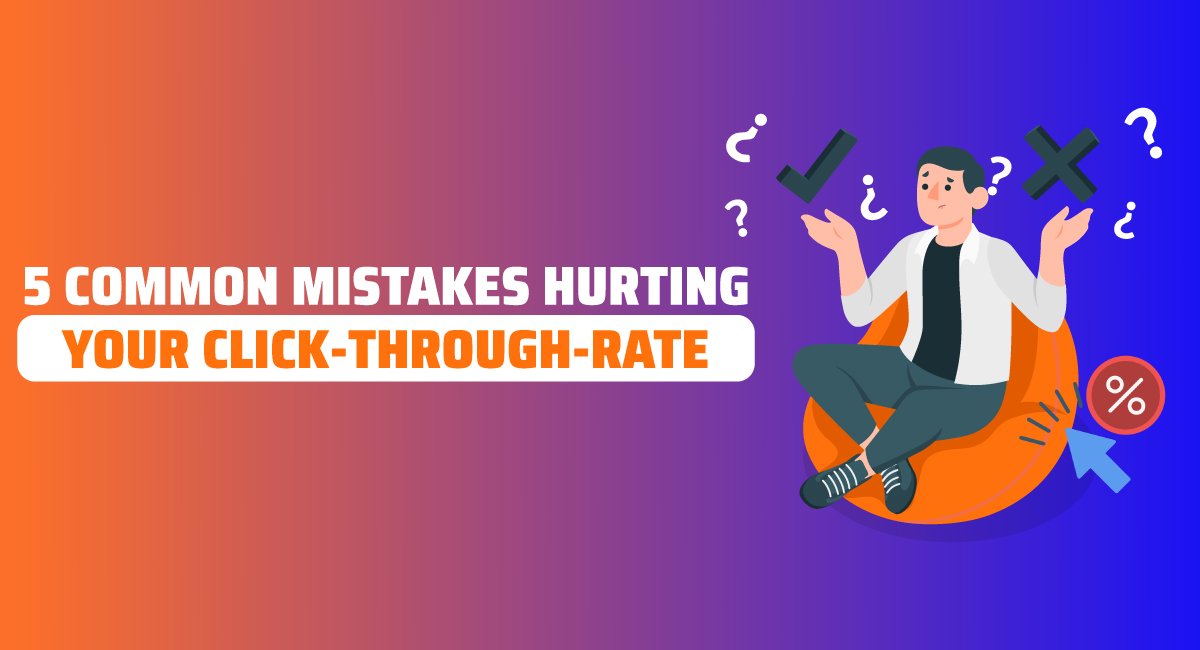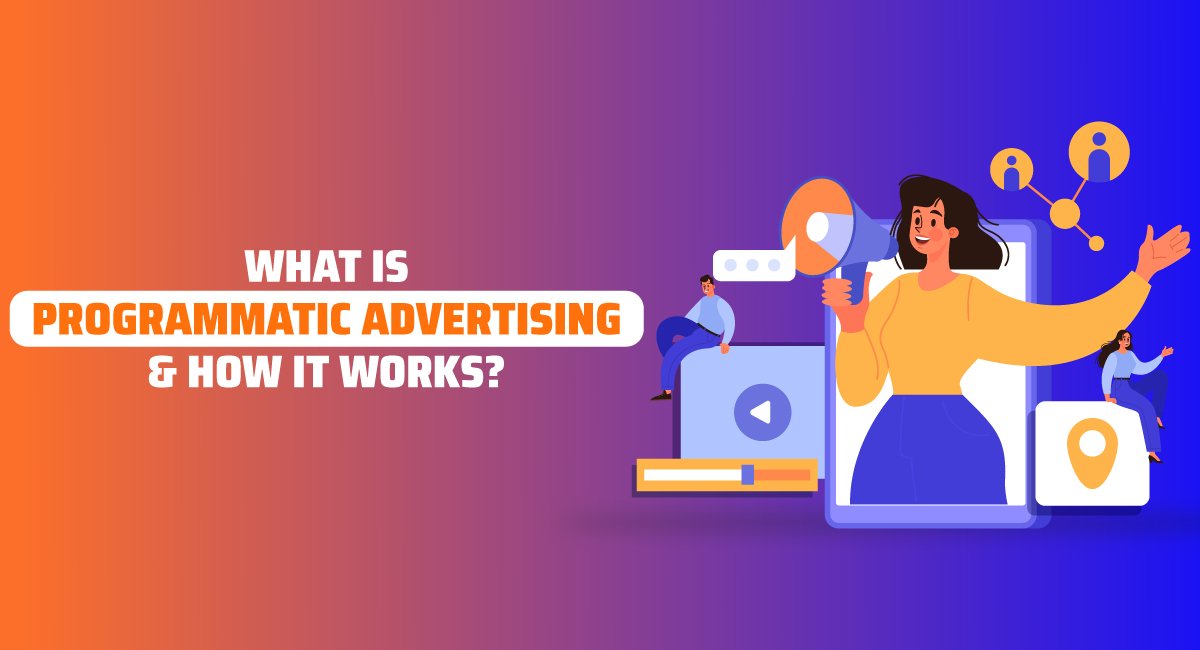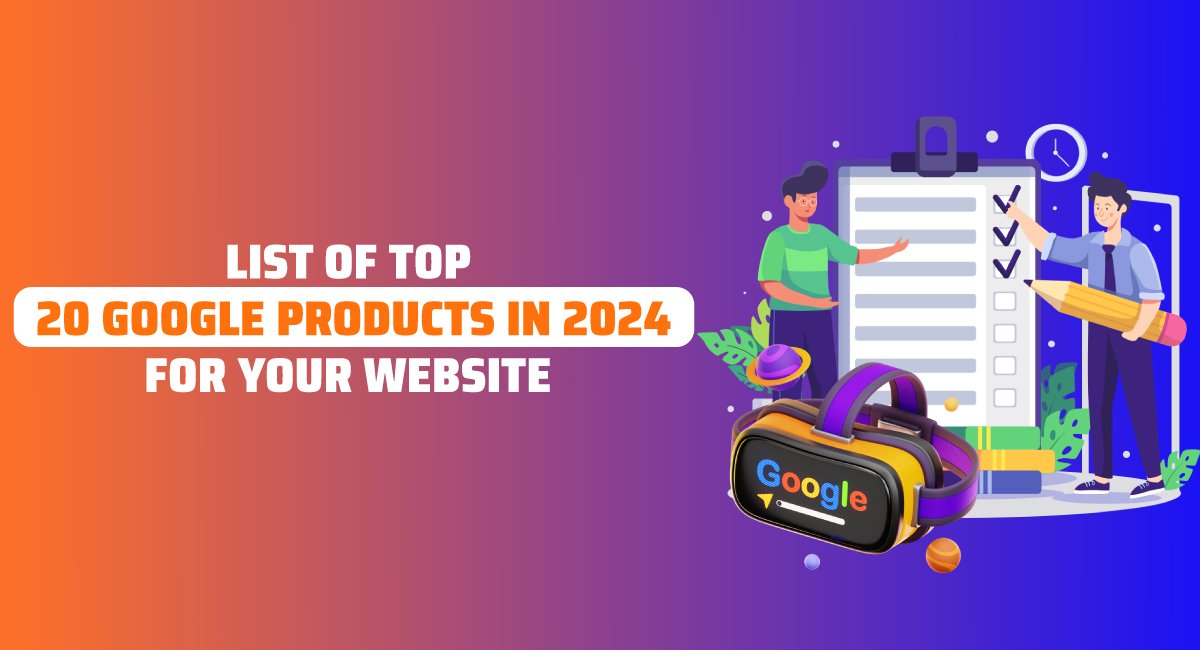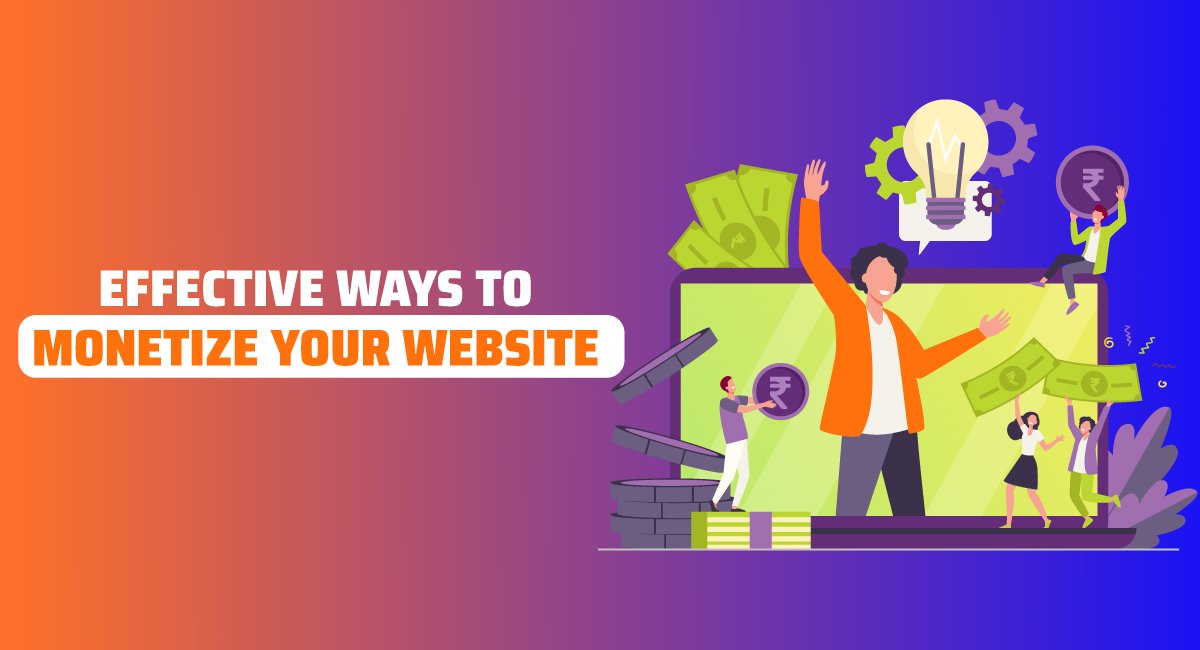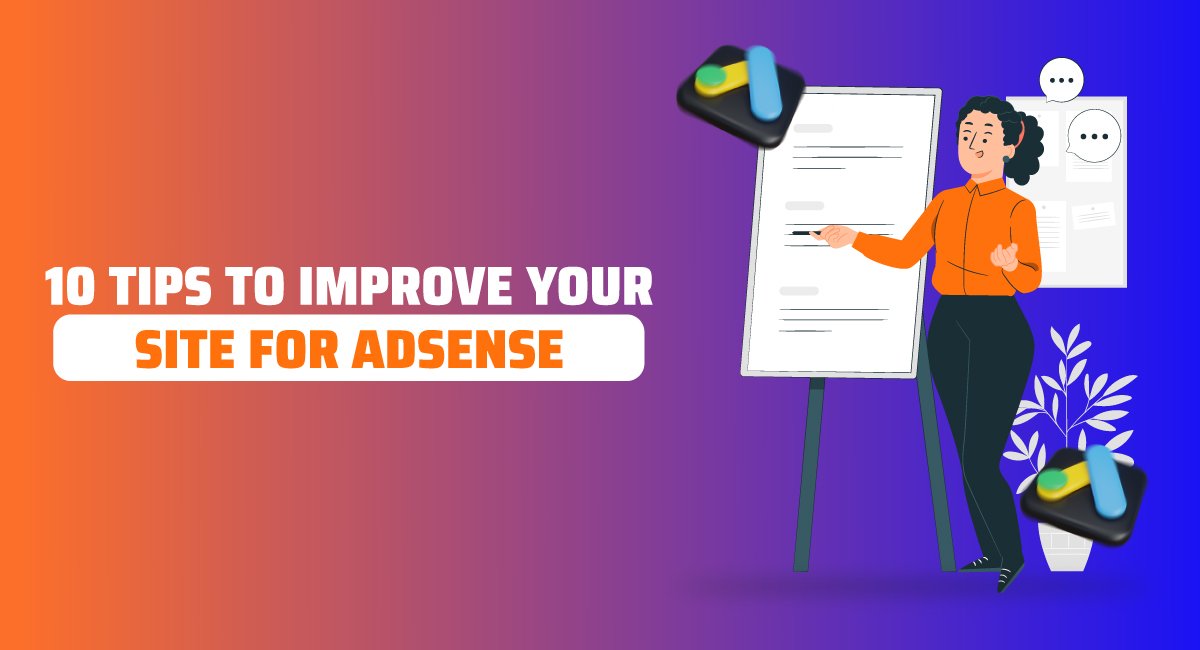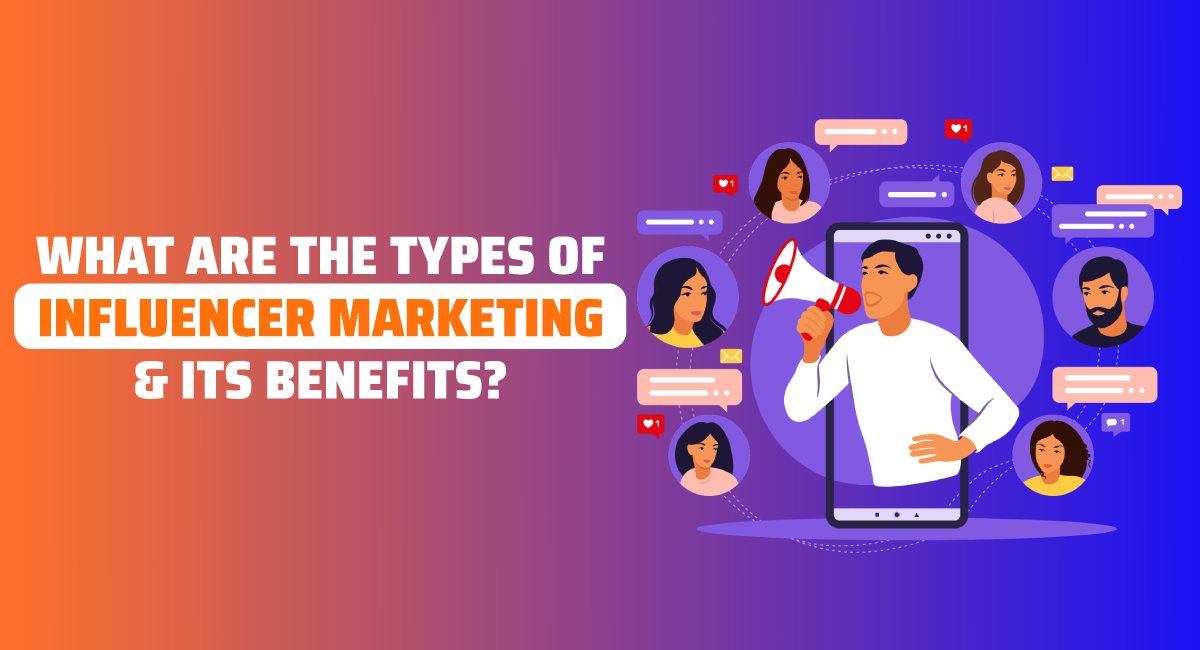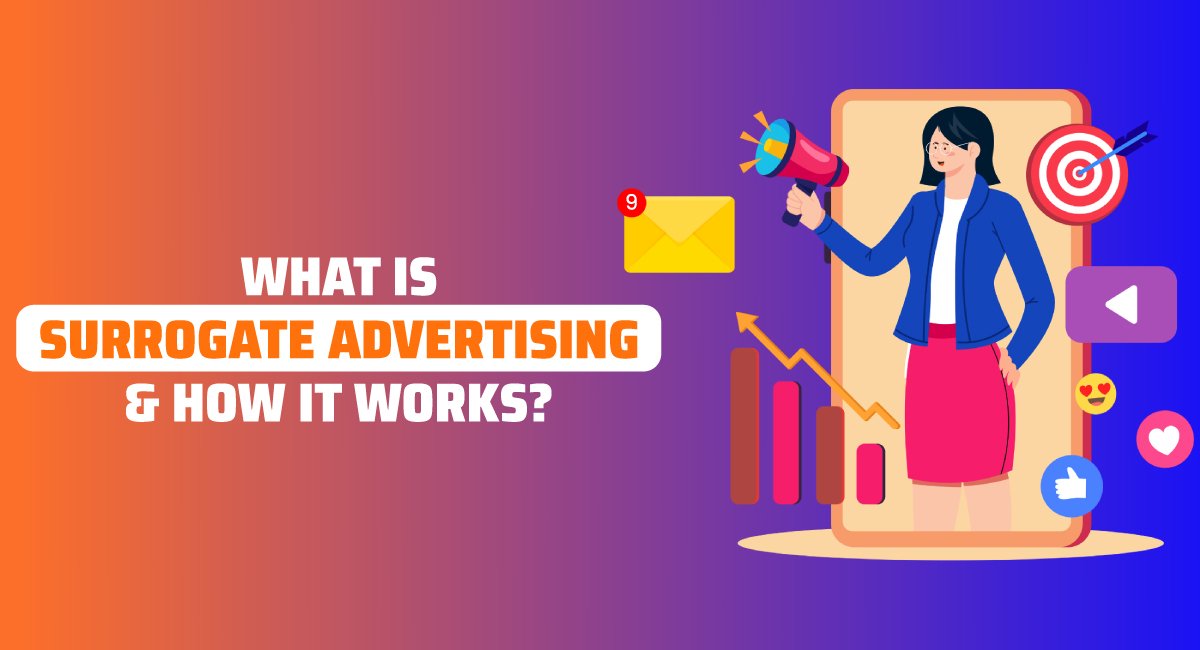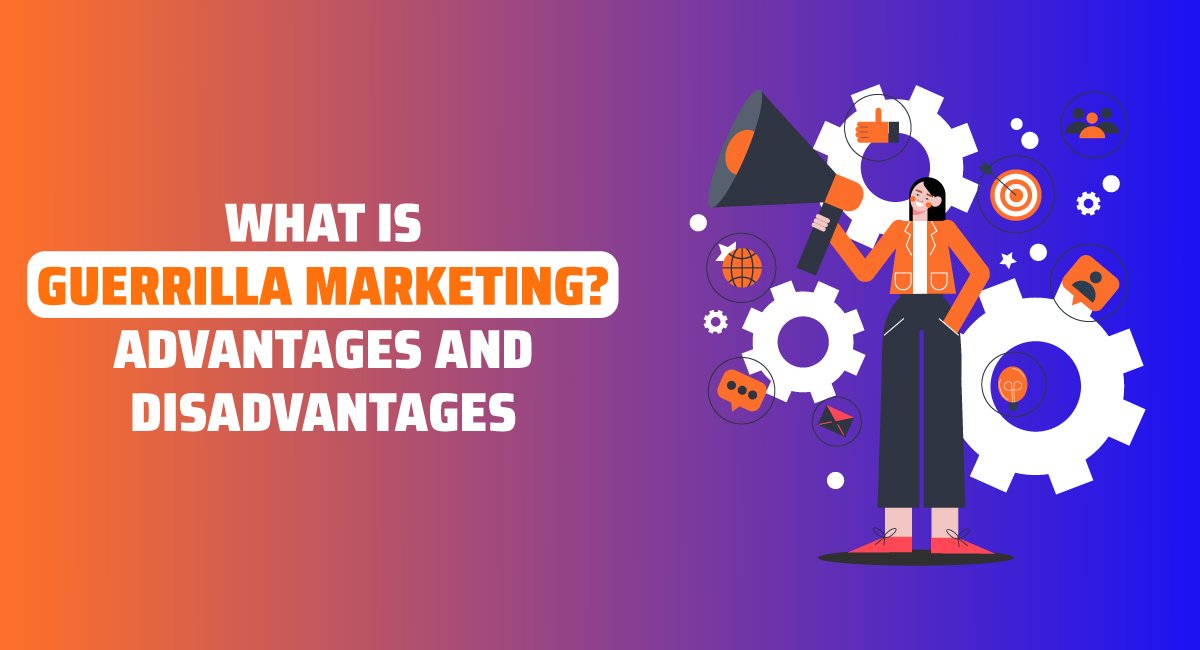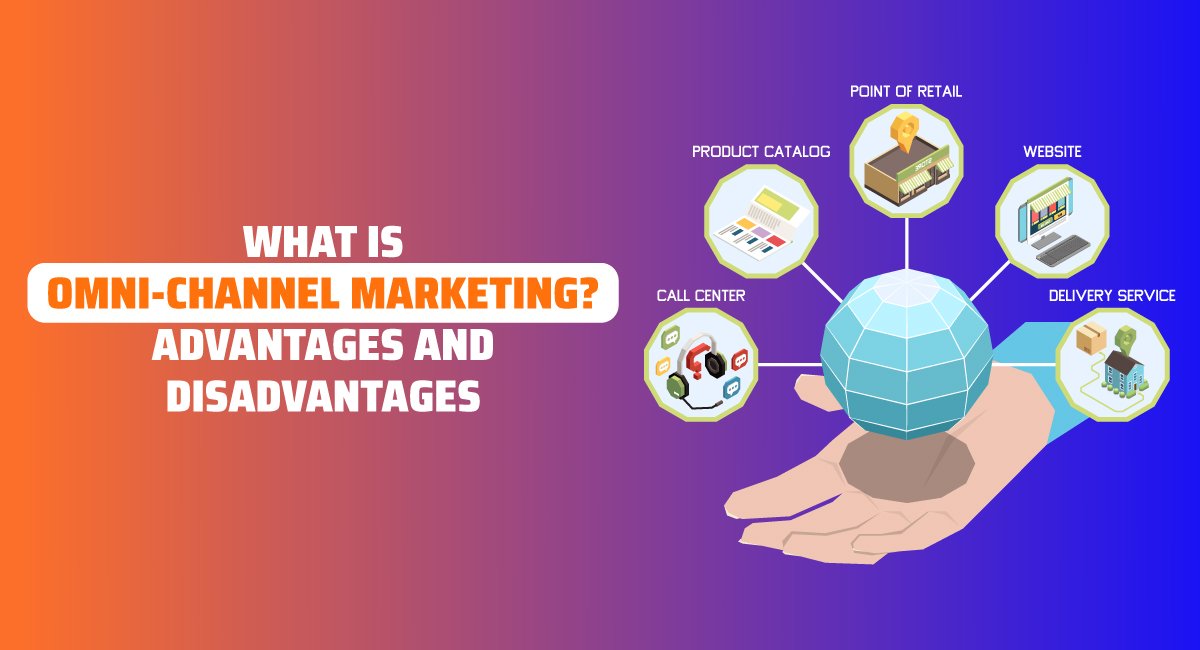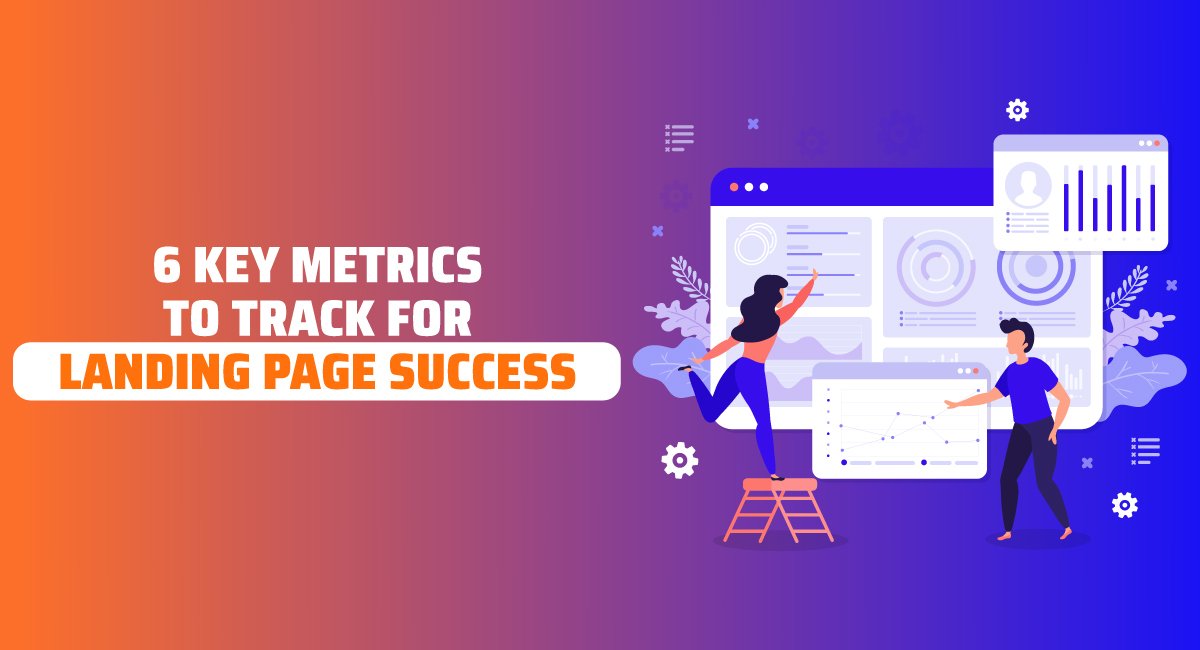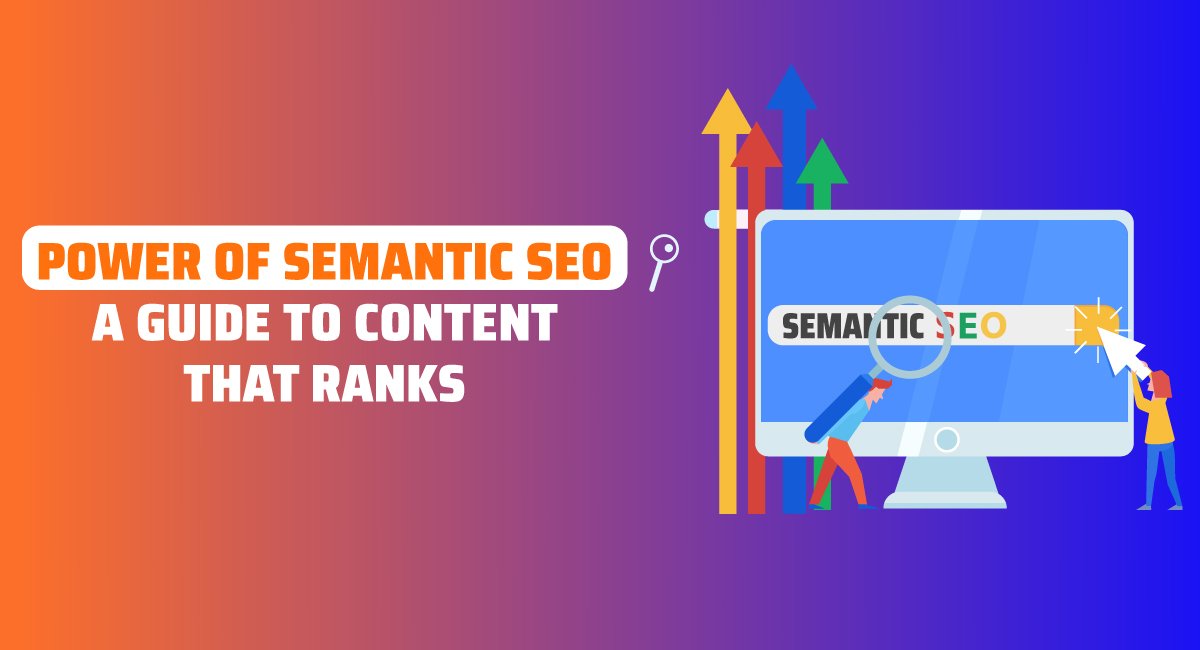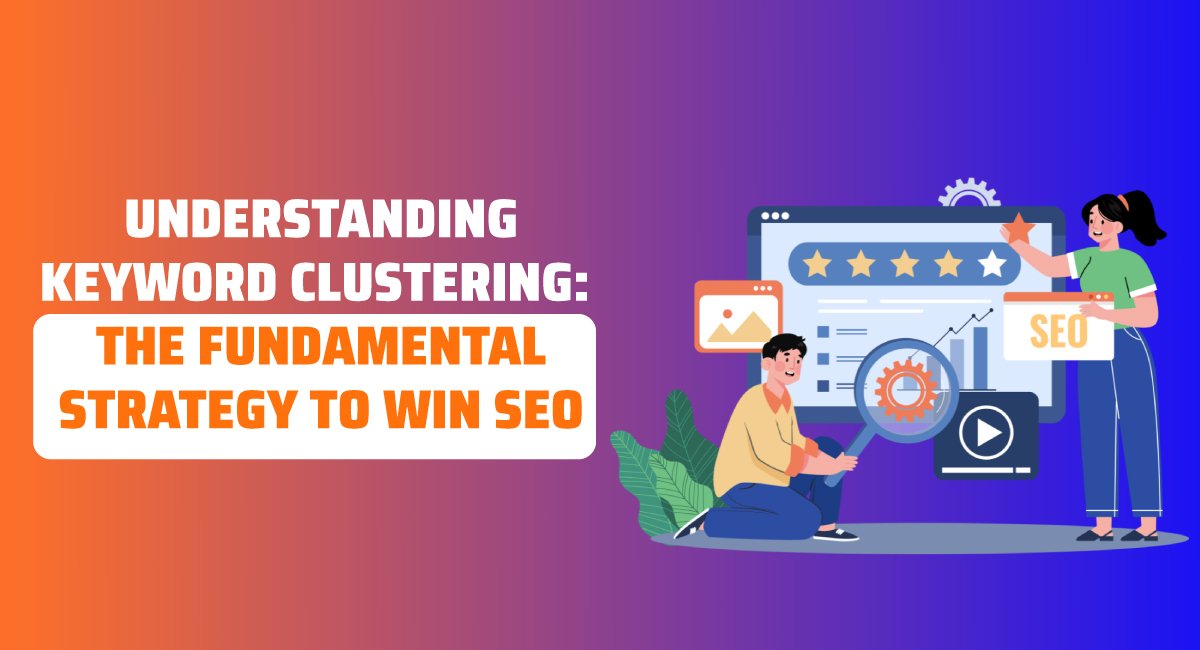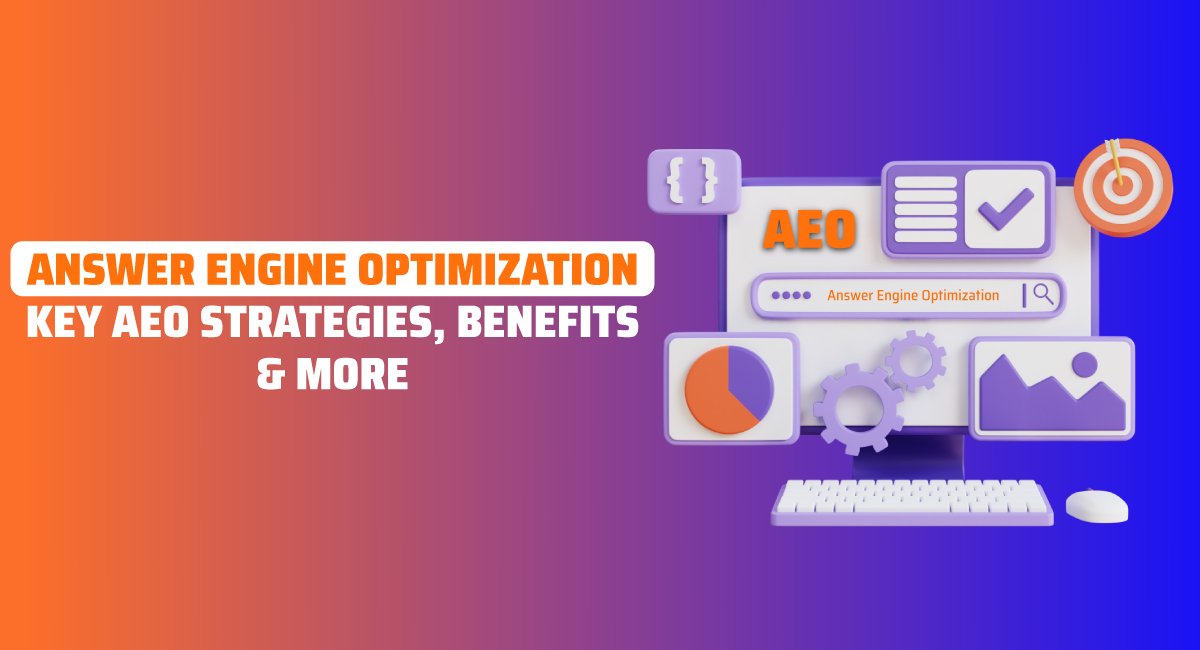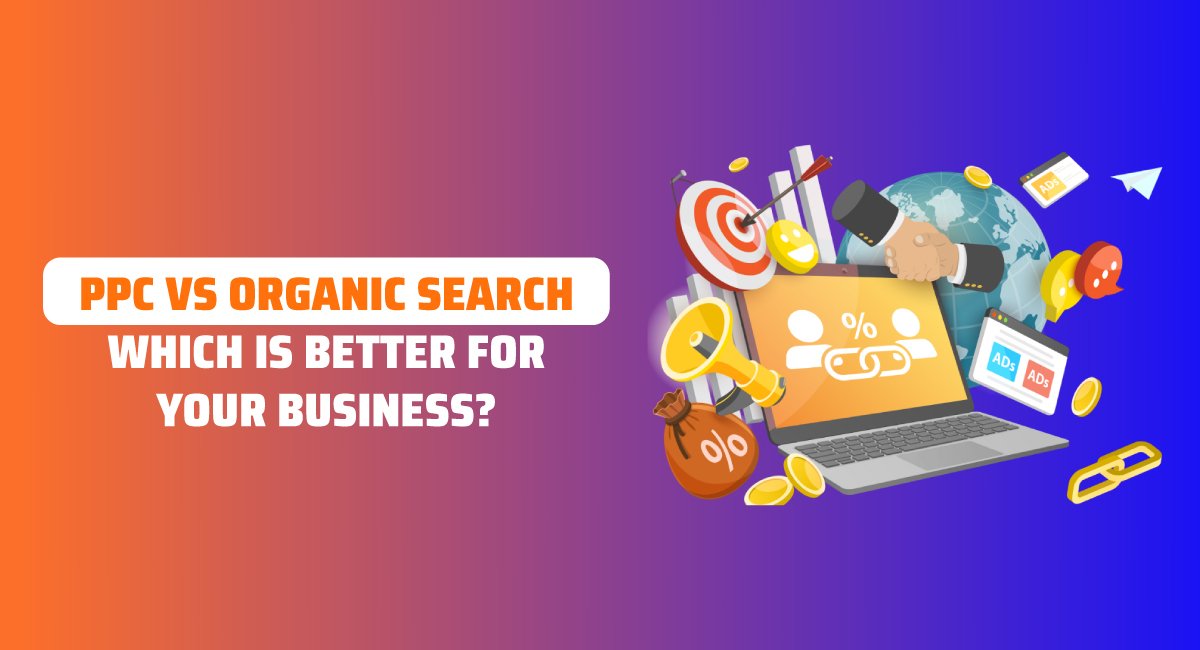
PPC vs. Organic Search: Which is Better for Your Business?
When it comes to online marketing, two of the most popular strategies are PPC (pay-per-click) and SEO (search engine optimization). Both strategies have their own advantages and disadvantages, and many businesses struggle to decide which one to focus on. PPC involves paying for ads that appear at the top of search engine results pages, while SEO involves optimizing your website to rank higher organically.
One major advantage of PPC is its immediacy. With PPC, you can set up a campaign and start seeing results within hours. This is especially useful for businesses that need to generate leads quickly or for promoting time-sensitive offers. PPC allows for targeting specific keywords and demographics, which can help businesses reach their target audience more effectively.
On the other hand, SEO is a longer-term strategy that requires time and effort to see results. However, once your website ranks well organically, you can generate consistent traffic without having to pay for each click.
Despite the immediate results of PPC, the costs can add up quickly, especially if you are in a competitive industry. Every click on your ad comes with a cost, and it can be challenging to maintain profitability with high click-through rates. SEO, on the other hand, can be a more cost-effective strategy in the long run, as organic traffic does not require a payment for each click.
SEO can help build credibility and trust with your audience, as websites that rank well organically are often seen as more reputable. Ultimately, the best strategy for your business will depend on your specific goals, budget, and target audience.
Difference Between Paid and Organic Search
By understanding the differences between these two strategies and how they can work together, businesses can develop a comprehensive online marketing strategy that maximizes their reach and visibility. The differences are mentioned below:-
1. Cost:
- Paid Search: Involves paying for your ad to appear in the search results. You pay each time someone clicks on your ad (pay-per-click or PPC).
- Organic Search: No direct cost per click or appearance. Costs are associated with SEO efforts like content creation, optimization, and technical improvements.
3. Time to Results:
- Paid Search: Provides immediate visibility and traffic as soon as the campaign is launched.
- Organic Search: Takes time to see results as it involves building up the website's authority and relevance through ongoing SEO efforts.
4. Credibility and Trust:
- Paid Search: Users may be aware that these are ads, which can sometimes result in lower trust compared to organic results.
- Organic Search: Often perceived as more credible and trustworthy since rankings are earned based on relevance and authority.
5. Longevity and Sustainability:
- Paid Search: Traffic stops when the ad budget is exhausted. Continuous investment is required to maintain visibility.
- Organic Search: Can provide sustained traffic over time once high rankings are achieved, with ongoing SEO needed to maintain and improve rankings.
6. Targeting Options:
- Paid Search: Offers extensive targeting options, including keywords, location, device, time of day, demographics, and more.
- Organic Search: Targeting is based on content relevance, keyword optimization, and user intent without the granular control found in paid search.
7. Analytics and Data:
- Paid Search: Provides detailed analytics and immediate data on performance, allowing for quick adjustments and optimizations.
- Organic Search: Also offers robust analytics through tools like Google Analytics and Search Console, but data might be less immediate compared to paid campaigns.
8. Investment Approach:
- Paid Search: Requires ongoing financial investment to maintain visibility and drive traffic.
- Organic Search: Involves investing time and resources in SEO practices for long-term benefits without ongoing ad spend.
Understanding the differences between paid and organic search helps businesses develop a balanced and effective search marketing strategy that leverages the strengths of both approaches.
You must have got an idea that what is organic search and paid search, and how it works. There are certain benefits of both of them, we have prepared a table through which we can see all the benefits and explanation.
Benefit of PPC and Organic Search
| Advantages of Organic Search | Advantages of Paid Search |
| Cost Nothing | Generate Instant Results |
| Delivers Impressive ROI | Impressive ROI (on budget dependency) |
| Compound on its Benefits | Offers Keyword Data of SEO |
| Boost Credibility | Accommodates Every Budget |
| Attract Relevant Users | Attract Ready-to-Buy Users |
Both PPC and SEO have their own strengths and weaknesses, and it is important for businesses to consider their individual needs and resources when deciding which strategy to prioritize. PPC is ideal for quick results and targeted advertising, while SEO can provide a more sustainable and cost-effective approach to driving traffic to your website.

.png)
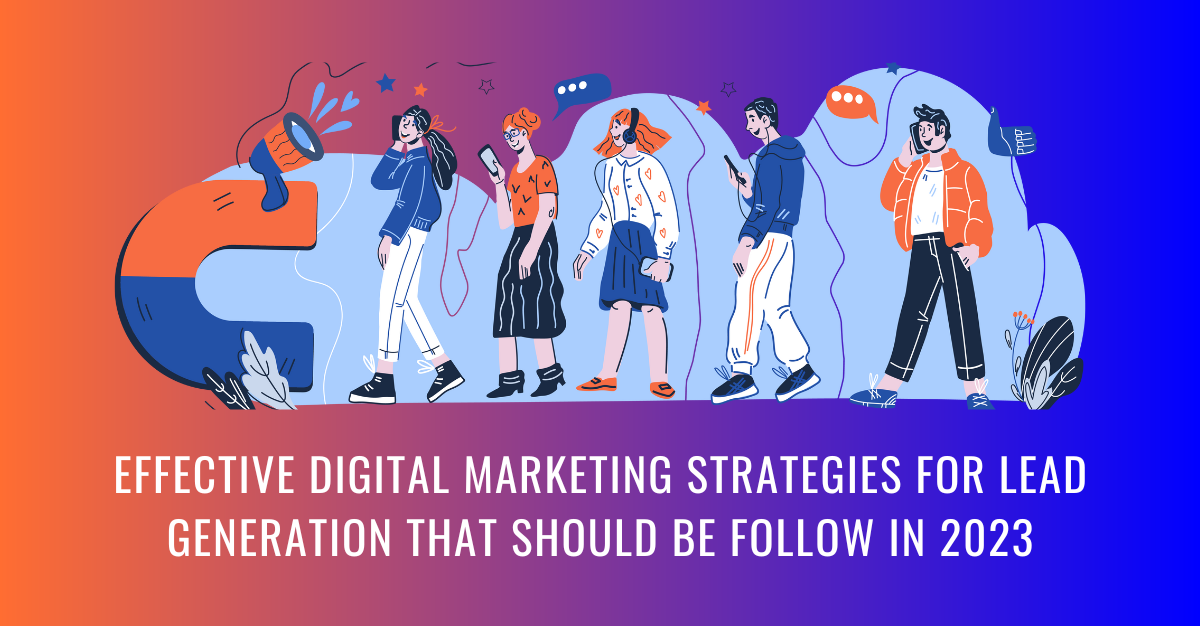
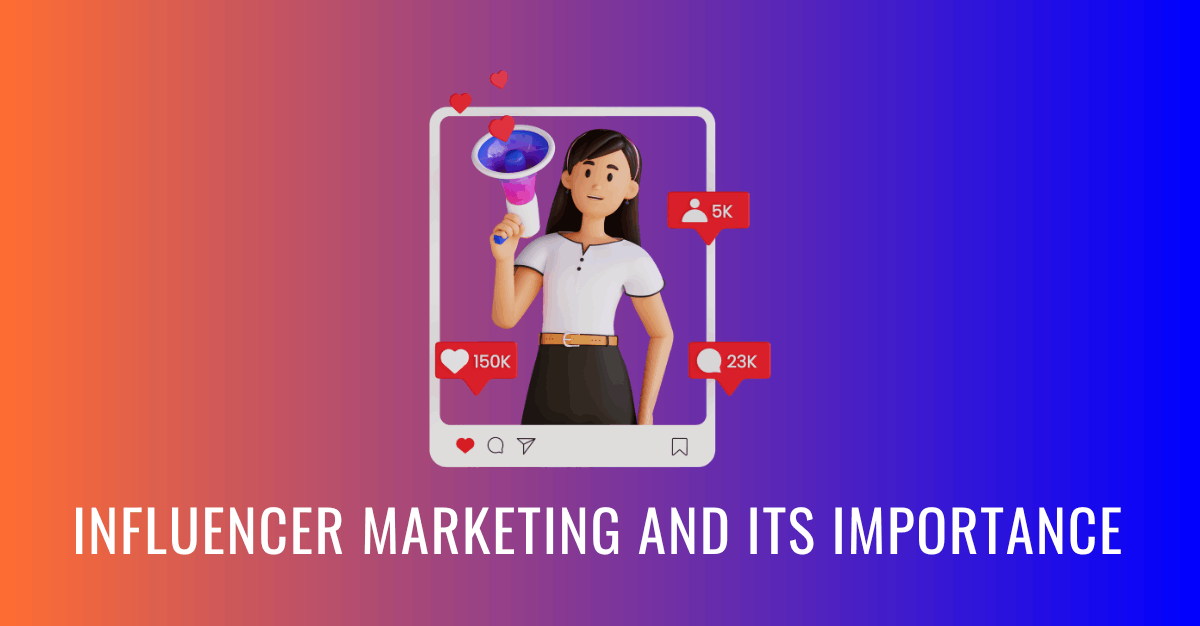
.png)

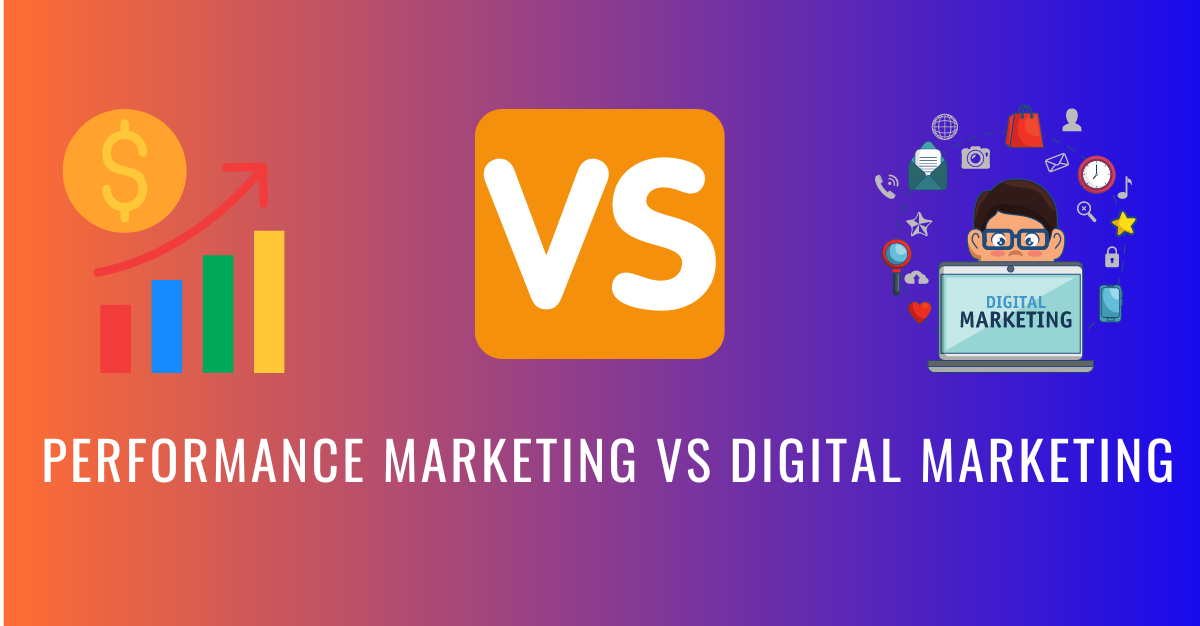
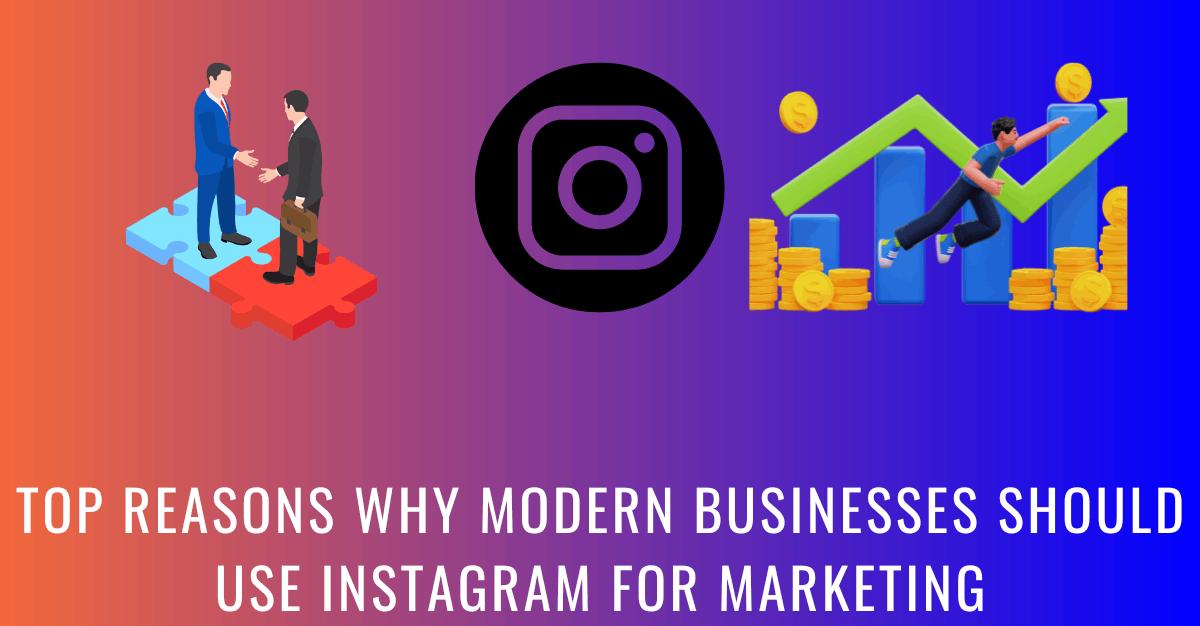
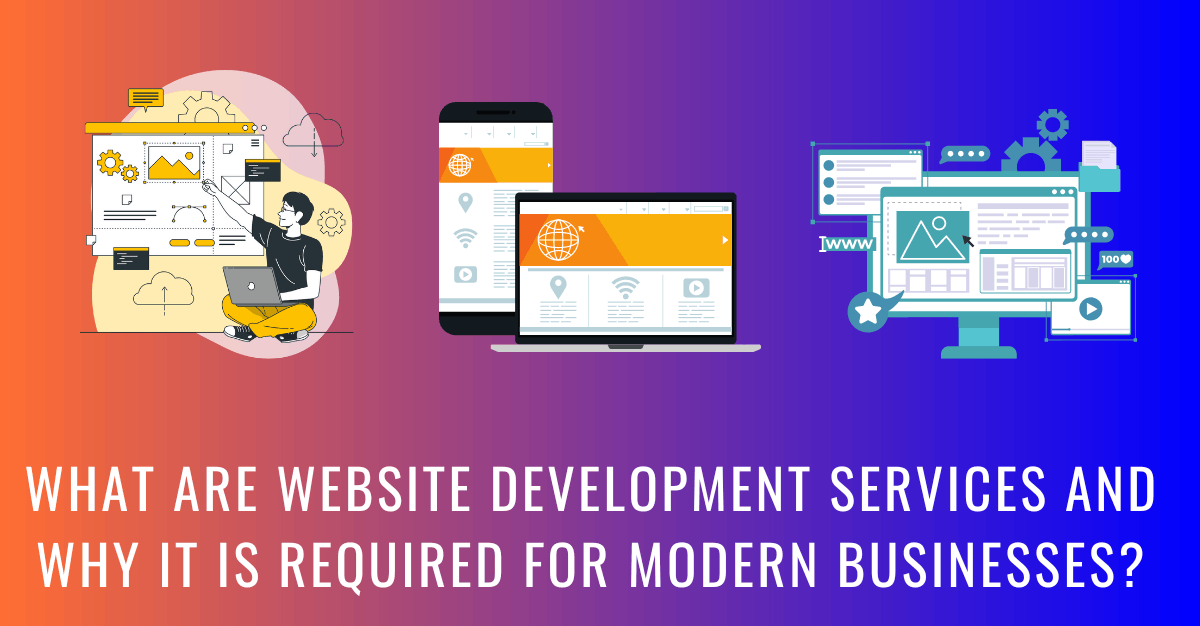
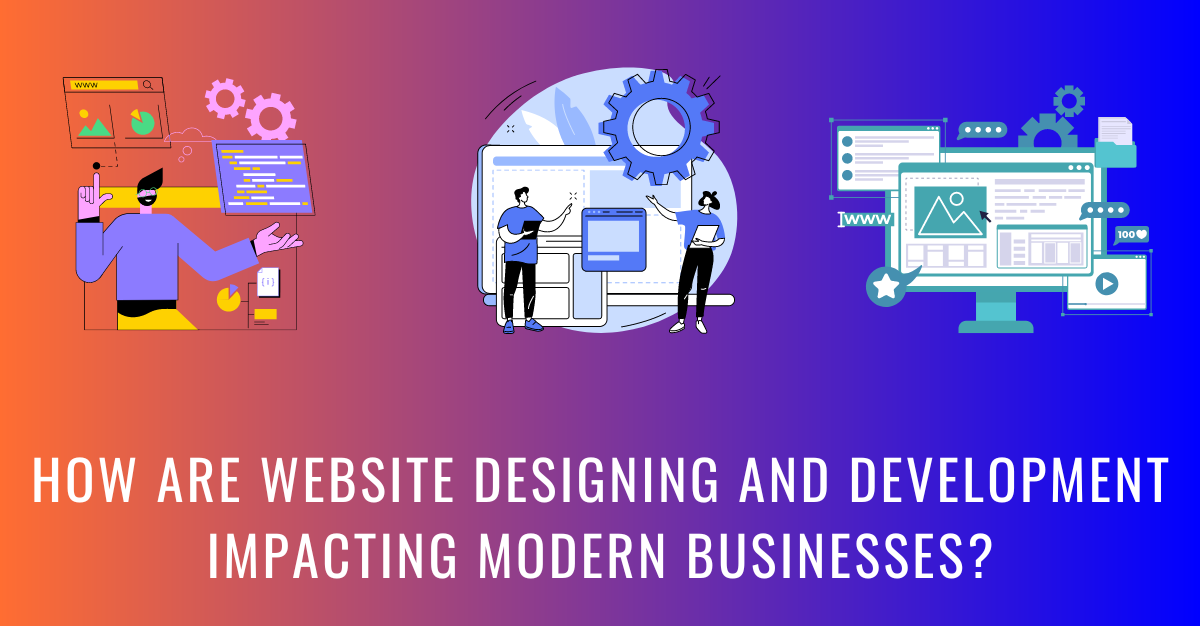

.png)
.png)

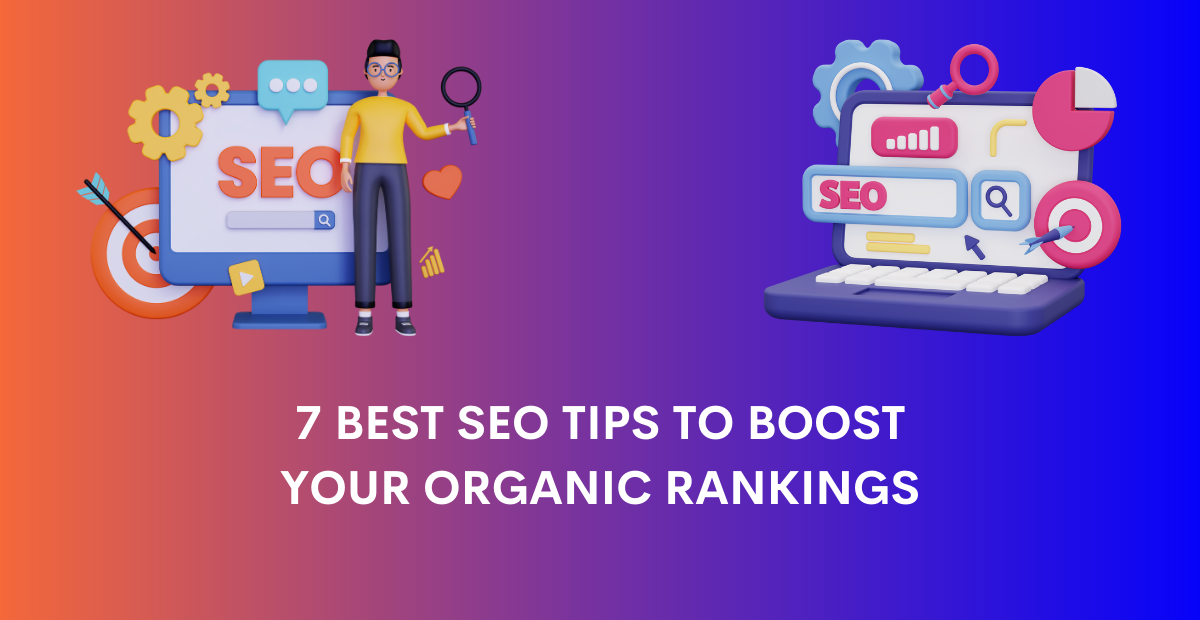
.png)
.png)
.png)
.png)
.png)
.png)
.png)

.png)
.png)
.png)
.png)
.png)
.png)
.png)
.png)
.png)
.png)
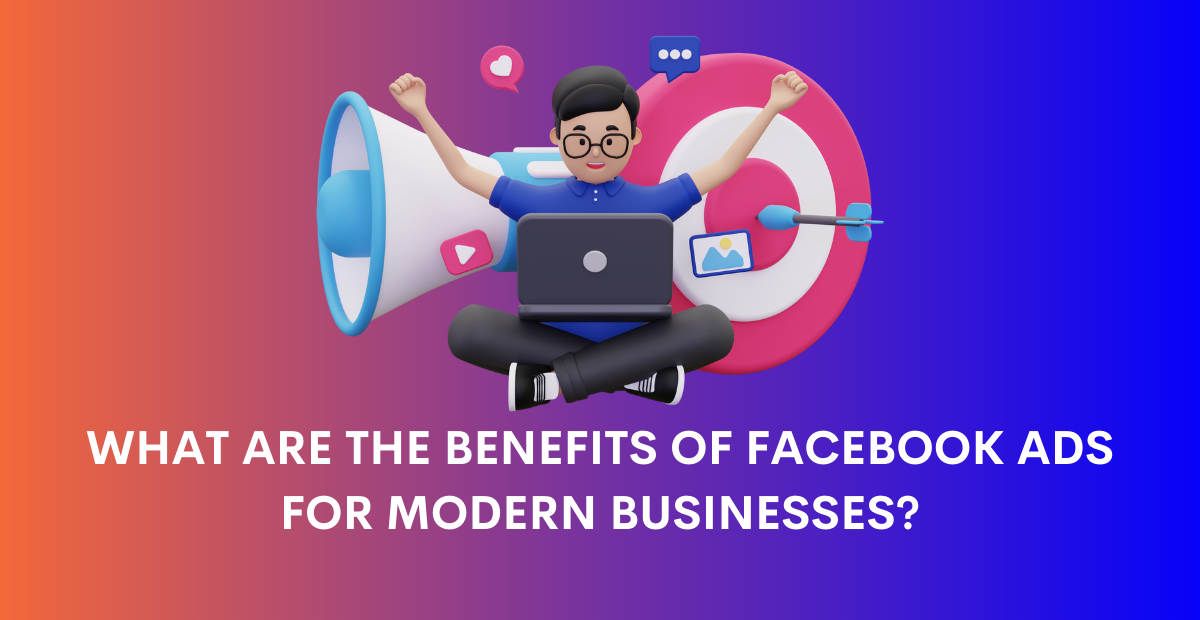
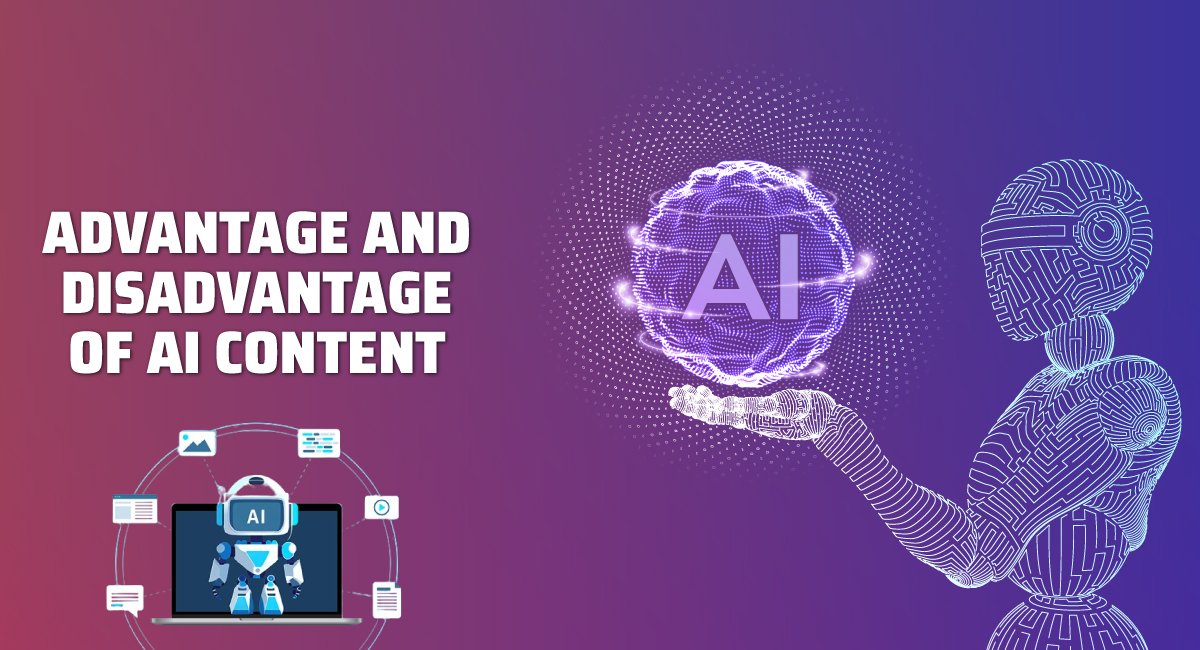
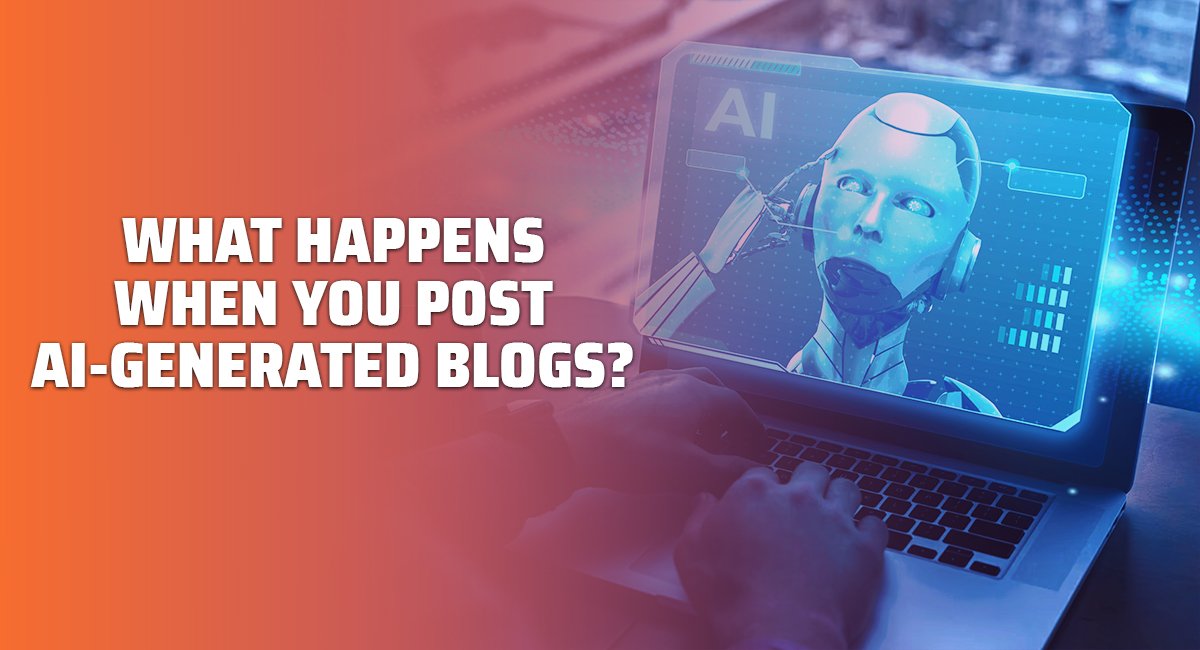
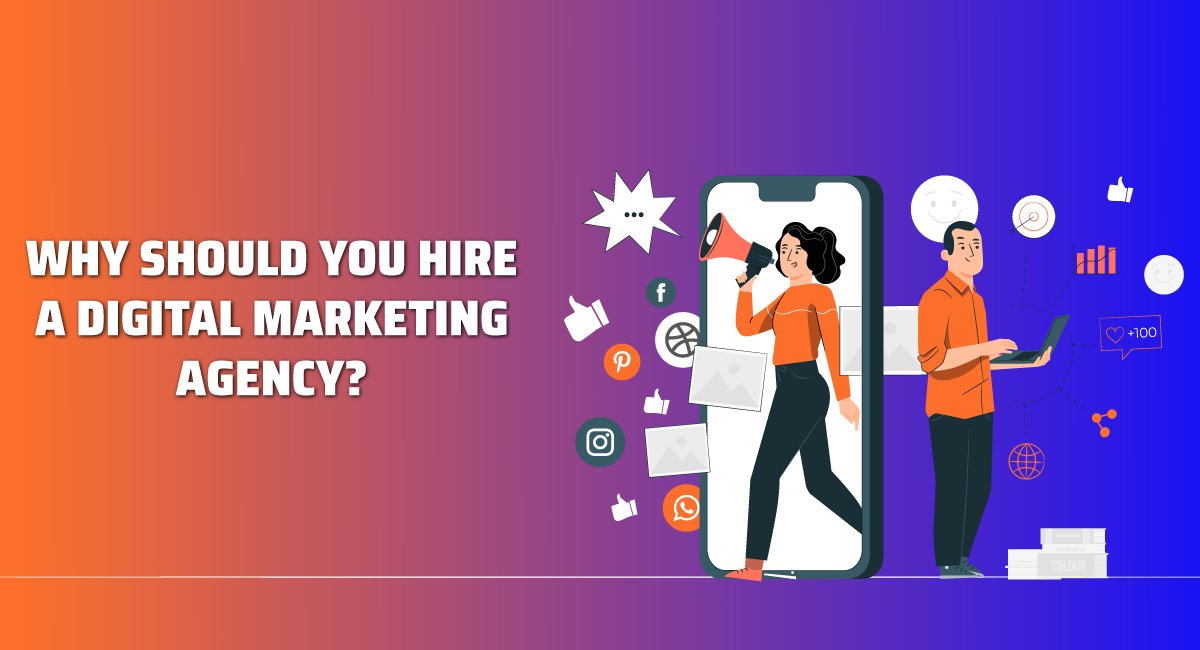
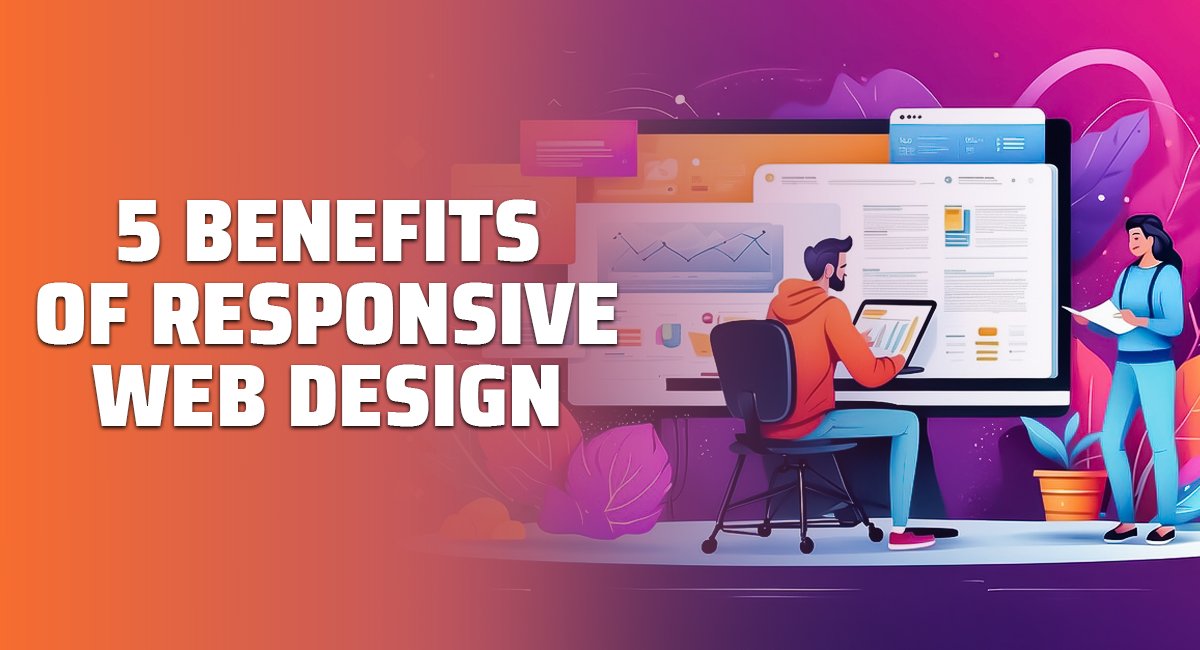
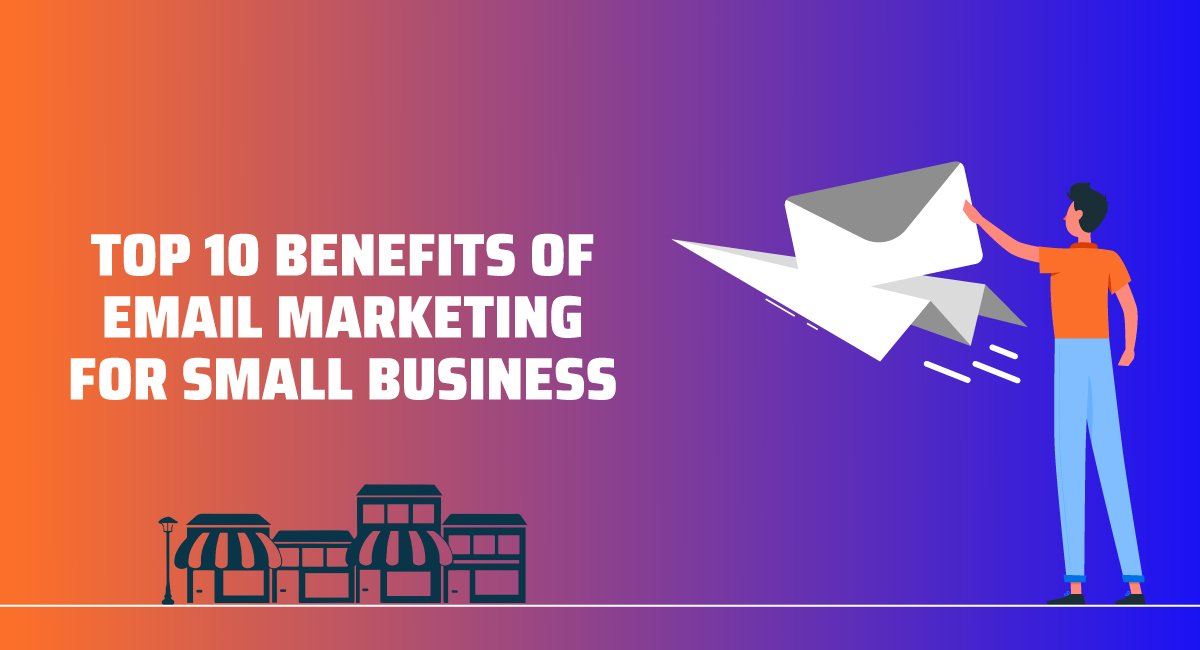

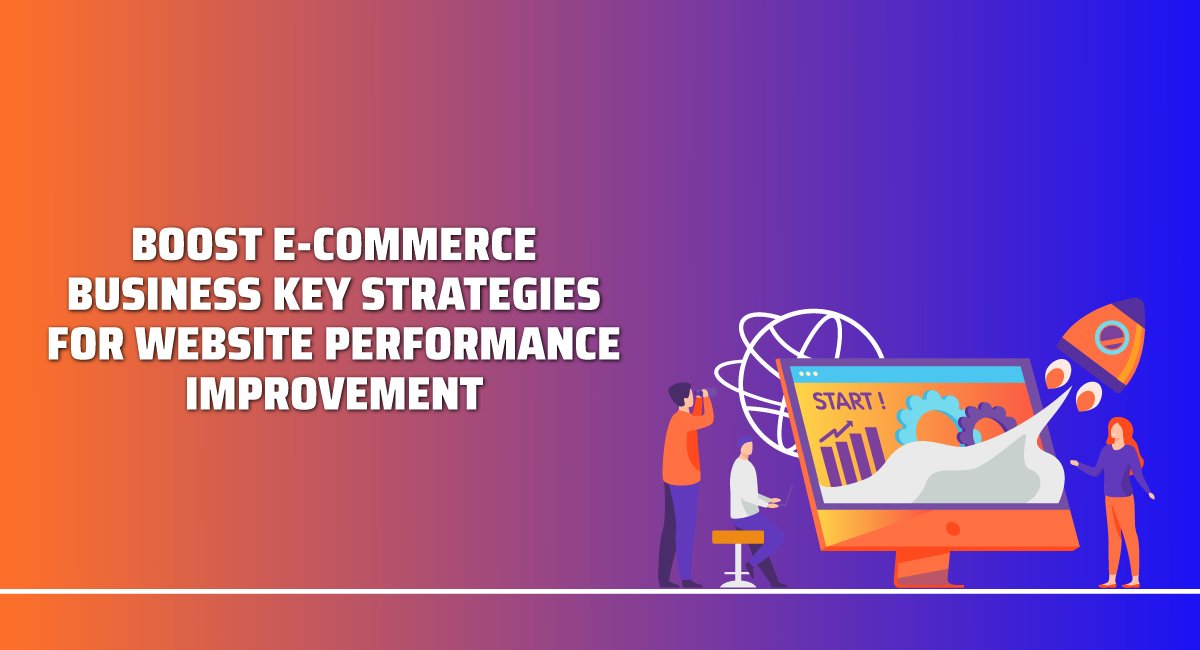
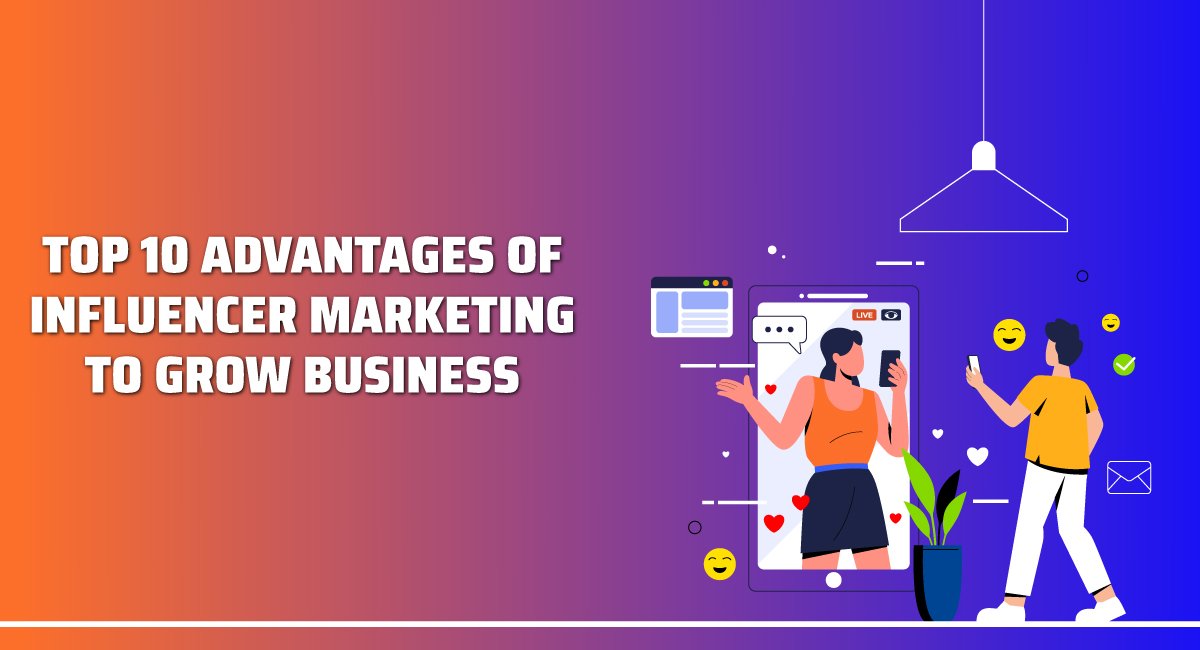
.jpg)

